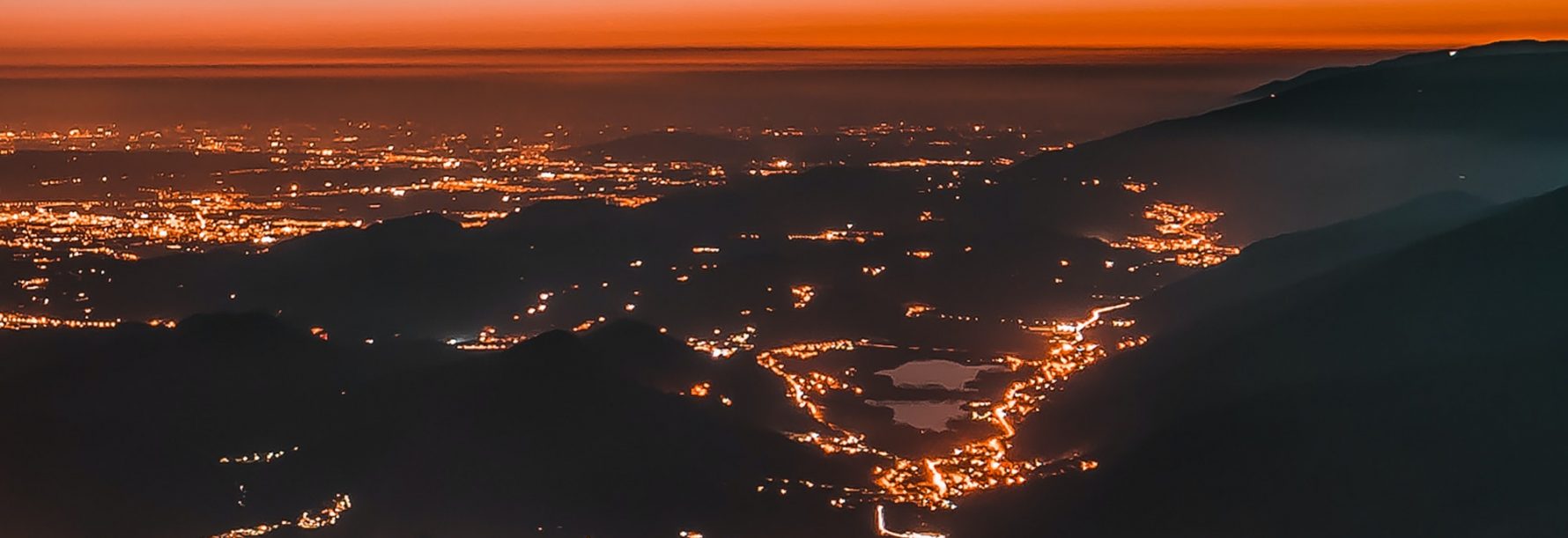
A
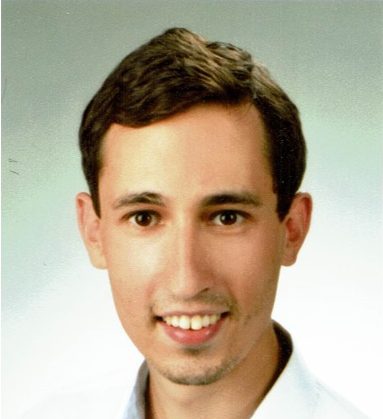
Paul Adamski
University of Groningen

Paul Adamski
University of Groningen
Networks:
Fields of interest:
I work on broadening the chemistry of synthetic self-replicating molecules and towards achieving Darwinian evolution in chemical systems. Furthermore, I work on the compartmentalization of self-replicating molecules.
B
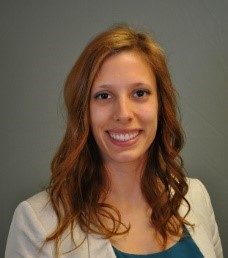
Meagan Beatty
University of Groningen

Meagan Beatty
University of Groningen
Networks:
Fields of interest:
We are interested in exploring the emergence of catalysis by creating synthetic protein-like architectures from simple building blocks in aqueous medium.
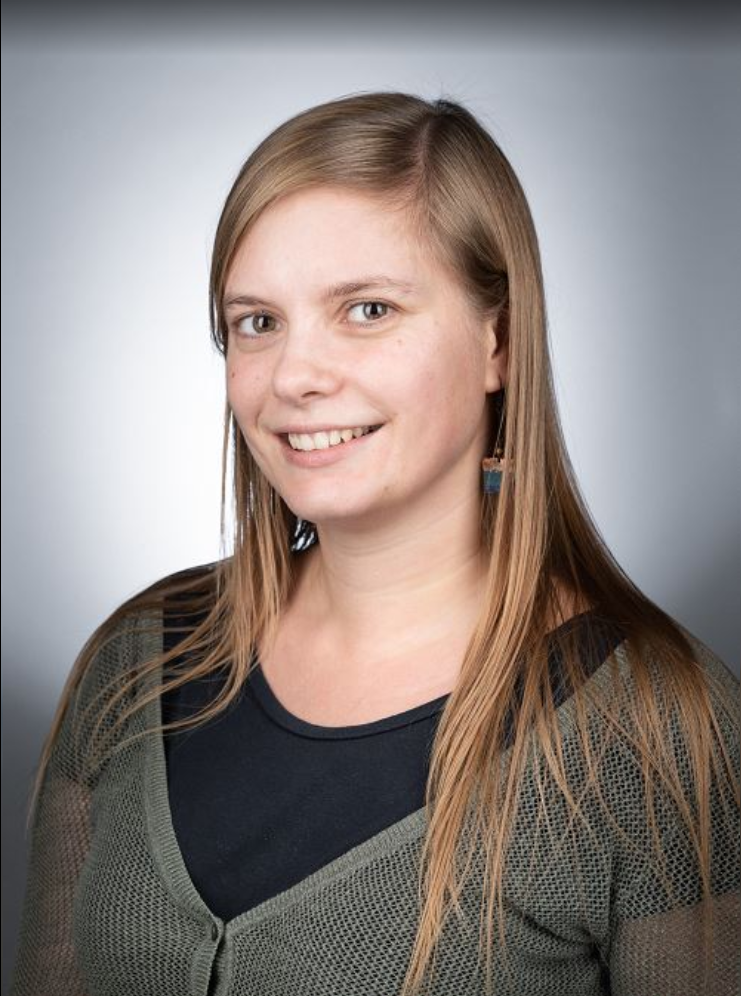
Karen Bisschop
University of Amsterdam, Origins Center

Karen Bisschop
University of Amsterdam, Origins Center
Networks:
Fields of interest:
The common thread of my research is the impact of the spatial and community context on adaptation. I performed evolutionary experiments with an arthropod herbivore species (Tetranychus urticae) to test its adaptation to novel host plants under different conditions. I am also intrigued by the microbiota living inside multicellular hosts and this led me to perform both field and lab work to further investigate correlations between hosts, their diet and microbiome, and how these are affected by environmental factors. Currently, I am involved in the 'Predicting Evolution' project to test how robust and predictable evolutionary results are across different institutes in The Netherlands and Belgium using Caenorhabditis elegans as a model species.
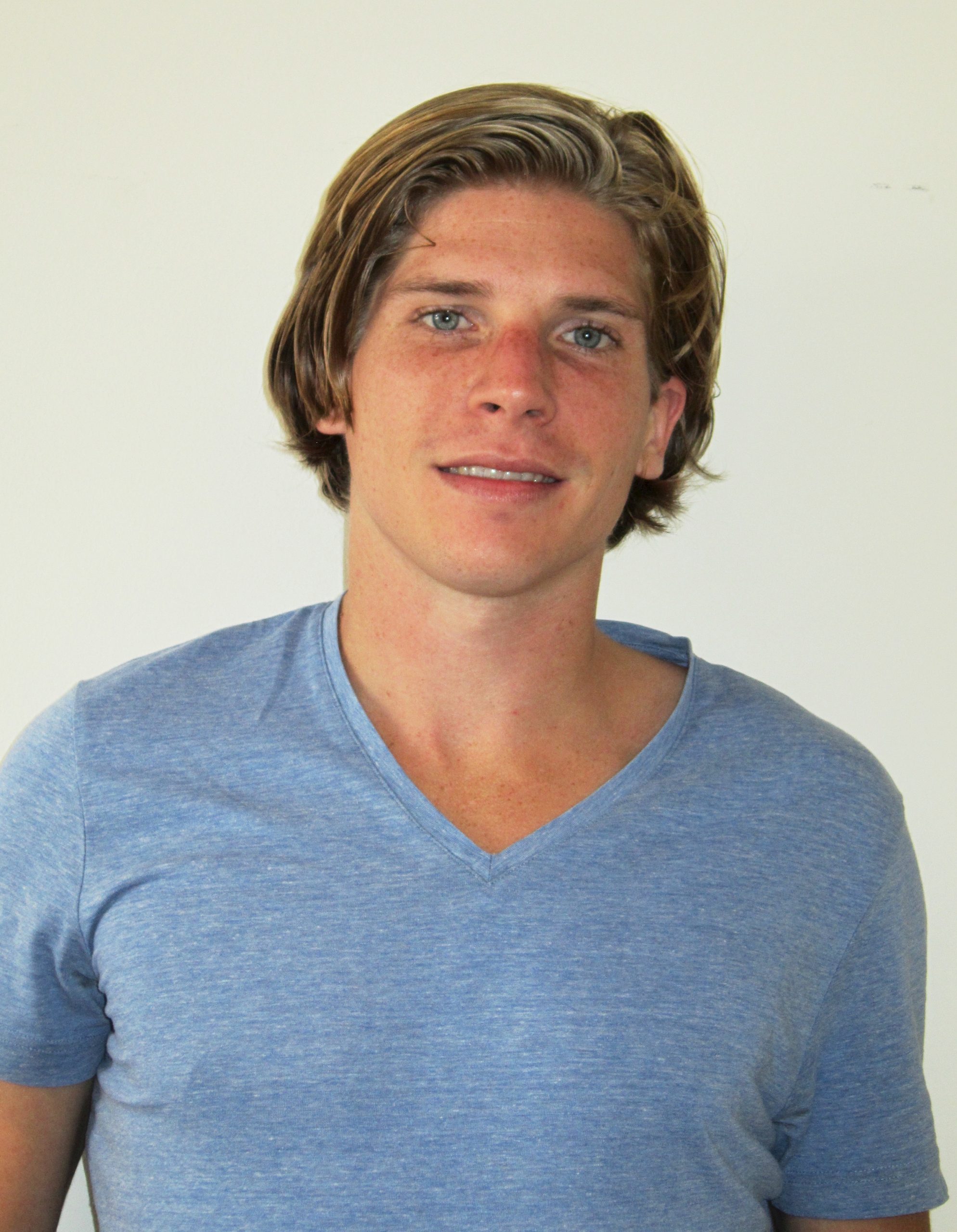
Thomas Blankers
University of Amsterdam, Origins Center

Thomas Blankers
University of Amsterdam, Origins Center
Networks:
Fields of interest:
I work on the predictability of genetic adaptation during evolution. We have introduced the nematode Caenorhabditis elegans, a universal model species in biology, to a novel bacterial food source and observed how C. elegans growth rates adapt to this novel environmental challenge. My role is to analyze the genomes of these nematodes before and after adaptation to find the genetic underpinnings and explore the factors that determine the extent to which genetic adaptation is predictable.

Christopher Boettner
University of Groningen

Christopher Boettner
University of Groningen
Networks:
Fields of interest:
I am a PhD student in astrophysics/-biology at the University of Groningen. I work on modelling the habitability of galaxies and the emergence of life on galactic spatial and temporal scales.
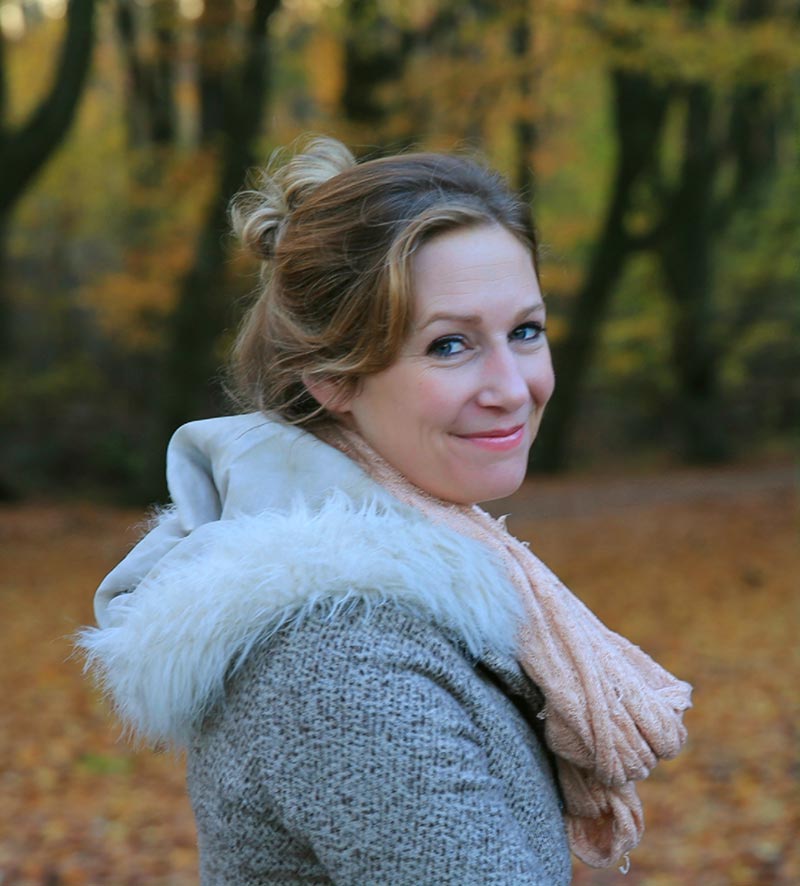
Mirte Bosse
Wageningen University & Research

Mirte Bosse
Wageningen University & Research
Networks:
Fields of interest:
I have an expertise in population and conservation genomics in wildlife and livestock. I am interested in how genetic variation arises, is maintained and lost in animal populations, and how this variation can be used for conservation.
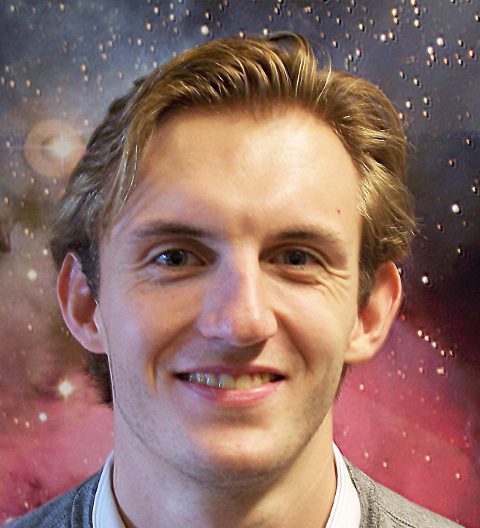
Christiaan van Buchem
Leiden University

Christiaan van Buchem
Leiden University
Networks:
Fields of interest:
Recently started a PhD aimed at looking into the surface atmosphere interactions of lava planets. The end goal is to find observables in the atmospheres of these planets that could provide information about the composition of the planet itself. In the context of the origins of life, this could help us understand the early evolution of the earth (and earth analogs) and what early conditions are necessary in order to produce the environment that we see on the earth today.
C
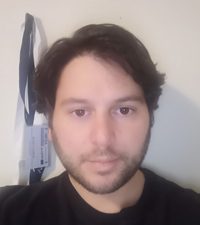
Dario Campisi
Leiden University

Dario Campisi
Leiden University
Networks:
Fields of interest:
I am quantum chemical methods using density functional theory (DFT) to explore the formation of extraterrestrial complex organic molecules (COMs) from polycyclic aromatic hydrocarbons (PAHs) in interstellar medium. These COMs are responsable for the emergence of life on earth.
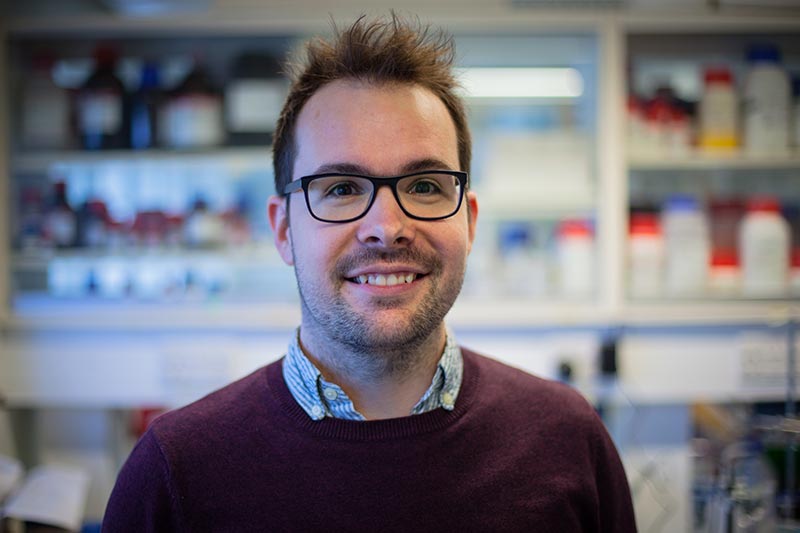
Eloi Camprubi
Utrecht University, Origins Center

Eloi Camprubi
Utrecht University, Origins Center
Networks:
Fields of interest:
I work in understanding how and why chemical networks display life-like properties and in revealing under which conditions these transitions are promoted. I aim to be involved in the design of space exploration missions targeting the water-rich planetary bodies of the Solar System.
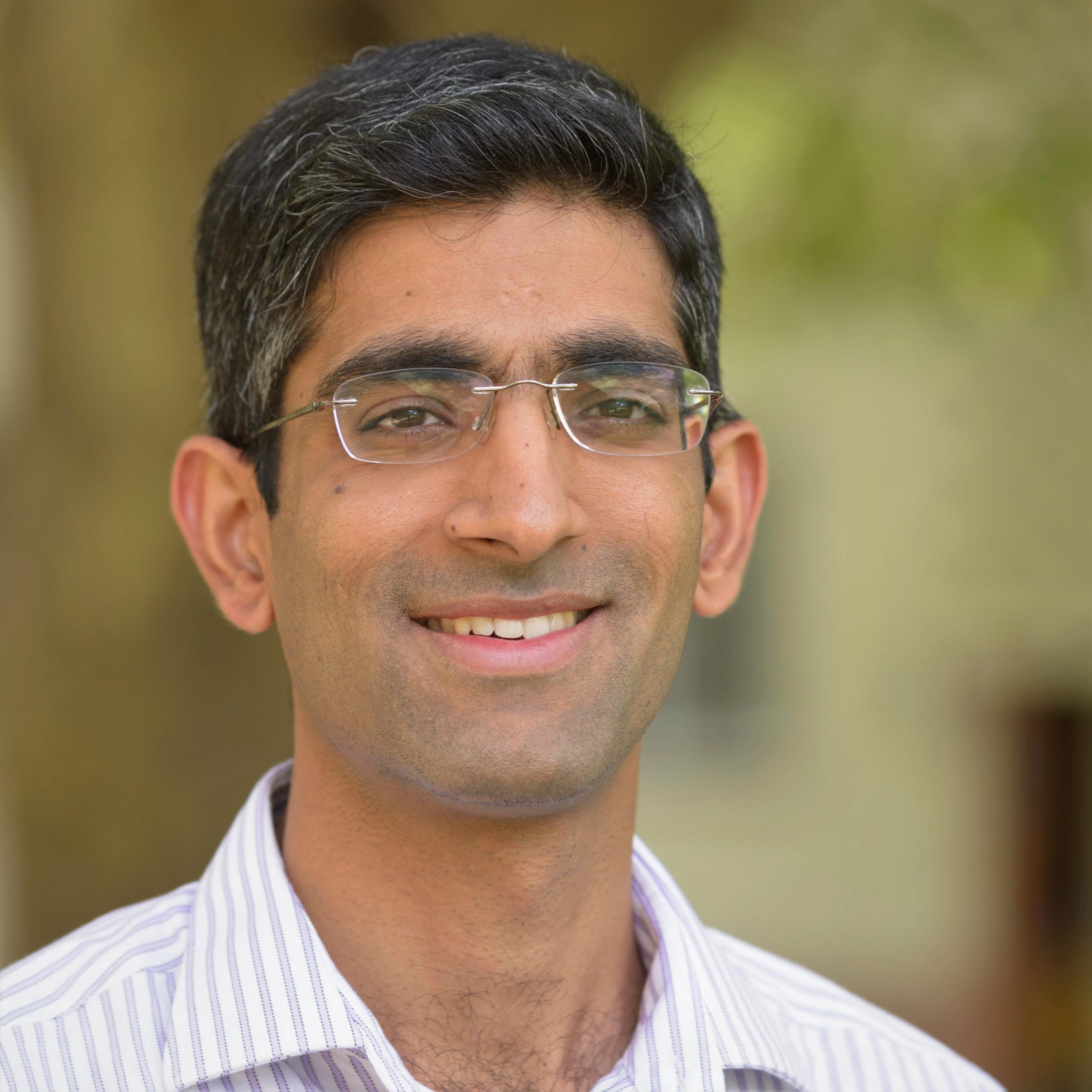
Adi Chopra
University of Groningen

Adi Chopra
University of Groningen
Networks:
Fields of interest:
I have recently embarked on research that uses time-series observations of the Earth from low Earth Orbit to understand how life may detectable on exoplanets using future telescopes. I am also interested in understanding planetary habitability, and the role of biological regulation in maintaining a liquid water inventory on rocky planets over billions of years.
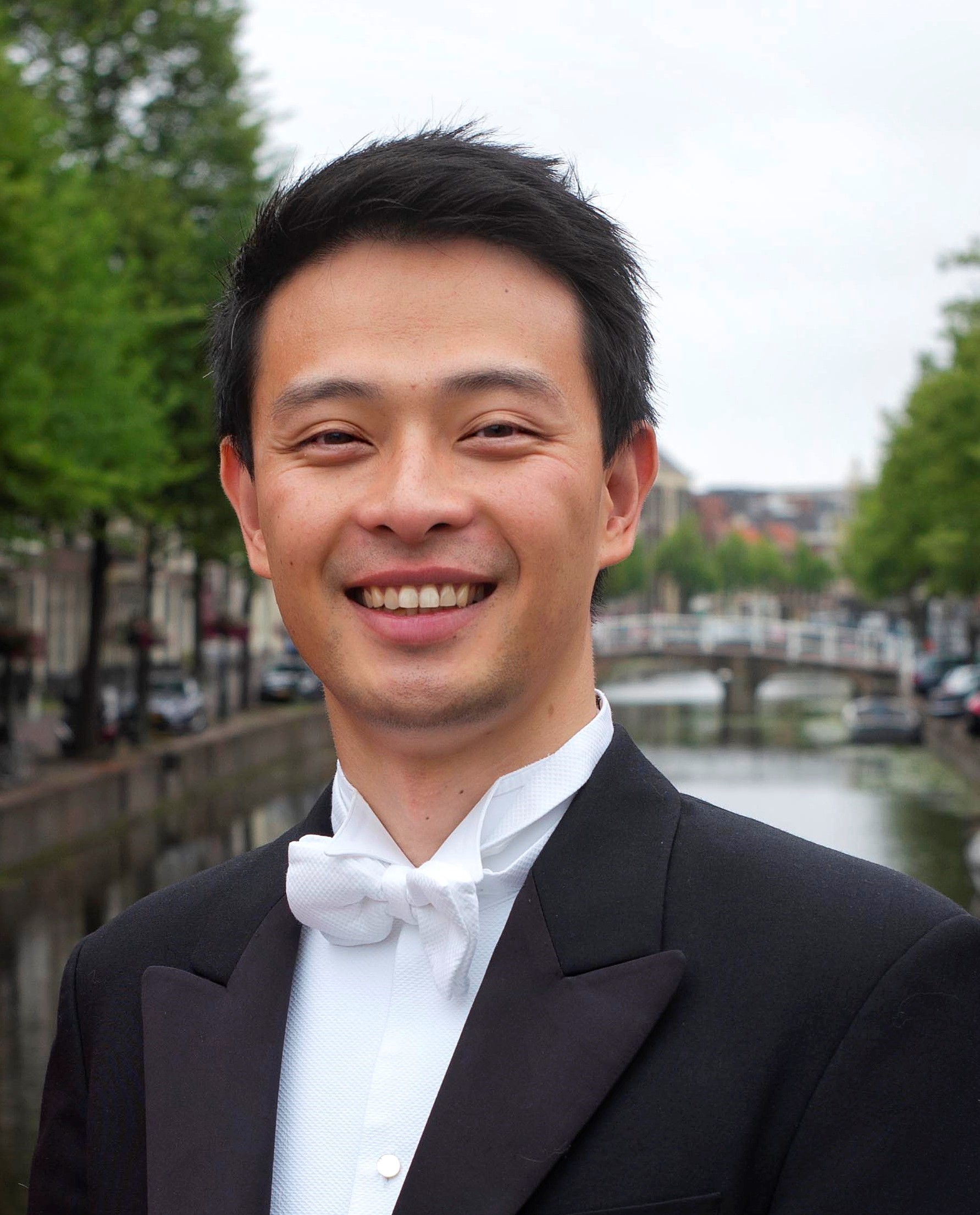
Ko-Ju Chuang
Leiden University

Ko-Ju Chuang
Leiden University
Networks:
Fields of interest:
I work on the extraterrestrial formation of volatile and organic molecules under inter- and circumstellar conditions. A laboratory approach is applied to obtain the spectroscopy and physicochemical evolution of the interstellar ice on dust grains (both siliceous and carbonaceous) that have been subjected to non-energetic (such as thermal atoms) and energetic (such as UV and X-ray) processing. My ultimate goal is to gain insight into how simple interstellar molecules evolve into complex organic molecules (COMs) that may serve as the foundation for life.
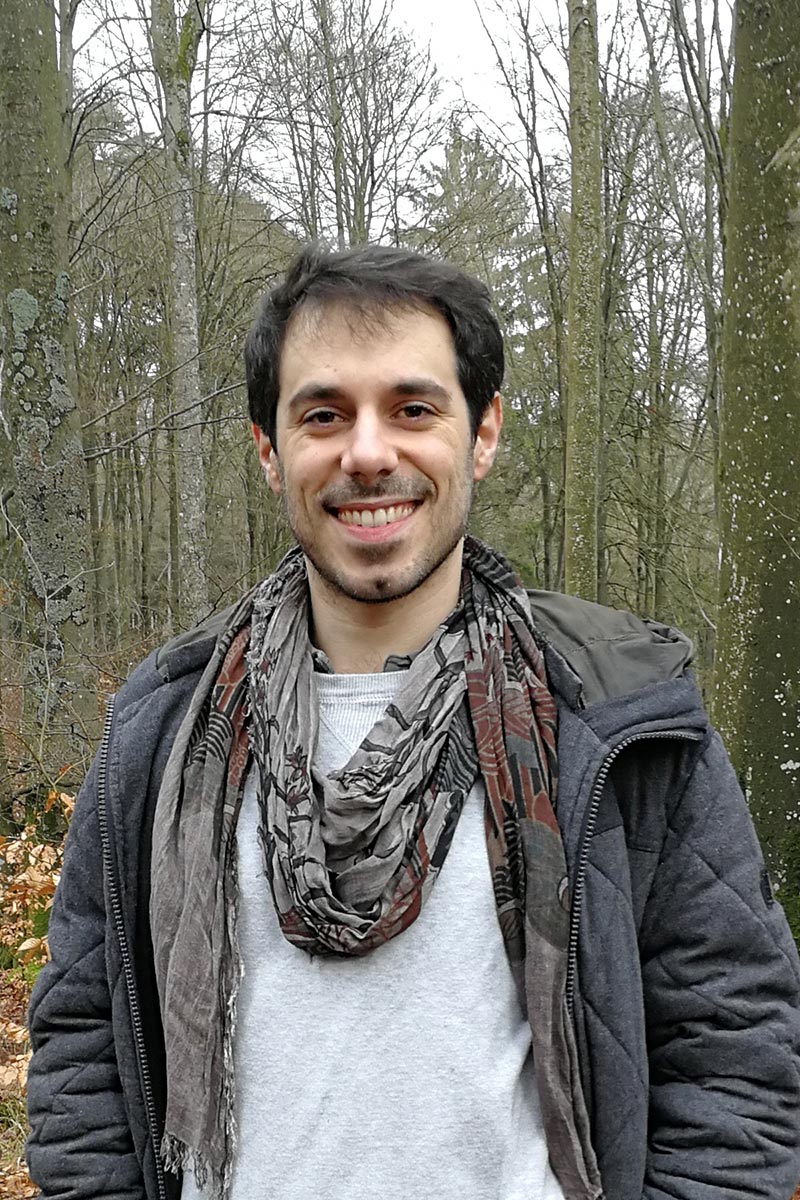
Enrico Sandro Colizzi
Origins Centre, Leiden University

Enrico Sandro Colizzi
Origins Centre, Leiden University
Networks:
Fields of interest:
I work on understanding how higher levels of biological organisation originate from - and feed back to - lower-level components, and how these multilevel systems evolve. I am currently focusing on three topics: how genetic elements in the RNA world evolve into cellular life; the co-evolution of ecological dynamics and genome structure; and the evolution of multicellularity.
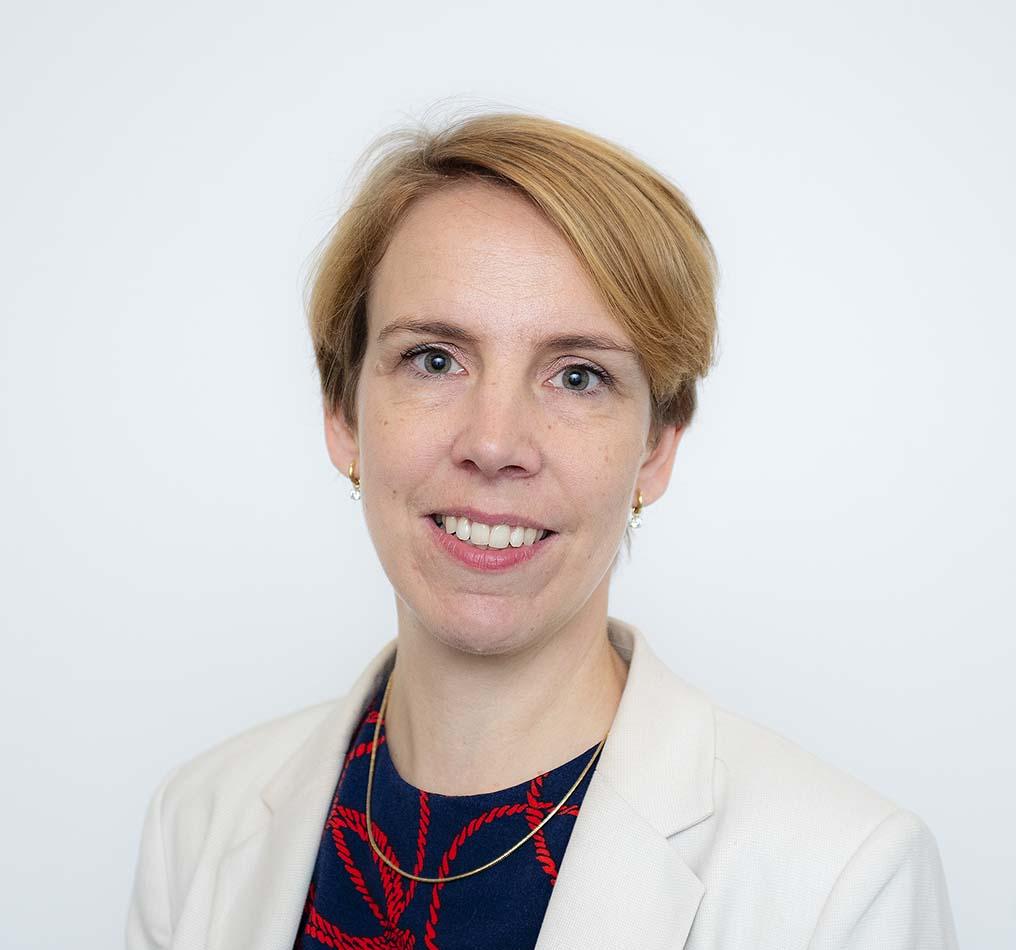
Herma Cuppen
Radboud University, University of Amsterdam

Herma Cuppen
Radboud University, University of Amsterdam
Networks:
Fields of interest:
I focus on the formation of molecules during the stages of star- and planet formation. This will give us a better understanding of the chemical inventory of early Earth and other terrestrial planets. I develop models for the evolution of ices that can cover astronomical timescale while still preserving chemical accuracy.
D
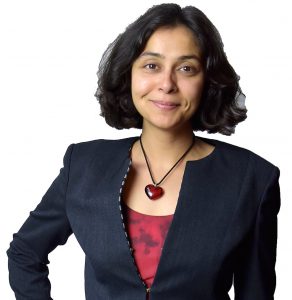
Pratika Dayal
University of Groningen

Pratika Dayal
University of Groningen
Networks:
Fields of interest:
- modelling the habitability of the Milky Way through time
- which is the most habitable type of galaxy in the local Universe
- modelling the habitability of the Universe as an ensemble through time
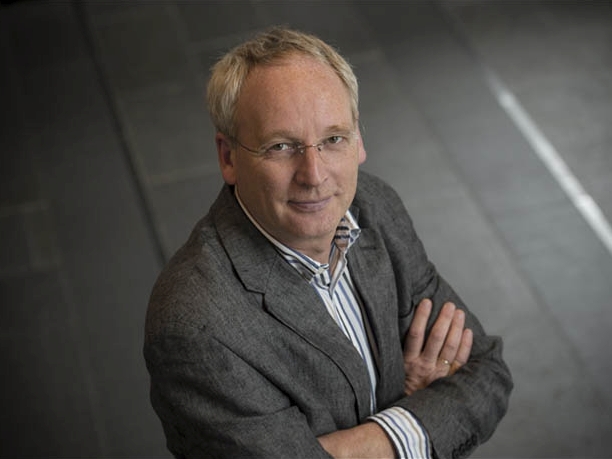
Carsten Dominik
University of Amsterdam

Carsten Dominik
University of Amsterdam
Networks:
Fields of interest:
I work on protoplanetatry disks, the chemical composition of planets forming in these disks, and on the structure and evolution of planets.
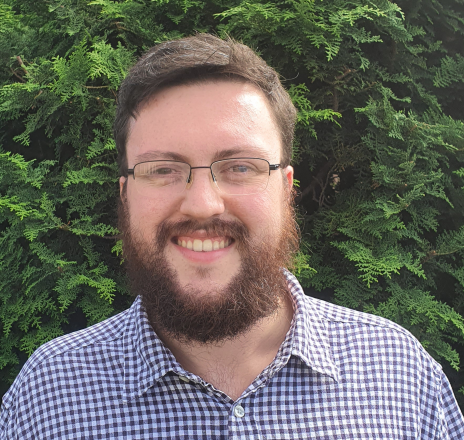
Mark Driver
University of Groningen

Mark Driver
University of Groningen
Networks:
Fields of interest:
I aim to explore the role of RNA-protein interactions in molecular life and health in my new fellowship. This is by developing computational approaches to model large molecular systems with coarse grained molecular dynamics (CGMD). Applications of the CGMD model are directed towards understanding the role of RNA-protein interactions in liquid liquid phase separation as well as nuclear export of RNA, but modelling of other processes, like chromatin dynamics and

Maarten Droste
VU Amsterdam

Maarten Droste
VU Amsterdam
Networks:
Fields of interest:
I work on mathematical models that describe optimal choices for metabolic strategies by single-celled organisms. In these models, I include both the extracellular environment and intracellular constraints. In this way, I try to build a mathematical framework to analyze organizational principles and key determinants for cellular growth and the underlying regulation.
Johan Dubbeldam
Technische Universiteit Delft
Johan Dubbeldam
Technische Universiteit Delft
Networks:
Fields of interest:
Interested in adaptive networks and the role they play in the evolution of life.

Johan Dubbeldam
Delft University of Technology

Johan Dubbeldam
Delft University of Technology
Networks:
Fields of interest:
I work on multilayer networks applied to ecology and adaptive networks in general
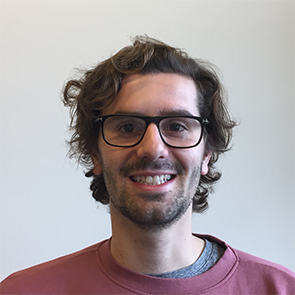
Sam von der Dunk
Utrecht University

Sam von der Dunk
Utrecht University
Networks:
Fields of interest:
I work on the evolution of cellular complexity (genome organization and gene regulatory networks) in prokaryotes. In the future I hope to study eukaryogenesis.
E
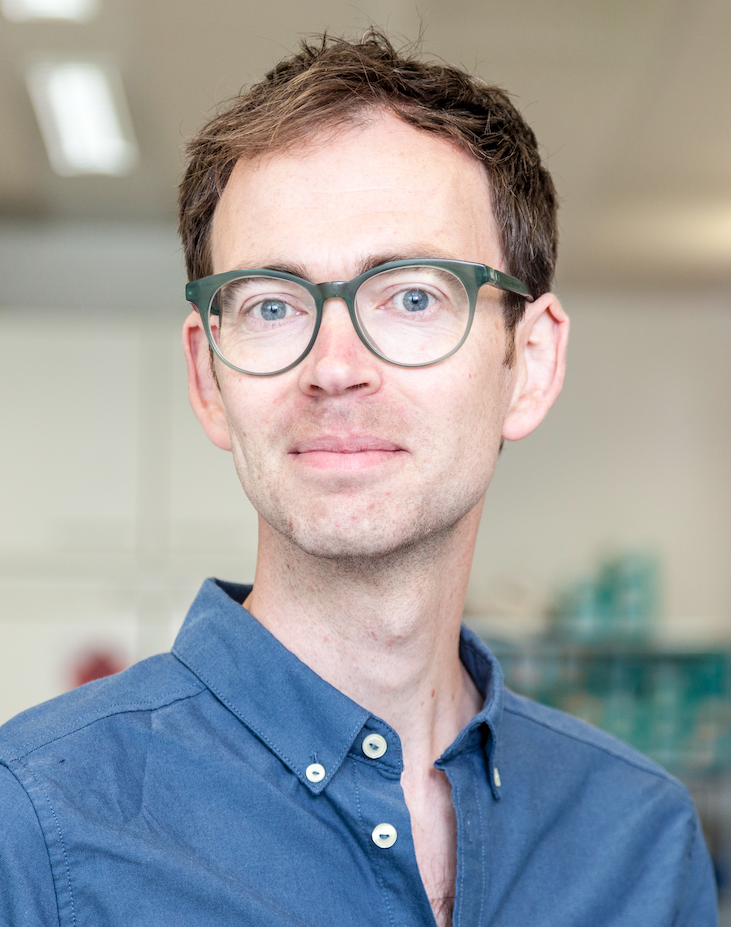
Rienk Eelkema
Delft University of Technology

Rienk Eelkema
Delft University of Technology
Networks:
Fields of interest:
I work on the design of out-of-equilibrium chemical reaction networks and their application for making interactive materials and imparting soft materials with life-like properties.
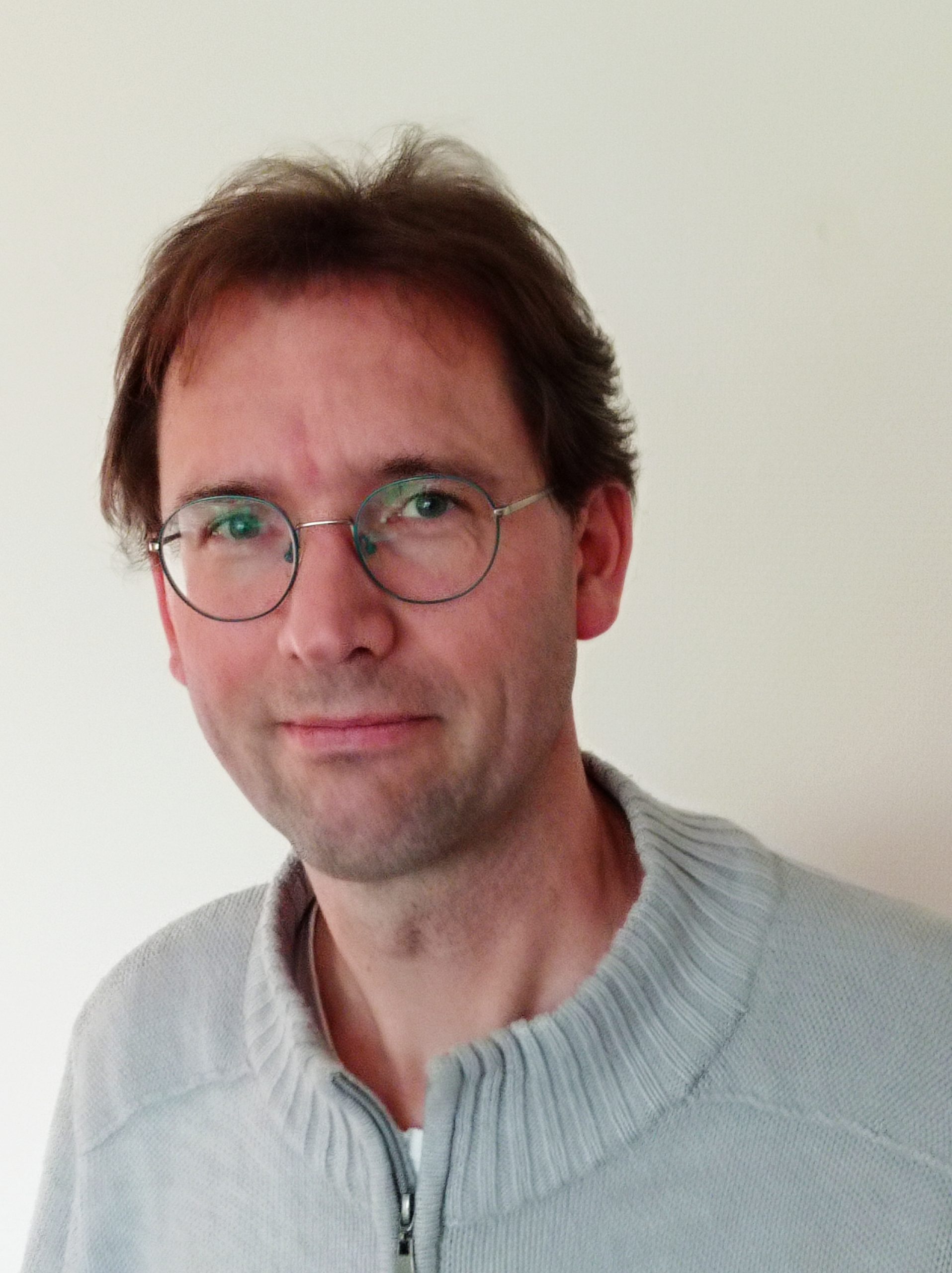
Rampal Etienne
University of Groningen

Rampal Etienne
University of Groningen
Networks:
Fields of interest:
How did current complex multicellullar life evolve? A key factor is division of labor. Can we recreate multicellullar life by studying the evolution of microbial populations and communities in the lab? What is the role of heterospecifics in the origin and maintenance of ecological communities?
F
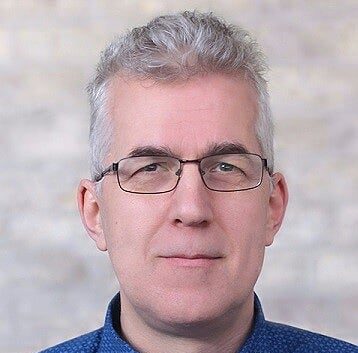
Marco Fraaije
University of Groningen

Marco Fraaije
University of Groningen
Networks:
Fields of interest:
In my research group we investigate cofactor-dependent enzymes. We the newly developed sequence-based approaches to reconstruct ancestral protein sequences, we have embarked on studies that should reveal how enzymes have evolved. Except for a better understanding on how enzyme properties (such as activity, stability and selectivity) can be tuned, we also try to trace how enzymes evolved to perform complex chemical reactions.
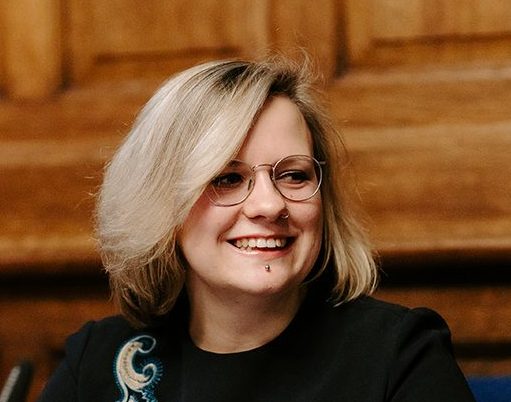
Kateryna Frantseva
University of Groningen

Kateryna Frantseva
University of Groningen
Networks:
Fields of interest:
My research focuses on the dynamics of small bodies in the Solar System. I am interested in understanding the role of asteroids and comets in delivering volatile material to planetary surfaces.
G
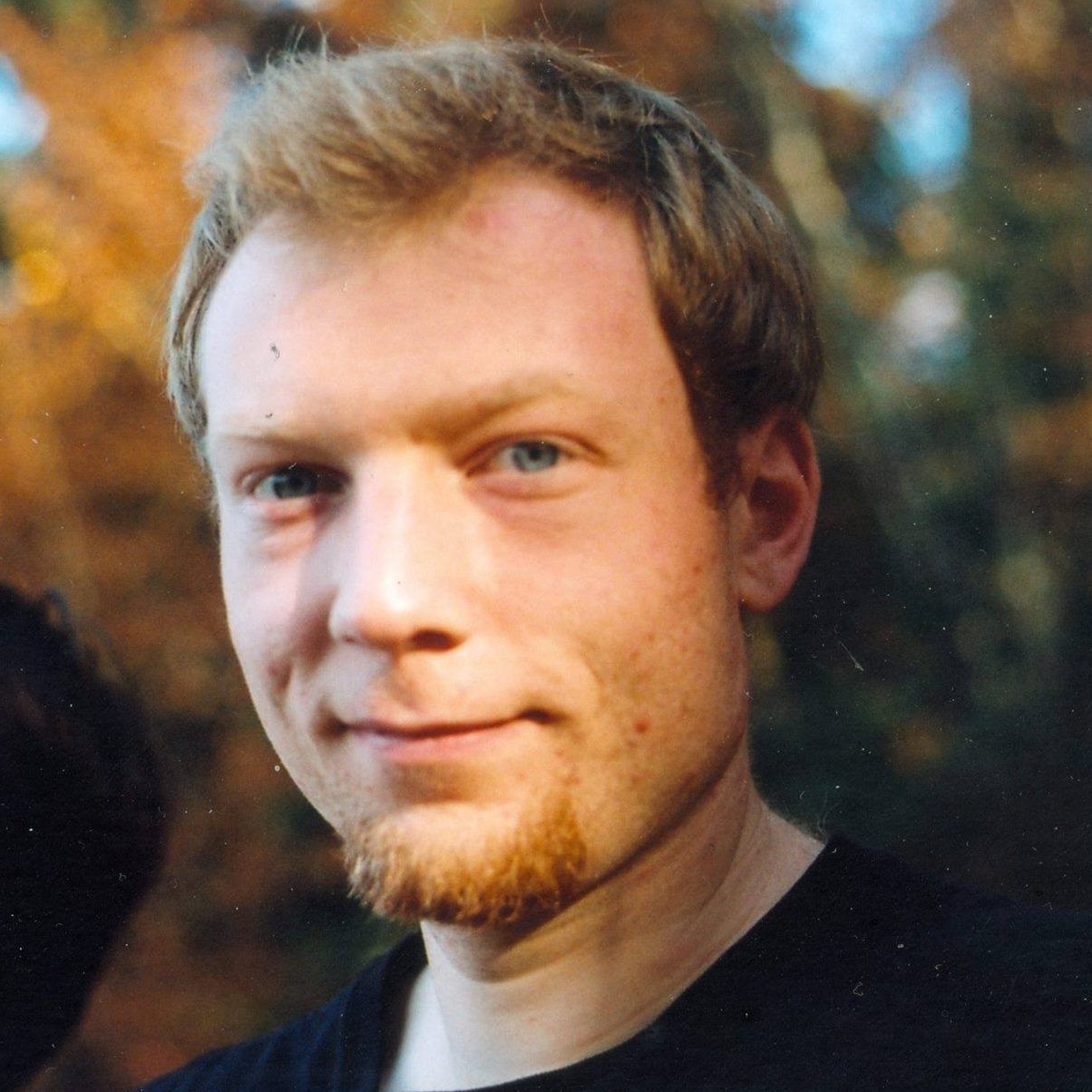
Yannick Geiger
University of Groningen

Yannick Geiger
University of Groningen
Networks:
Fields of interest:
- chiral self-sorting of supramolecular assemblies
- chiral symmetry breaking
- chirality in coupled processes (self-replication, metabolism...)
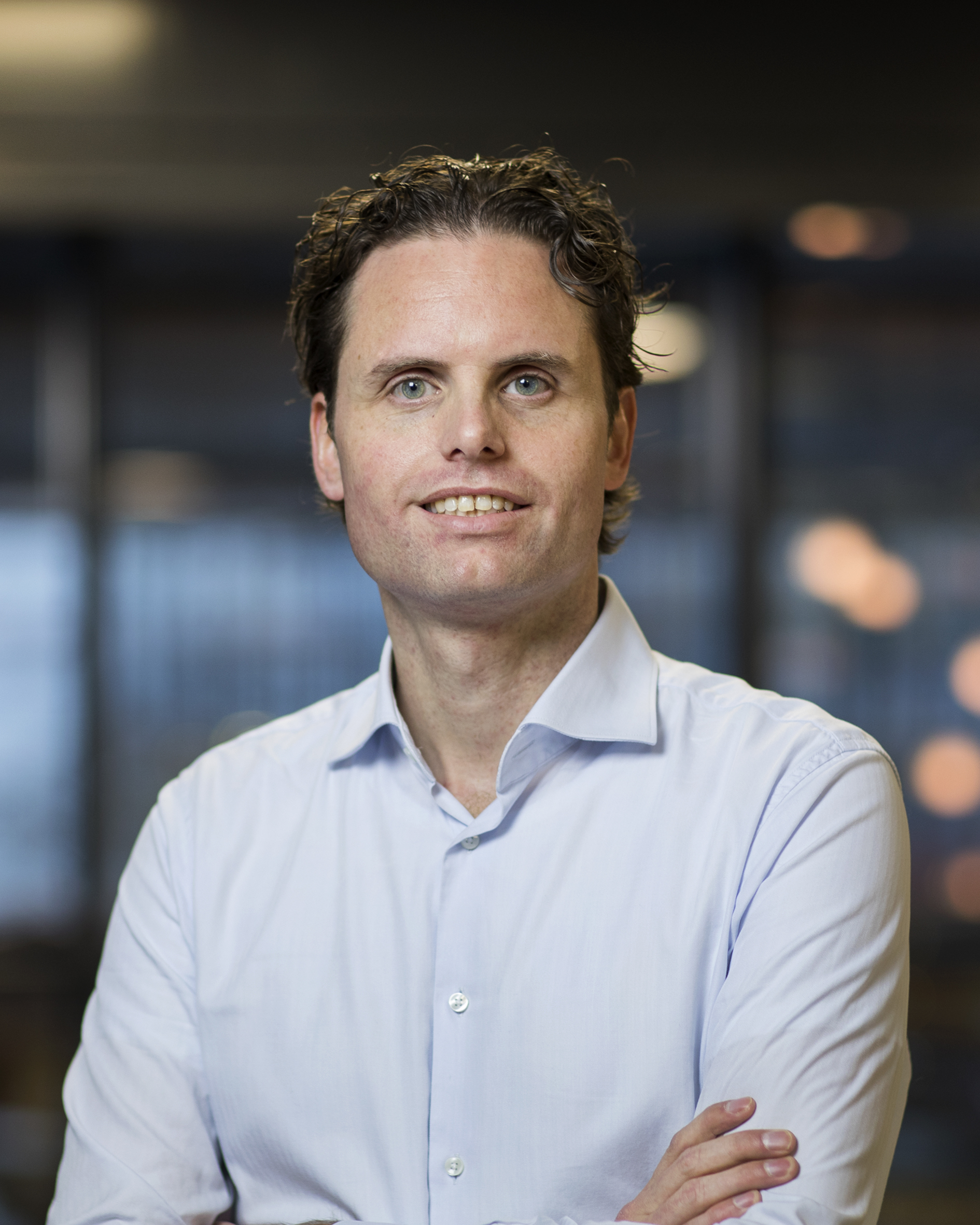
Tom de Greef
Eindhoven University of Technology

Tom de Greef
Eindhoven University of Technology
Networks:
Fields of interest:
Our work is directed at the bottom-up construction of basic cellular functions from well-characterized biological components, and the development of novel biological computing devices that can enhance signal-processing capabilities of natural and synthetic cells. This involves the design and construction of integrated genetic, protein or DNA-based circuits, either in a cell-free environment or in living cells, capable of autonomously performing useful functions. To achieve this goal, a multidisciplinary approach is employed that combines elements from DNA/RNA nanotechnology, genetic engineering, microengineering and the modelling and simulation of biomolecular networks.
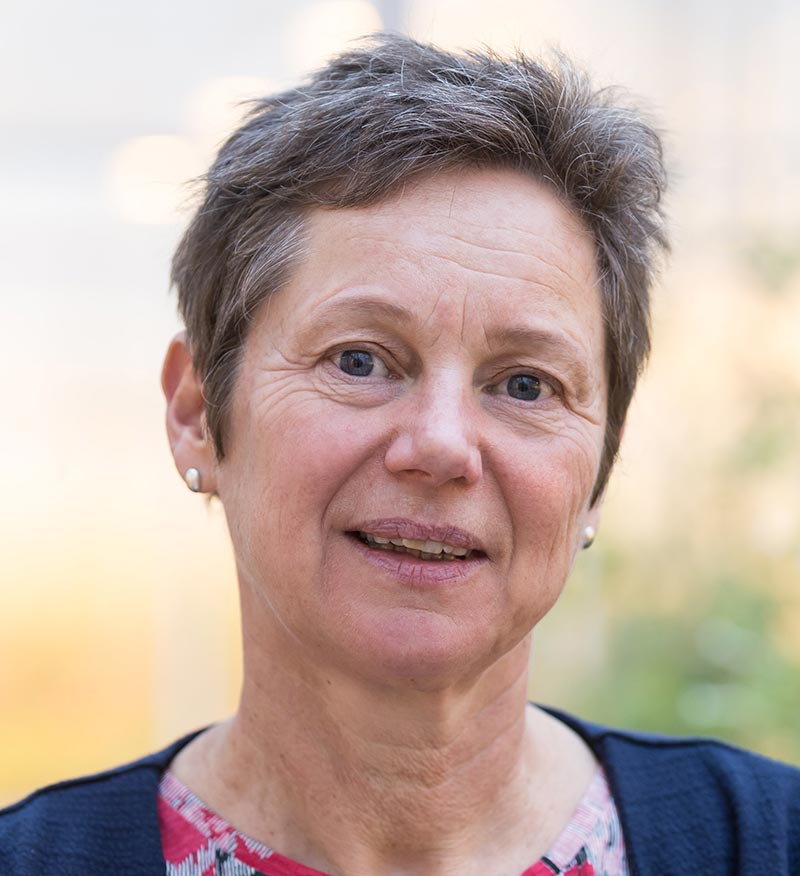
Astrid T. Groot
University of Amsterdam

Astrid T. Groot
University of Amsterdam
Networks:
Fields of interest:
Our research focuses on the evolution of sexual attraction in relation to speciation, and how our knowledge on evolutionary processes can help to predict evolution. We use model (C. elegans) and non-model (Lepidoptera) organisms, with which we conduct field and lab experiments, as well as quantitative and population genetic analyses.
H

Joydev Hatai
University of Groningen

Joydev Hatai
University of Groningen
Networks:
Fields of interest:
We are working to develop optical methods to study the Darwinian evolution of self-replicating molecules within a small volume (e.g. Artificial Organelles).
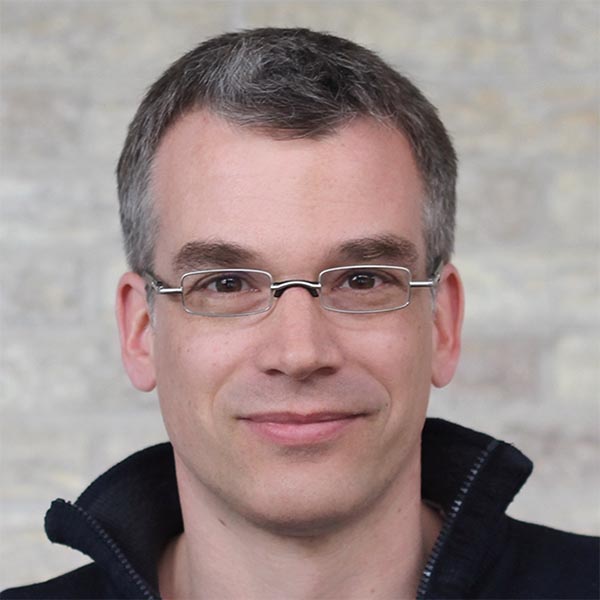
Matthias Heinemann
University of Groningen

Matthias Heinemann
University of Groningen
Networks:
Fields of interest:
More than 1000 different chemical reactions in cells convert food molecules into the building blocks for new cells and energy. We found that this network oscillates in an autonomous manner. We would like to find out whether these oscillations are an early coordinator of the cell growth and division process.
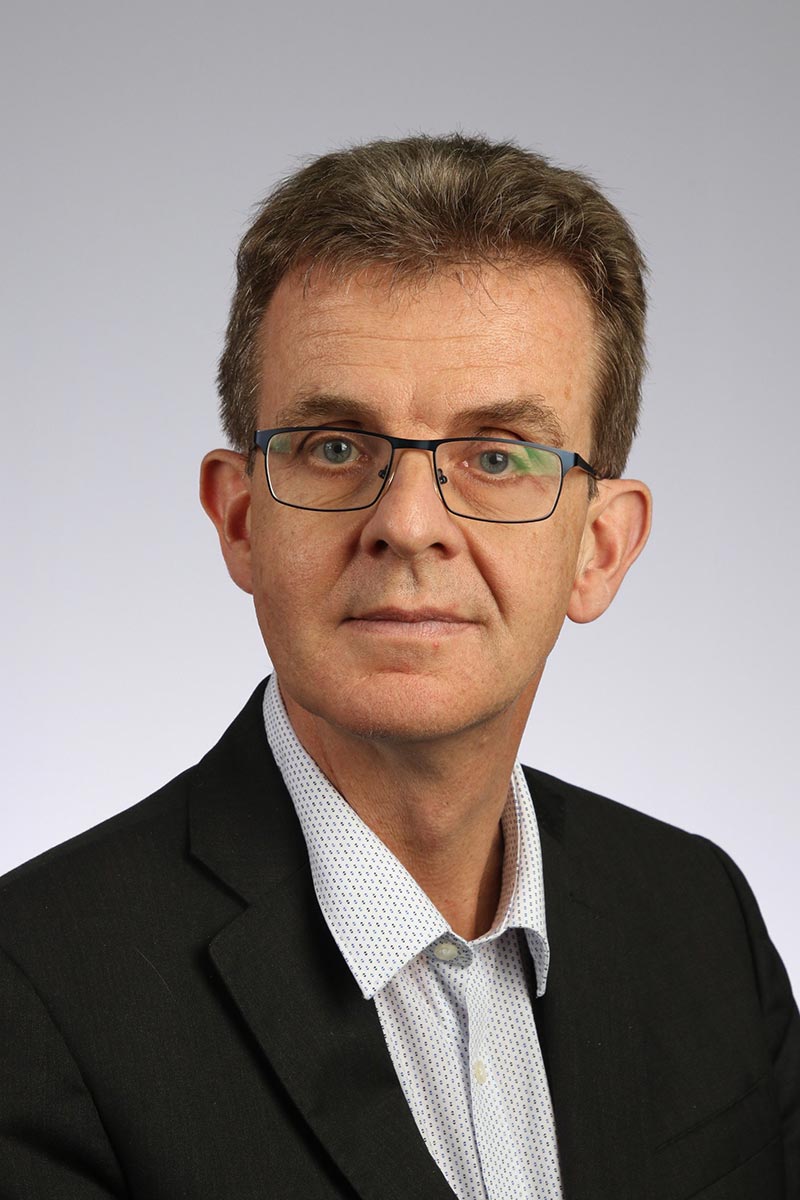
Frank Helmich
SRON Netherlands Institute for Space Research & Kapteyn Astronomical Institute

Frank Helmich
SRON Netherlands Institute for Space Research & Kapteyn Astronomical Institute
Networks:
Fields of interest:
I am an astrochemist by training but with a keen interest in scientific instrument building, mainly in the far-IR regime. One of the main areas of interest for the astrophysical community today is the question of the origin(s) of life and its associated star- and planet-formation.
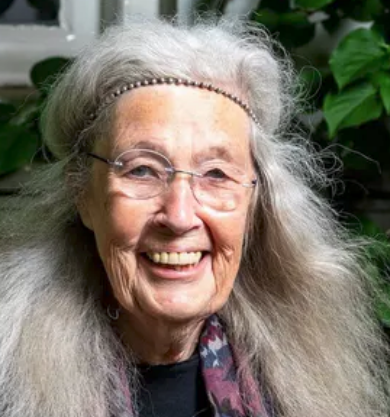
Paulien Hogeweg
Utrecht University

Paulien Hogeweg
Utrecht University
Networks:
Fields of interest:
Information integration in evolving systems
RNA world
Genotype Phenotype mapping
Evolution of evolution EVOEVO
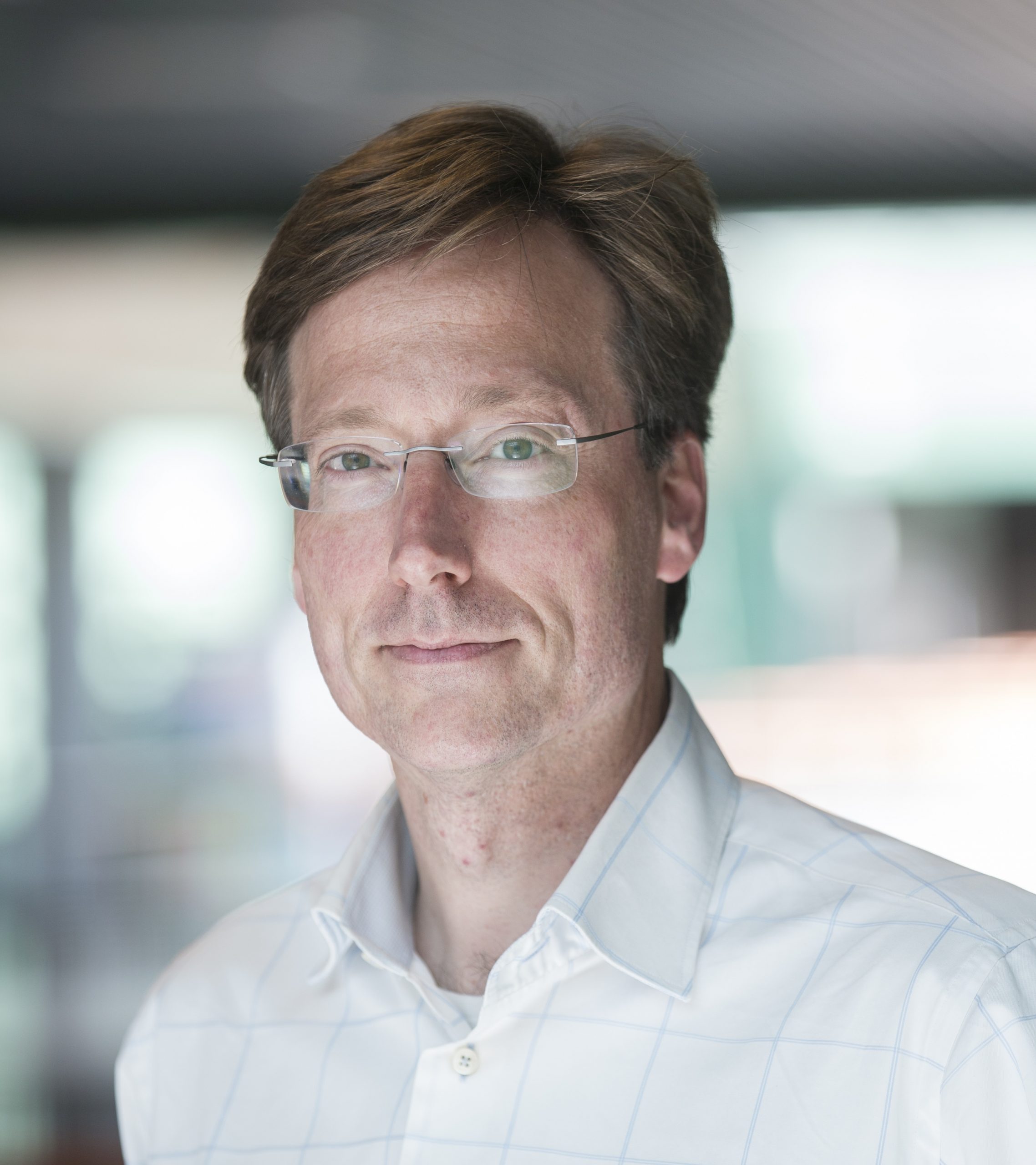
Wilhelm Huck
Radboud University

Wilhelm Huck
Radboud University
Networks:
Fields of interest:
Despite much progress in developing prebiotically plausible synthetic routes towards the molecular building blocks of life, we do not understand how complex molecular systems emerged. How did life arise out of a soup of molecules and chemical reactions? Our prime interest is in developing an understanding of how reactions self-organize in response to changes in the environment.

Jurriaan Huskens
University of Twente

Jurriaan Huskens
University of Twente
Networks:
Fields of interest:
We work on the understanding of how nanosystems interact at the molecular scale, in particular at the crossroads between chemistry, physics, biology and technology. An example is the binding of the influenza virus at a cell membrane, and to relate its molecular properties to evolutionary backgrounds. In the future we aim to expand our toolbox to artificial cells and tissues to unravel processes at the molecular scale.
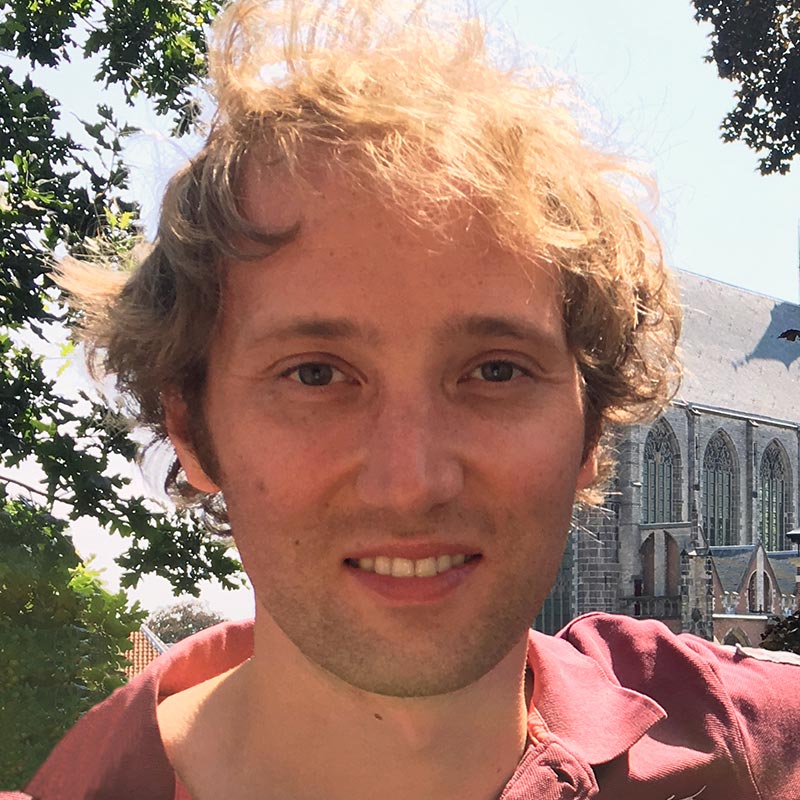
Dennis Höning
Vrije Universiteit Amsterdam, Origins Center

Dennis Höning
Vrije Universiteit Amsterdam, Origins Center
Networks:
Fields of interest:
I work on the interior and global evolution of Earth and other rocky planets. I explore interactions between reservoirs such as the influence of life on global volatile cycles. My goal is to understand how inhabited planets differ from lifeless planets and to use this knowledge to search for life beyond Earth.
J
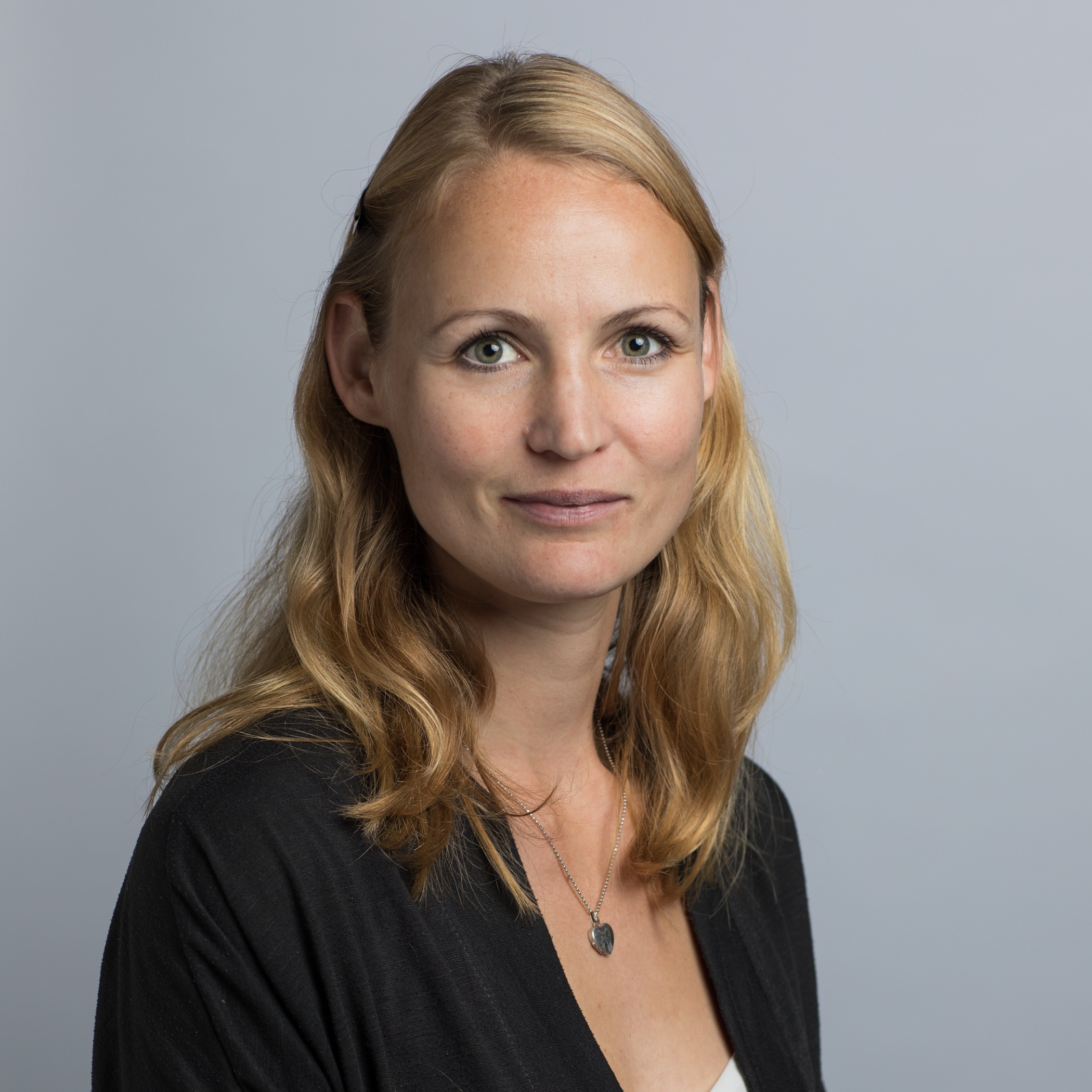
Monique de Jager
Netherlands Institute of Ecology (NIOO-KNAW)

Monique de Jager
Netherlands Institute of Ecology (NIOO-KNAW)
Networks:
Fields of interest:
I have worked on collective cooperative and movement behaviour in self-organized mussel beds. I would like to further research the origins of group-level cooperative behaviours, especially in the context of the currently rapidly changing world.
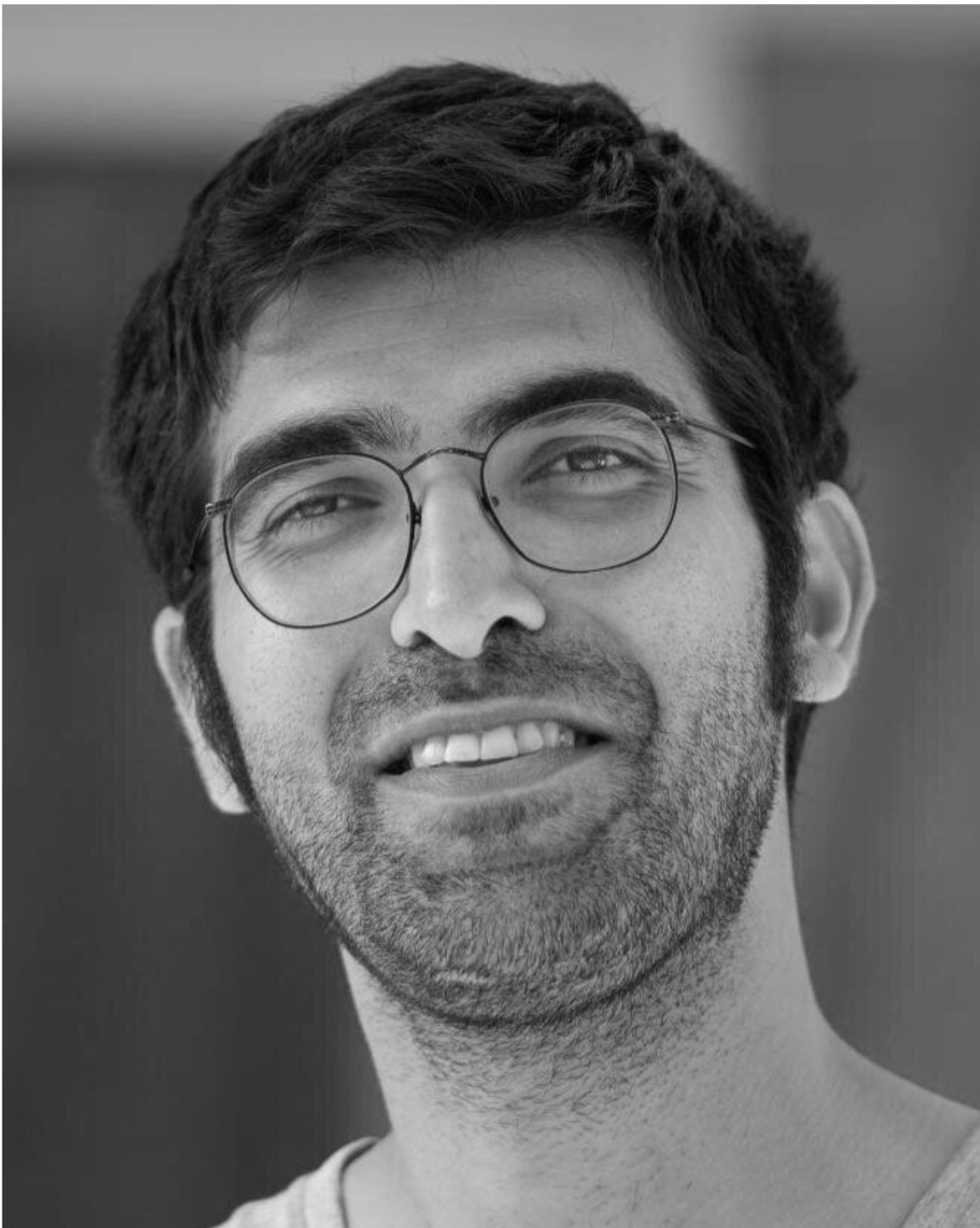
Mazi Jalaal
University of Amsterdam

Mazi Jalaal
University of Amsterdam
Networks:
Fields of interest:
I would like to work more on the evolution from a soft condensed matter perspective. I am also planning to work on planet formation, also from a soft-matter perspective.
K
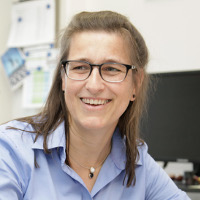
Inga Kamp
University of Groningen

Inga Kamp
University of Groningen
Networks:
Fields of interest:
I like to understand how planets form from the disks of gas and dust around young stars. My focus within the ORIGINS centre is on connecting the chemical composition of the disk to that of the building blocks of planets and eventually the planets themselves. I do this by observing the gas, ice and dust component in planet forming disks and combining this with radiation thermo-chemical disk models to interpret observational data. From there, I extrapolate to the ongoing planet forming processes in the mid plane of these disks that are often "hidden to direct astronomical observations".
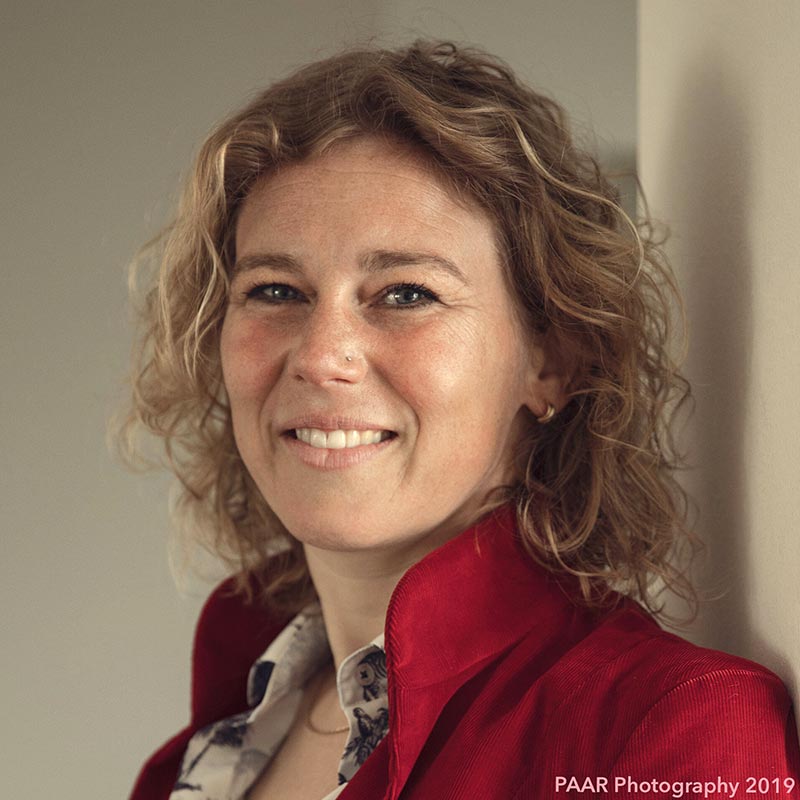
Inge Loes ten Kate
Chair Steering Committee
Utrecht University

Inge Loes ten Kate
Chair Steering Committee
Utrecht University
Networks:
Fields of interest:
I am very much interested in the relation between planet and life. On one hand I am interested in the role of the planet in the origin of life: What are the minimal conditions needed for life to start, what is the role of delivered material, especially organics and water, which geochemical processes transitioned into biochemical processes? In my group we use two experimental facilities to study several of these processes: a planetary surface simulation chamber and a hydrothermal vent-on-a-chip. On the other hand I am interested in the role of life in planetary evolution: would the Earth have developed the same without life, could certain geological, Earth specific processes serve as signatures of life?
(photo: PAAR Photography 2019)
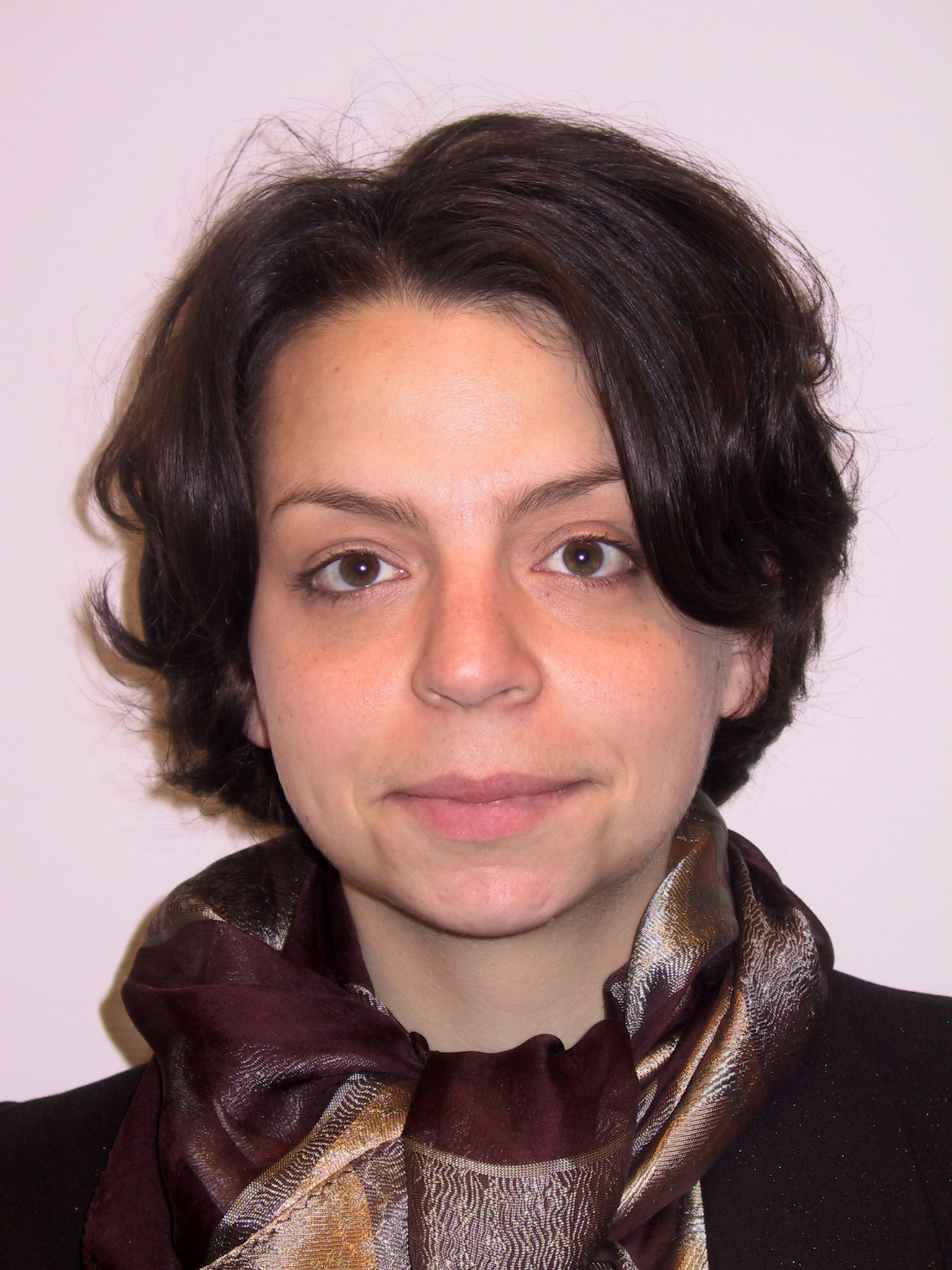
Nathalie Katsonis
University of Groningen

Nathalie Katsonis
University of Groningen
Networks:
Fields of interest:
Swimming cells follow helical trajectories - including bacteria, zooplankton, sperm cells, ciliates and protozoa. We use minimal models of swimming cells to research the rules that govern their motile behavior in water. One of our conclusions is that the operation of artificial molecular machines can steer this helical motion in specific directions.
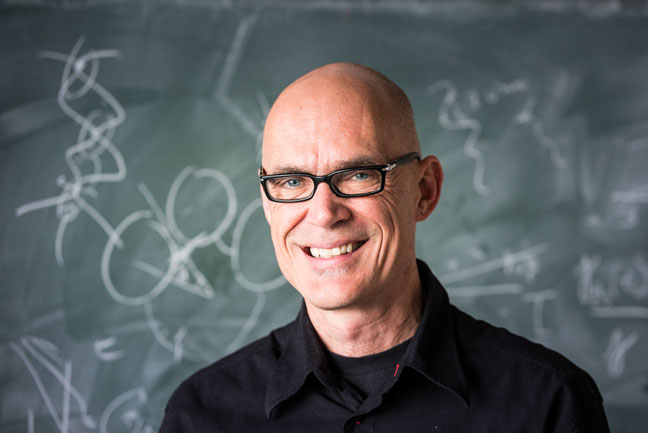
Willem Kegel
Utrecht University

Willem Kegel
Utrecht University
Networks:
Fields of interest:
I'm interested in the self-organization of relatively simple macro molecular building blocks into complex, functional structures and in the biophysics of transcription regulation.
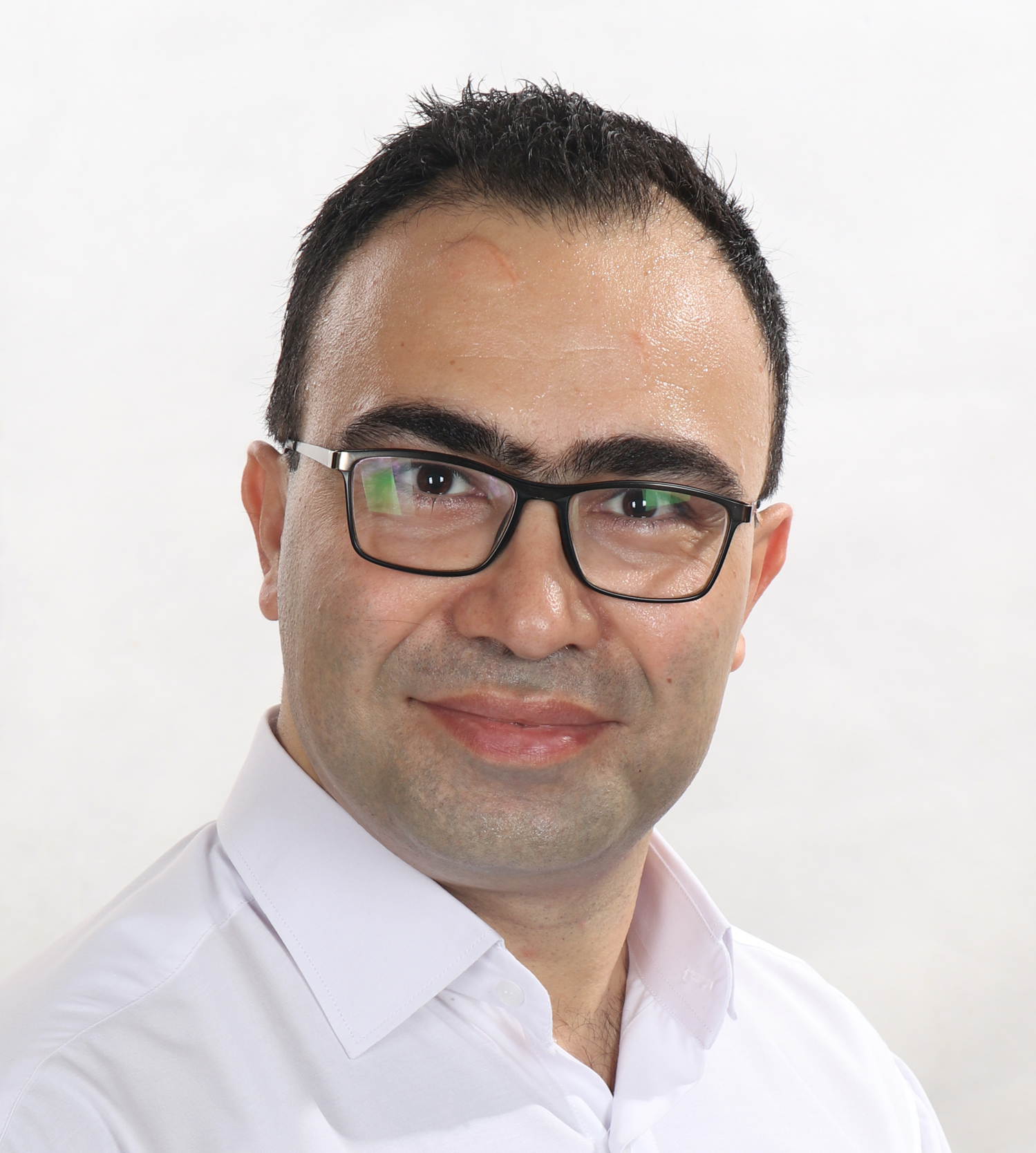
Armin Kiani
University of Groningen

Armin Kiani
University of Groningen
Networks:
Fields of interest:
I am interested in compartmentalization of self replicating molecules as one important step towards creating de-novo life.

Henning Klaasen
University of Groningen

Henning Klaasen
University of Groningen
Networks:
Fields of interest:
Self-Replication is one of the processes crucial for the evolution of life from non-living matter. Most probably, an evolutionary process involving mutation, selection and recombination was part of this transition. It is thus necessary to investigate the behavior of a system with different replicators and their responds to selection factors.
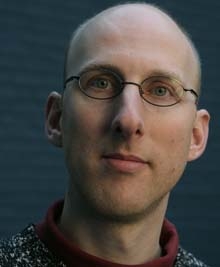
Maarten Kleinhans
Utrecht University

Maarten Kleinhans
Utrecht University
Networks:
Fields of interest:
Morphology that emerges from flowing water and other matter, and feedbacks between life forms and planetary surface processes that modify landforms.
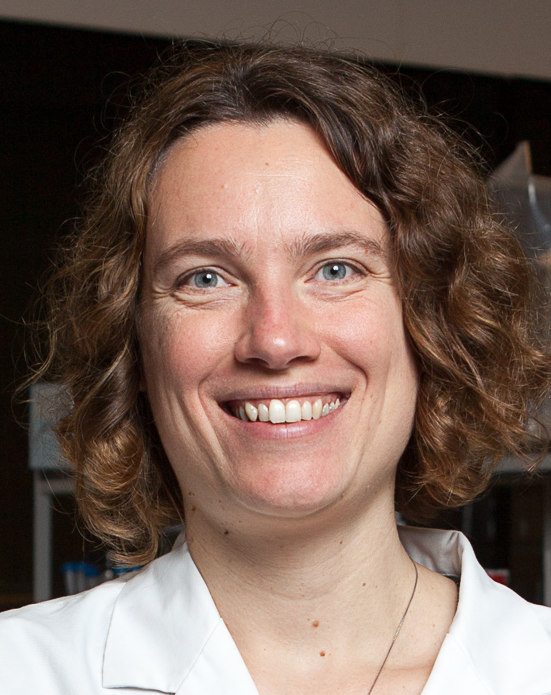
Gijsje Koenderink
Delft University of Technology

Gijsje Koenderink
Delft University of Technology
Networks:
Fields of interest:
Our aim is to understand how the cytoskeletal framework of cells and the extracellular matrix framework of tissues determine the unique mechanical behavior of human cells and tissues. We contribute to the nationwide effort to build a minimal synthetic cell (Basyc) capable of autonomous division, and also translate our research in biomedical applications such as tissue (re)generation. Finally, we pursue the design of new materials with life-like properties.

Nina Kopacz
Utrecht University

Nina Kopacz
Utrecht University
Networks:
Fields of interest:
Macromolecular carbon comprises a large part of the organic content of carbonaceous chondrites, and as such has been delivered in significant quantities to the early Earth (4.5-3.8 Ga), a volume comparable to that of the organic carbon produced endogenously. The enormous volume of extraterrestrially delivered organic matter begs the question of whether it was used to generate the molecules which were important for prebiotic chemistry, eventually leading to the origin of life. As a large part of this ET organic matter is in macromolecular form and embedded within a mineral matrix, we ask whether these stable carbon structures would have been liberated and broken down into biologically more relevant molecules under planetary surface conditions of the early Earth.
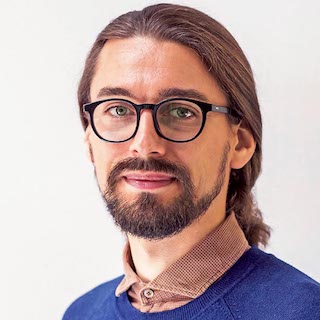
Ivan Kryven
Utrecht University

Ivan Kryven
Utrecht University
Networks:
Fields of interest:
I am interested in mathematical modelling of chemical evolution and complex reaction networks that may emerge from several basic compounds. To this end I use graph theory, dynamical systems, and automatically generated reaction networks.
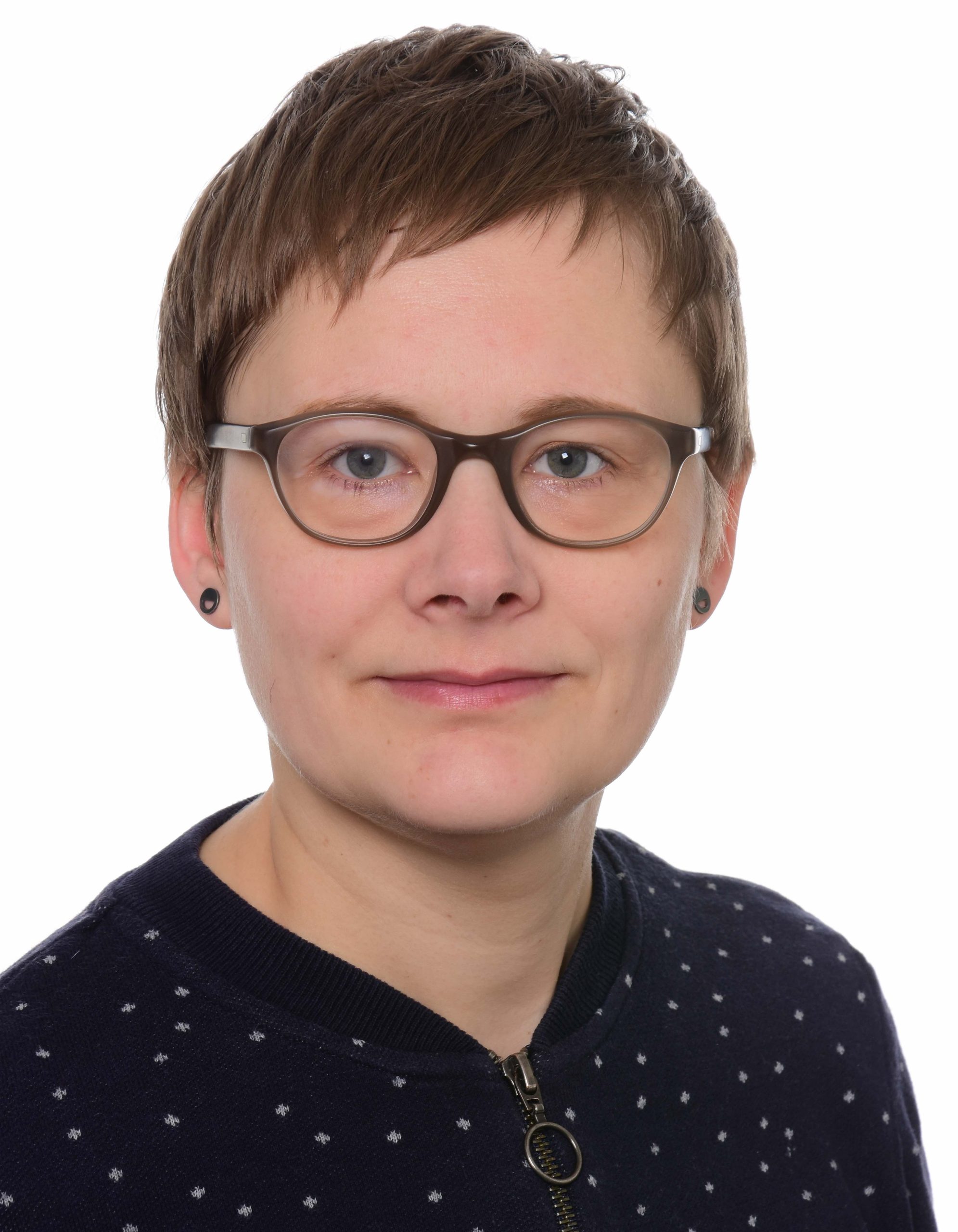
Anne Kupczok
Wageningen University

Anne Kupczok
Wageningen University
Networks:
Fields of interest:
How do the genomes of microorganisms and viruses evolve? Viruses originated more than once during evolution, and I investigate their diversity and evolution and how they impact the evolution of cellular organisms. I am also interested in the origin of novel genes; these are protein-coding genes that arise continuously in the genomes from all domains of life. In addition to de novo evolution, the transfer of genes from viruses into cellular organisms might play an important role for the origination of novel genes and functions.
L
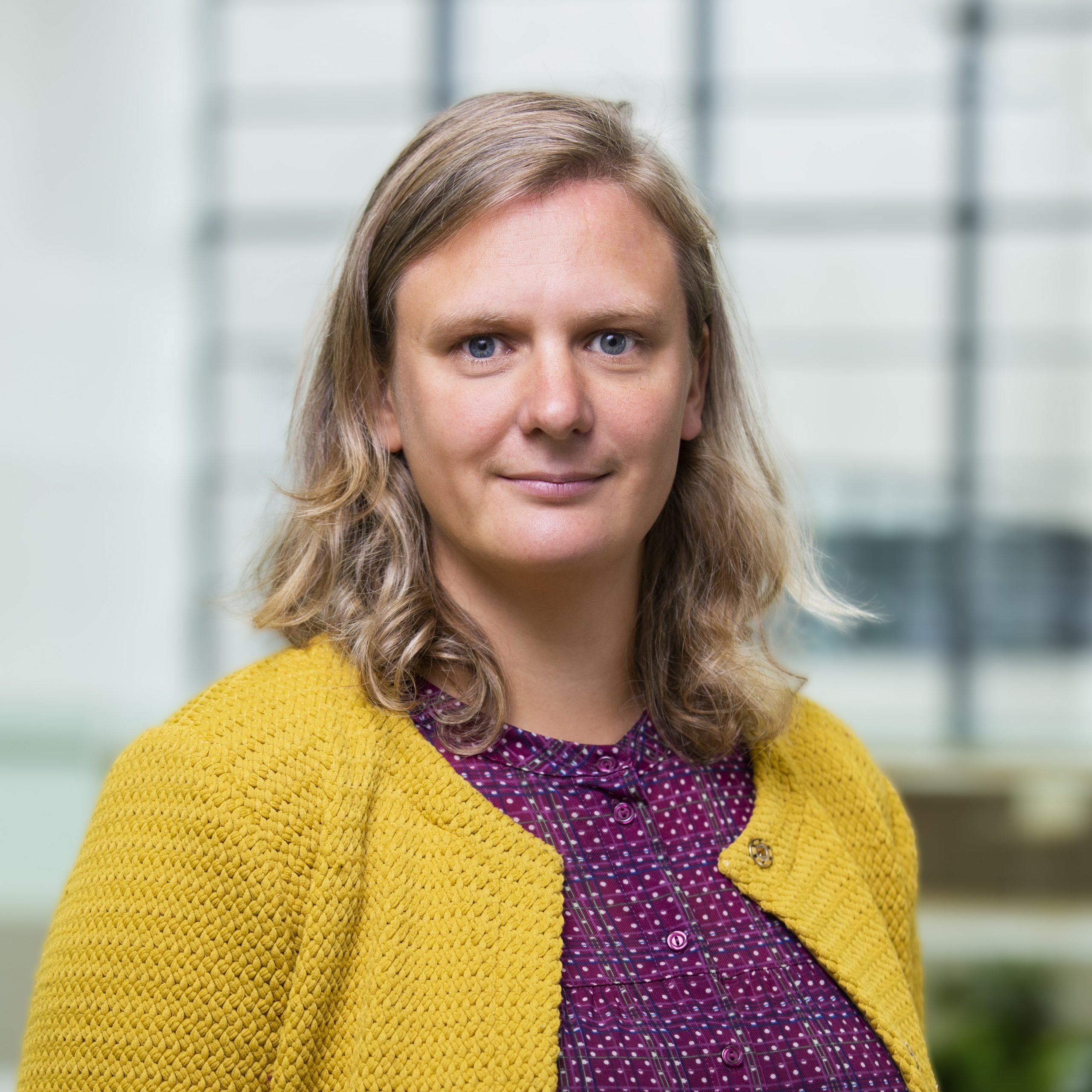
Liedewij Laan
Member Steering Committee
TU Delft

Liedewij Laan
Member Steering Committee
TU Delft
Networks:
Fields of interest:
As pioneers of the emerging field of evolutionary cell biophysics, we aim to understand how the building blocks of a cell constrain and facilitate evolution of cellular functions. The function we focus on is symmetry breaking in budding yeast. We do experimental evolution, quantitative cell biology and modeling in live cells in combination with minimal in vitro systems to understand the molecular mechanisms of adaptive mutations and to predict fitness, both with bottom-up (biophysics) and top-down (statistical) approaches.
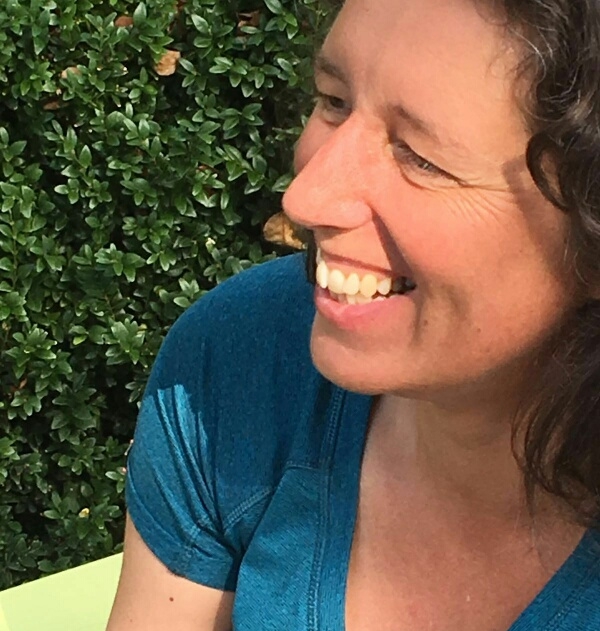
Joyce Lebbink
Erasmus MC

Joyce Lebbink
Erasmus MC
Networks:
Fields of interest:
We study the molecular mechanism of DNA mismatch repair by reconstitution of the reaction from individually purified proteins and DNA components in the test tube. In this way we can study order, timing and control of different reaction steps and correlate with predictions from stochastic modelling approaches. This integrated approach allows us to unravel how this important cellular pathway has evolved in different organisms.
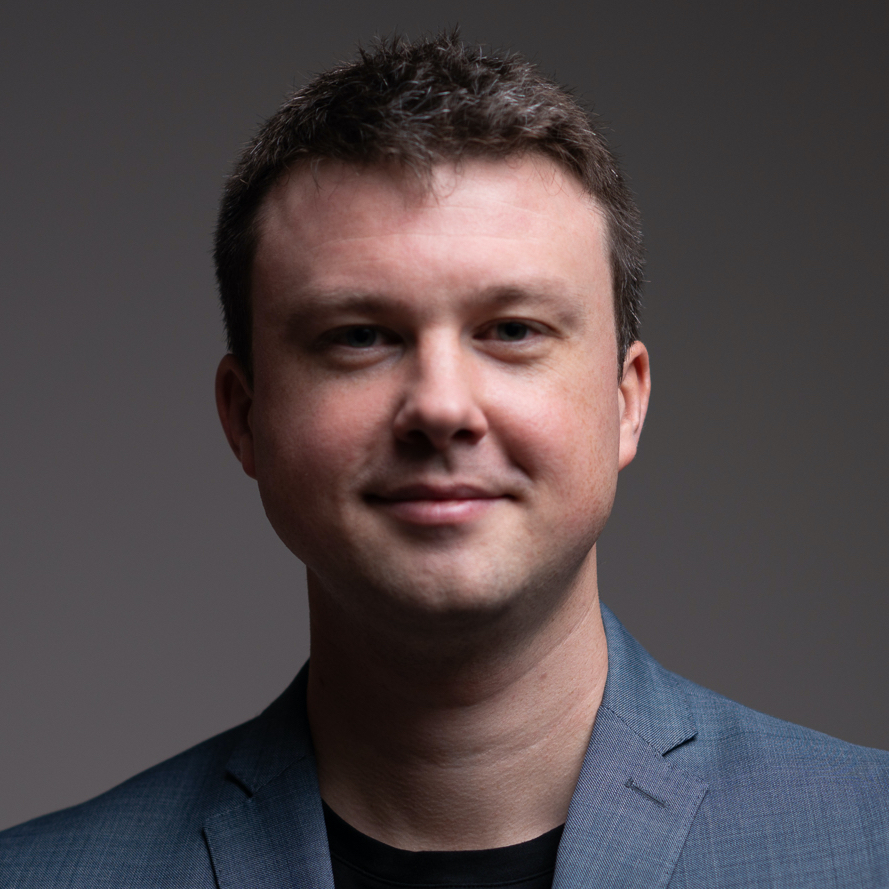
Tim Lichtenberg
University of Groningen

Tim Lichtenberg
University of Groningen
Networks:
Fields of interest:
I investigate the formation of rocky planets and their atmospheric build-up through modelling of magma ocean phases. I am particular interested in the processes that separate potentially prebiotic planets from others, and how the environmental conditions the early Earth evolved from geophysical and -chemical processes.
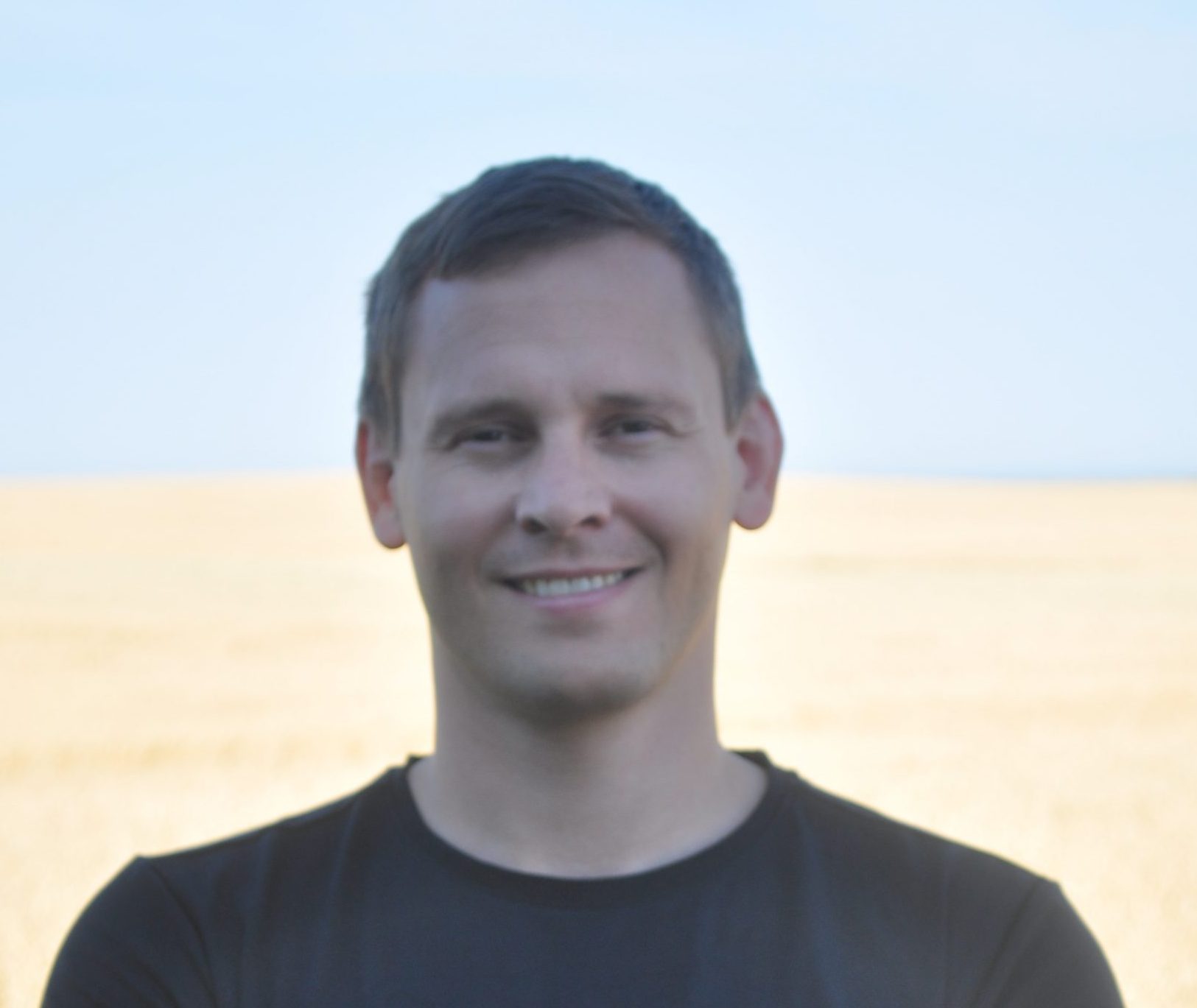
Niels Ligterink
University of Bern

Niels Ligterink
University of Bern
Networks:
Fields of interest:
With laboratory experiments, telescope observations, and the development of planetary science instruments, I study molecules in various stages of star and planet formation that may be involved in the emergence of life or indicate its presence. More specifically, I want to understand the physical chemical aspects of these molecules, such as their formation mechanisms, destruction routes, and interaction with their environment.

Saskia Lindhoud
University of Twente

Saskia Lindhoud
University of Twente
Networks:
Fields of interest:
I am a physical chemist and work on phase separation in complex systems. I would like to work on is establishing a primordial plausible route via which macromolecules i.e., peptides and polynucleotides could have formed by compartmentalisation of the simplest molecules present in the primordial broth. I hypothesise that by dry/wet cycling of these condensates amino acids could form peptides and polynucleotides can form via primitive primordial chain reactions.
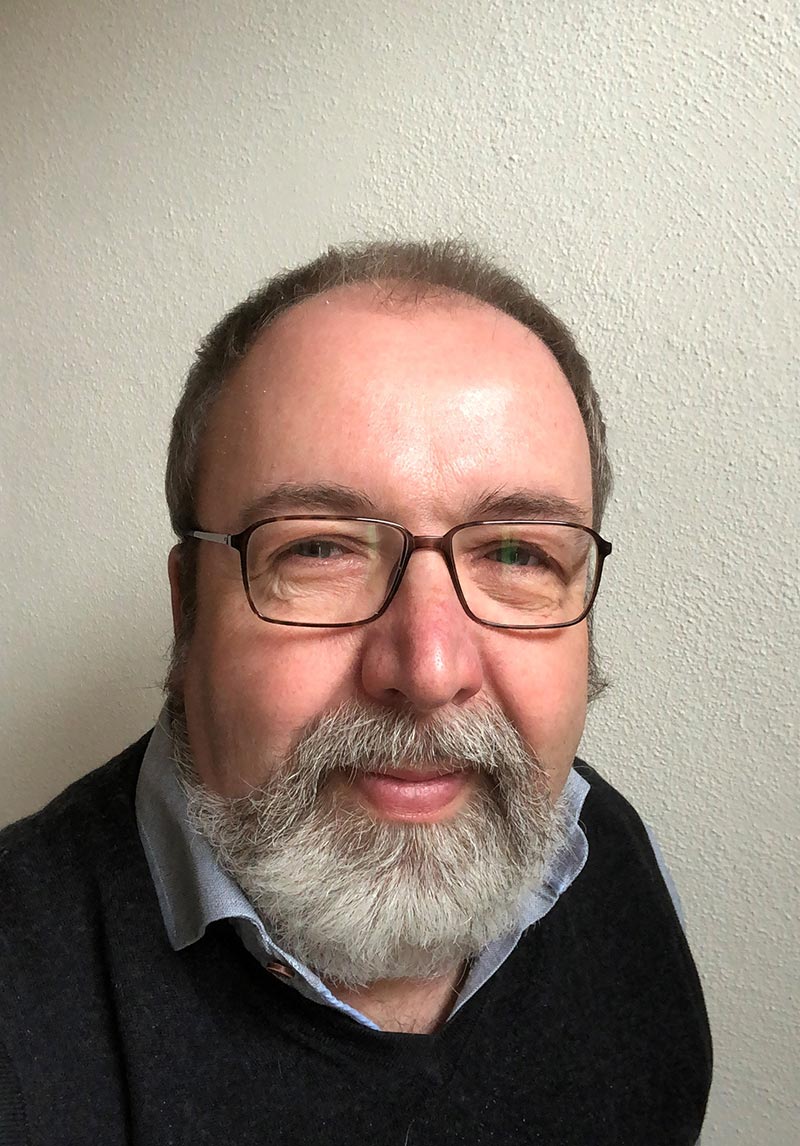
Harold Linnartz
Leiden Observatory / Leiden University

Harold Linnartz
Leiden Observatory / Leiden University
Networks:
Fields of interest:
In my research work I use laboratory experiments to address the chemical processes that result in molecule formation under inter- and circumstellar conditions. A special focus is on the formation of molecules relevant to life, water and COMs, complex organic molecules that are considered building blocks of (pre)biotic species.

Kai Liu
University of Groningen

Kai Liu
University of Groningen
E: k.liu@rug.nl
Networks:
Fields of interest:
De-novo synthesis of life, chemical self-replication, from chemical evolution to Darwin evolution, origin of compartment
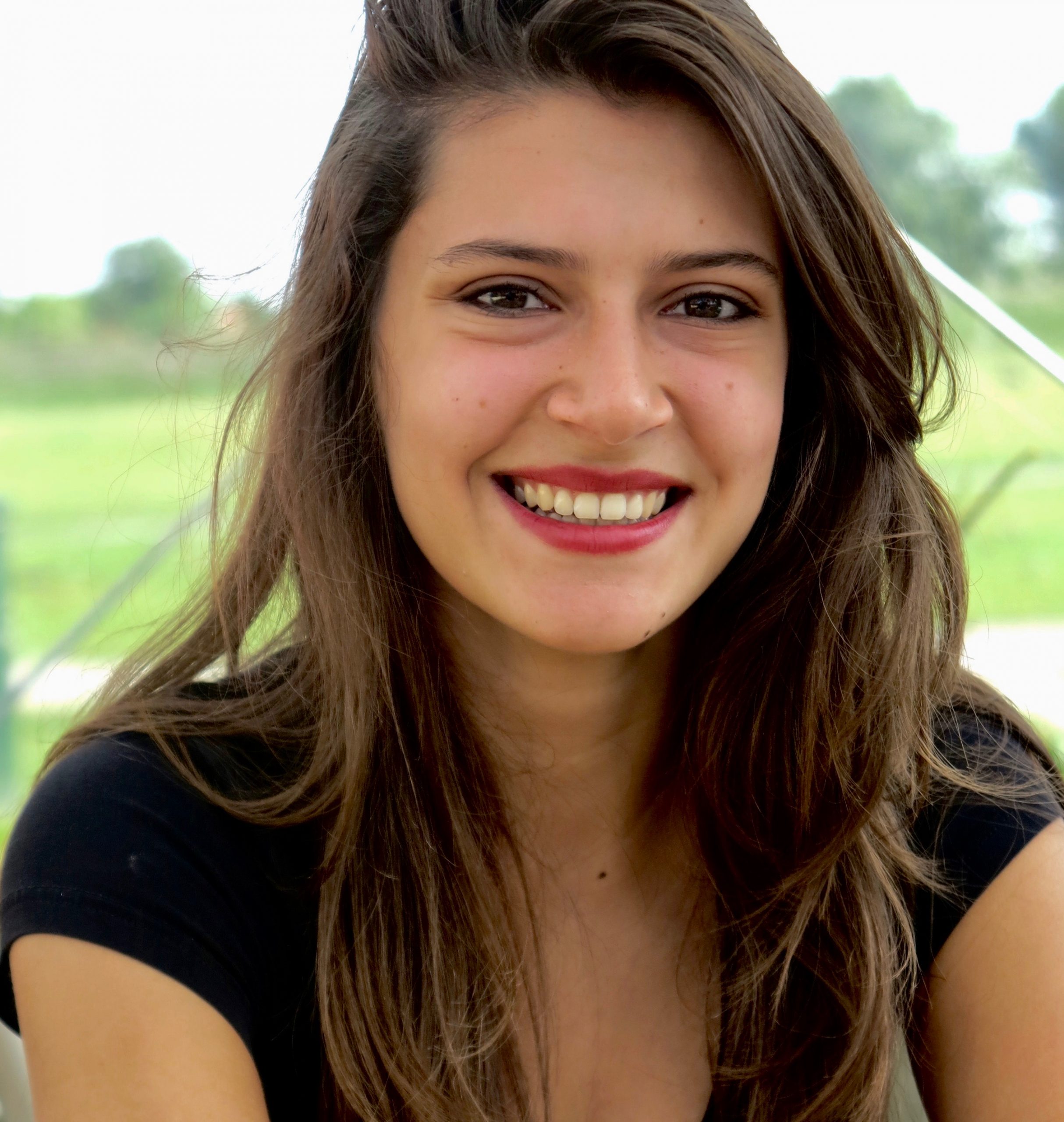
Amy Louca
Leiden University

Amy Louca
Leiden University
Networks:
Fields of interest:
My work is focussed on the high-energy view of exoplanets, studying the impact of high energy EUV environments and extreme mass loss. For the habitability of planets this will be relevant as most known stars are identified as active M-dwarfs and thus might affect their planet companions' atmospheres.
M
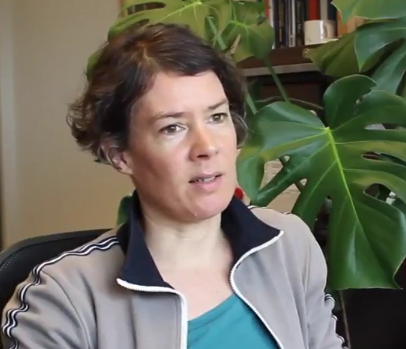
Martine Maan
University of Groningen

Martine Maan
University of Groningen
Networks:
Fields of interest:
Animal behaviour, evolution of animal signals, sexual selection and mate choice, sensory ecology, phenotypic plasticity, speciation, biodiversity, urban ecology & evolution
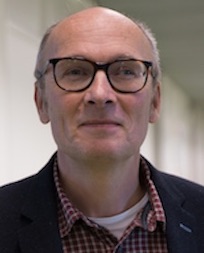
Jan van Maarseveen
Universiteit van Amsterdam

Jan van Maarseveen
Universiteit van Amsterdam
Networks:
Fields of interest:
Photosynthesis is the key of all life on earth. Before that, electrons were extracted from sulfur or from Iron. How did those first extremely simple redox reactions go creating the first building blocks of life is a highly intriguing question for me!
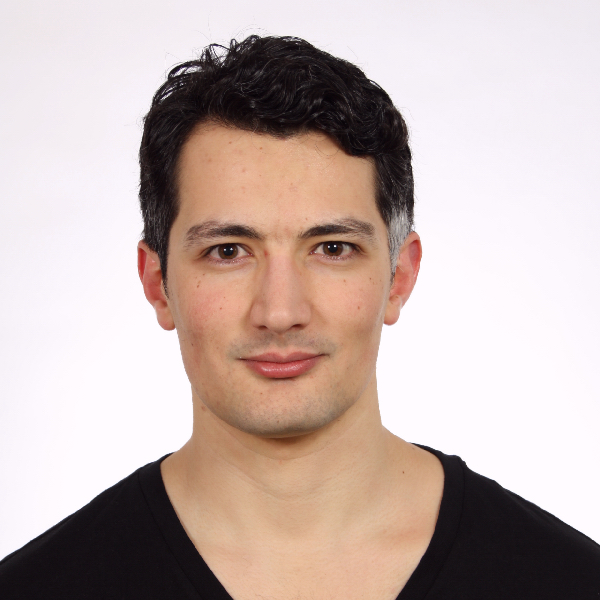
Cyrus Mallon
University of Groningen

Cyrus Mallon
University of Groningen
Networks:
Fields of interest:
I work on trying to understand how the emergence of complexity and multicellularity may have been influenced by increasing oxygen in the Earth's atmosphere. Understanding if rising oxygen in the Earth's atmosphere at the time of the great oxygenation event may have trigged a division of labor and cooperation amongst bacteria is the current focus of my work.

Beatrice Marincioni
University of Groningen

Beatrice Marincioni
University of Groningen
Networks:
Fields of interest:
My research is focused on motility of compartmentalized systems. I am interested in unraveling the mechanisms by which motion is born and trasmitted.
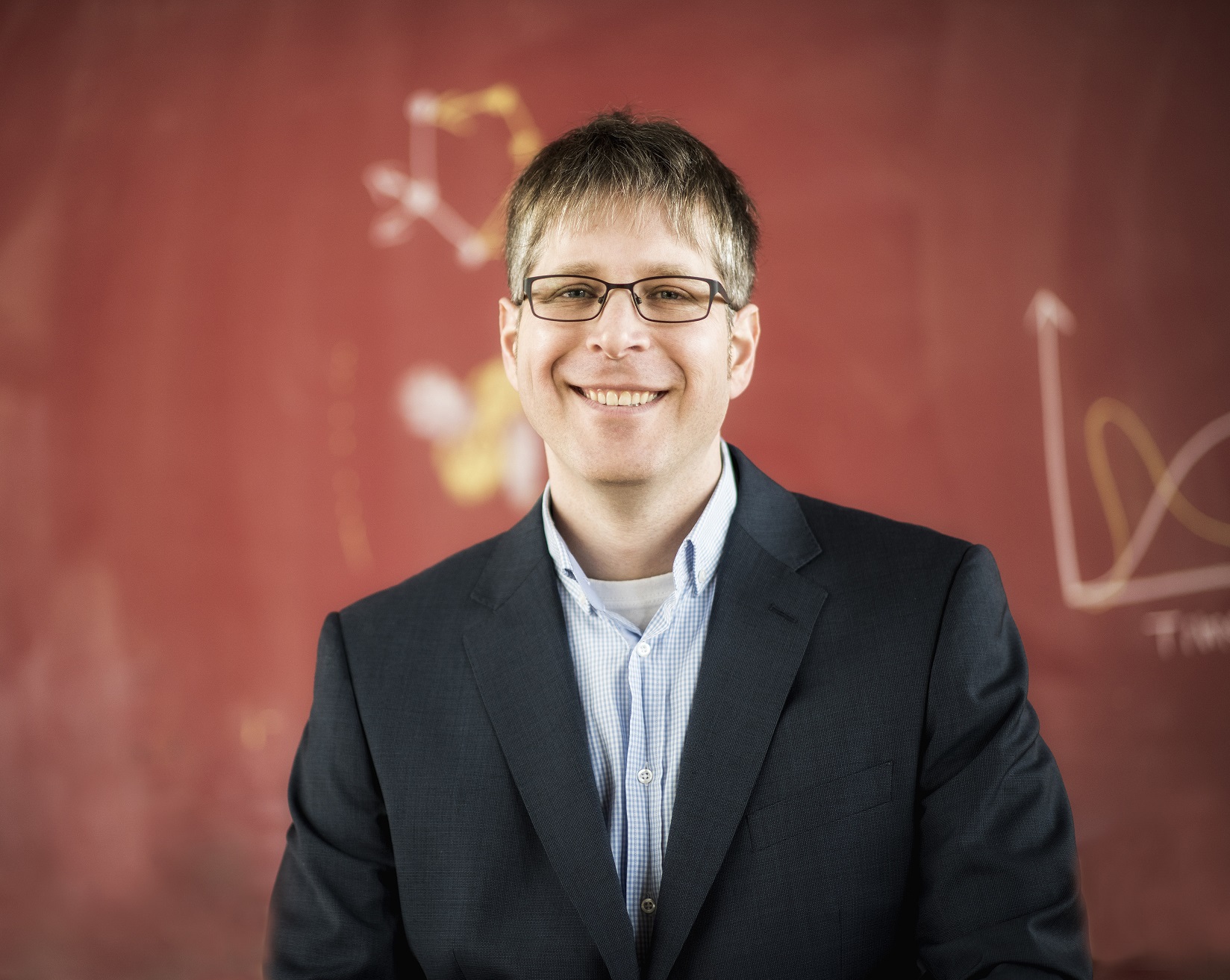
Omer Markovitch
University of Groningen, Origins Center

Omer Markovitch
University of Groningen, Origins Center
Networks:
Fields of interest:
Studying the origins of life by extending principles from evolutionary biology to chemical replicators
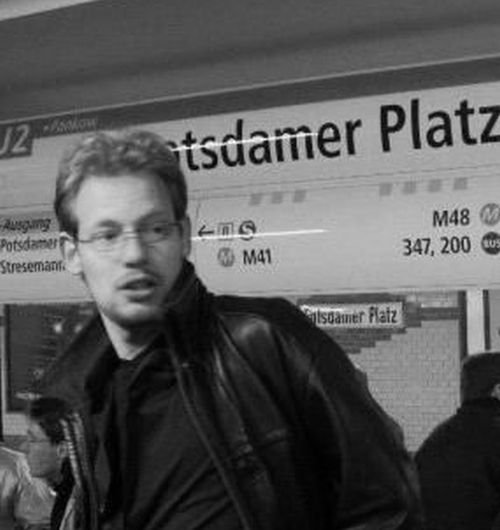
Rogier Mars
Donders Institute, Radboud University Nijmegen

Rogier Mars
Donders Institute, Radboud University Nijmegen
Networks:
Fields of interest:
We try to understand brain evolution through comparative neuroscience. We use neuro-imaging to collect whole-brain information on brain organization and develop methods to compare brains of different species. To date, this work has mostly focused on primates.
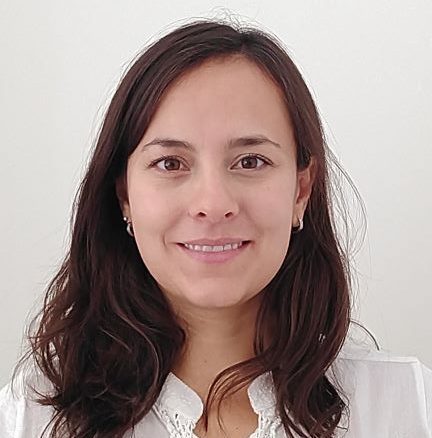
Maria Laura Mascotti
University of Groningen

Maria Laura Mascotti
University of Groningen
Networks:
Fields of interest:
My research project is about unveiling the cofactor dependent enzymes present in the last universal common ancestor (LUCA) and to experimentally resurrect and characterize them.

Paul Mason
Utrecht University

Paul Mason
Utrecht University
Networks:
Fields of interest:
- Tracing the earliest evidence for life in the geological record
- Constraining environmental conditions (atmospheric and ocean chemistry, hydrothermal vent chemistry) on the early Earth and determining their relevance for origin of life studies
- Developing chemical and isotopic biosignatures/biomarkers to trace the potential presence of extraterrestrial life
Clemens Mayer
University of Groningen
Clemens Mayer
University of Groningen
Networks:
Fields of interest:
Understanding the molecular principles of evolution.

James W. McAllister
Leiden University

James W. McAllister
Leiden University
Networks:
Fields of interest:
I am interested in different possible approaches to define "life" and their implications for the concepts of origin of life and non-terran life. I am also interested in philosophical accounts of consciousness and the possibility of machine consciousness. I am keen to develop collaboration with other Origins Center researchers on these topics.
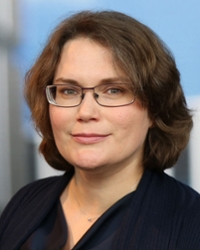
Melissa McClure
Leiden University

Melissa McClure
Leiden University
Networks:
Fields of interest:
I study observationally how much bulk solid C, N, O, and S are incorporated into forming planetesimals. I have developed a technique to measure (roughly) which solids are being retained in protoplanetary disks, which is the first step in planet formation. In the future I will study how chemically complex these solids can be, using the James Webb Space Telescope.
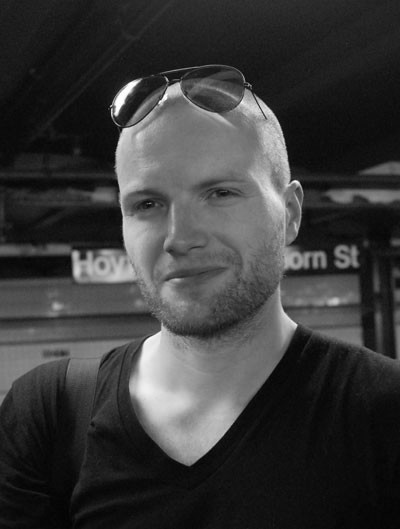
Jeroen Meijer
Utrecht University

Jeroen Meijer
Utrecht University
Networks:
Fields of interest:
emergence and predictability of eco-evolutionary dynamics in complex microbial communities, using modeling and metagenomics.
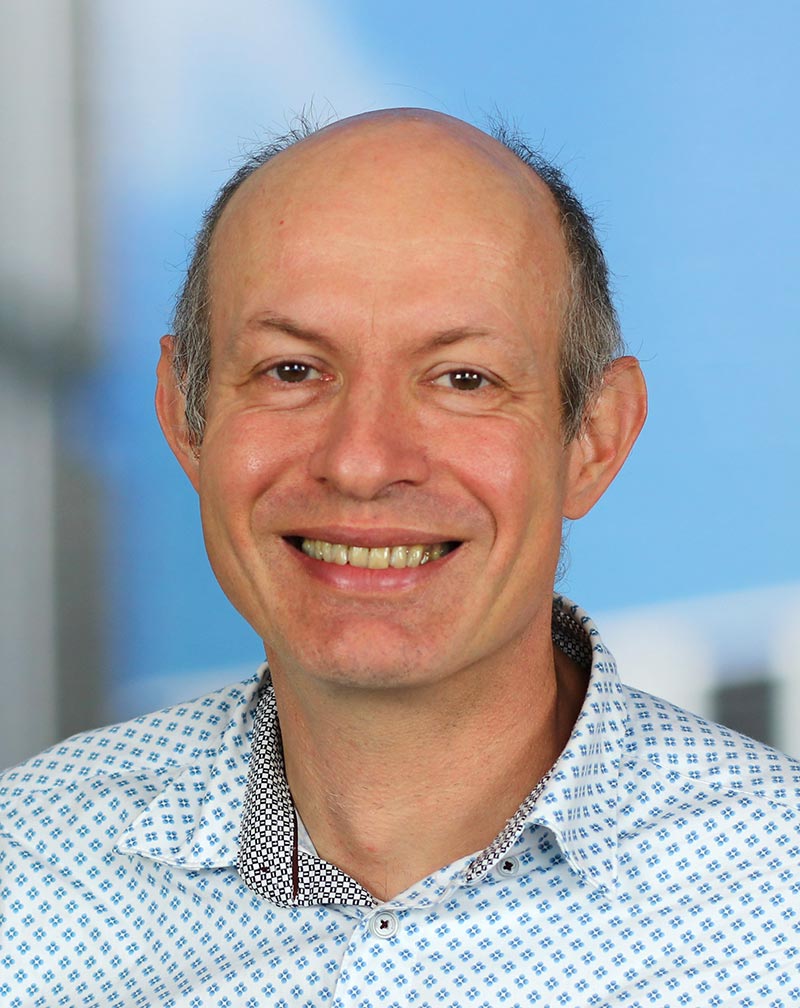
Roeland Merks
Leiden University

Roeland Merks
Leiden University
Networks:
Fields of interest:
I am interested in the origins of multicellular life. How did single cells decide to collaborate in multicellular structures? How did task division originate, such as the cell differentiation into neurons, muscle cells, blood vessel cells, and so forth? How is it possible that somitic cells give up their own chance to contribute to the next generation in favour of a small number of germ cells? And why do somitic cells not attempt to escape their supporting role more often, such as in cancer? We address these questions using mathematical and computational modeling.
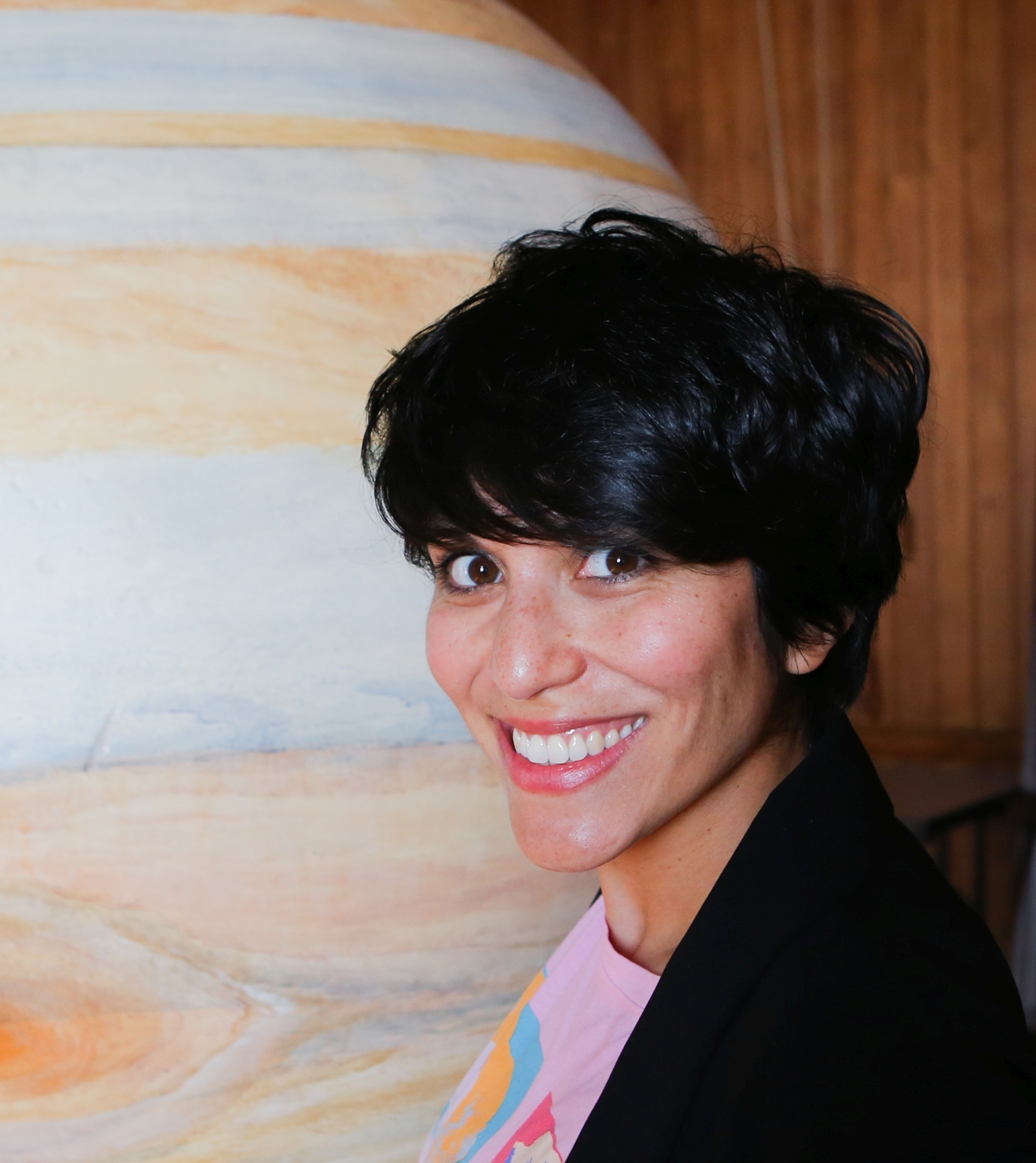
Yamila Miguel
Leiden University

Yamila Miguel
Leiden University
Networks:
Fields of interest:
Exoplanets are the last frontier to search for life in the Universe. I am working in the charaterisation of exoplanet atmospheres and therefore very interesting in the origin of life and on how to detect lifeforms remotely.
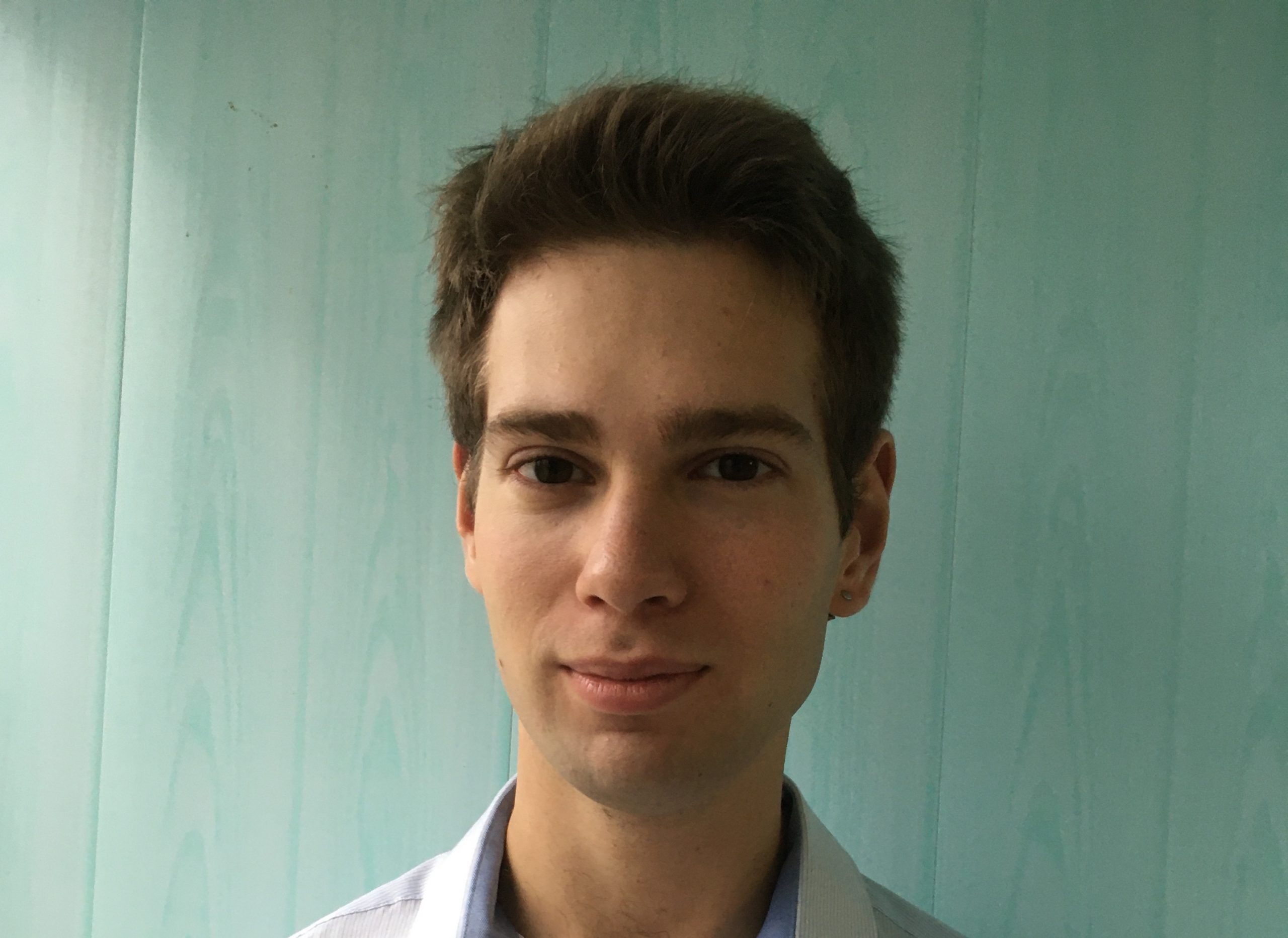
Kirill Mikhailov
University of Groningen

Kirill Mikhailov
University of Groningen
Networks:
Fields of interest:
Developing self-replicators systems, creating de-novo life.
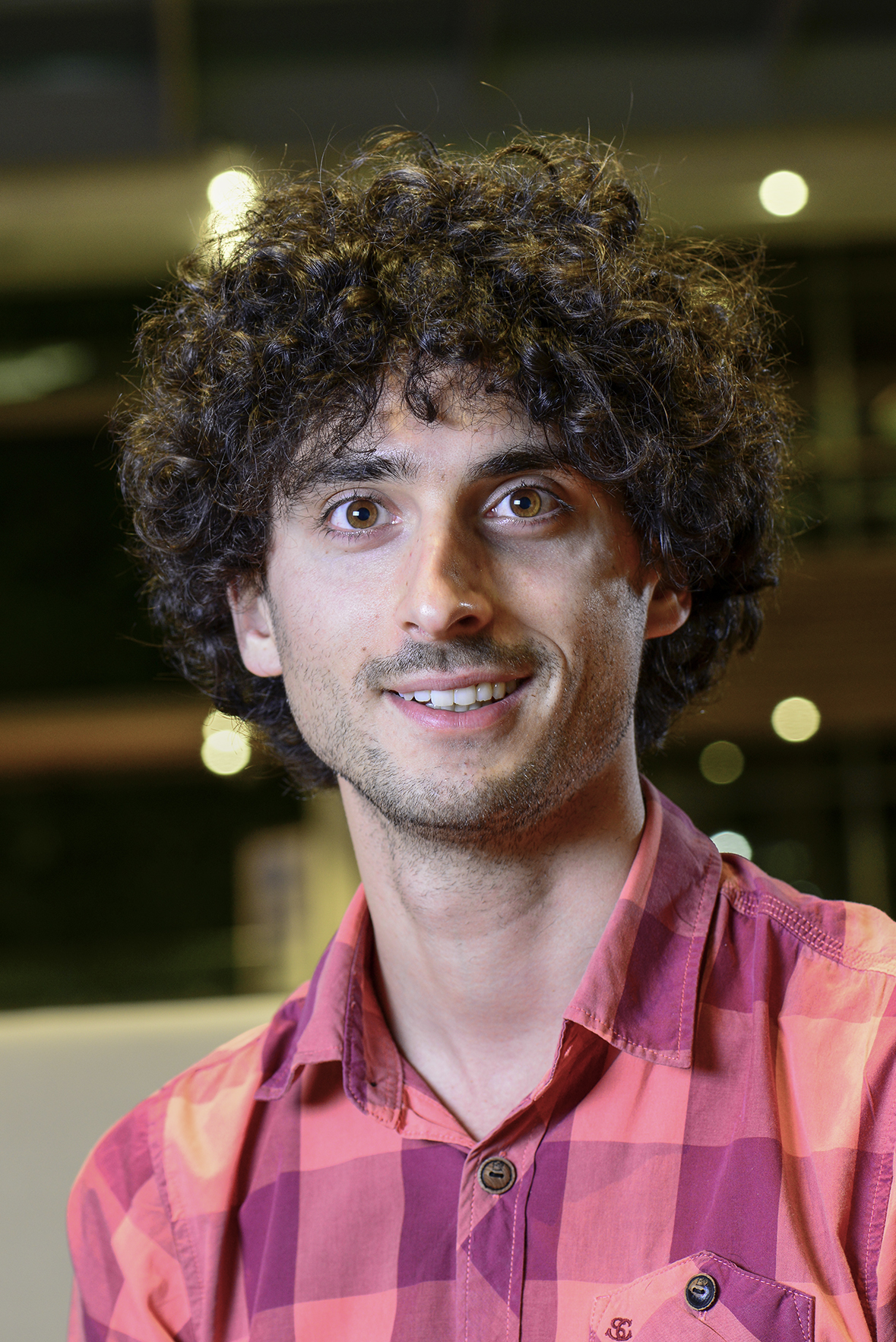
Yuval Mulla
VU Amsterdam

Yuval Mulla
VU Amsterdam
Networks:
Fields of interest:
Bacteria-infecting viruses, or phages, have the fastest doubling times, shortest genomes and highest mutation rates of all evolving entities on earth. I study and exploit their evolution in the context of antibiotic-resistant bacteria. Therefore, our work is not only fundamental to evolution theories related to e.g. speciation, but also be ultimately be applied to phage therapy of infectious diseases.
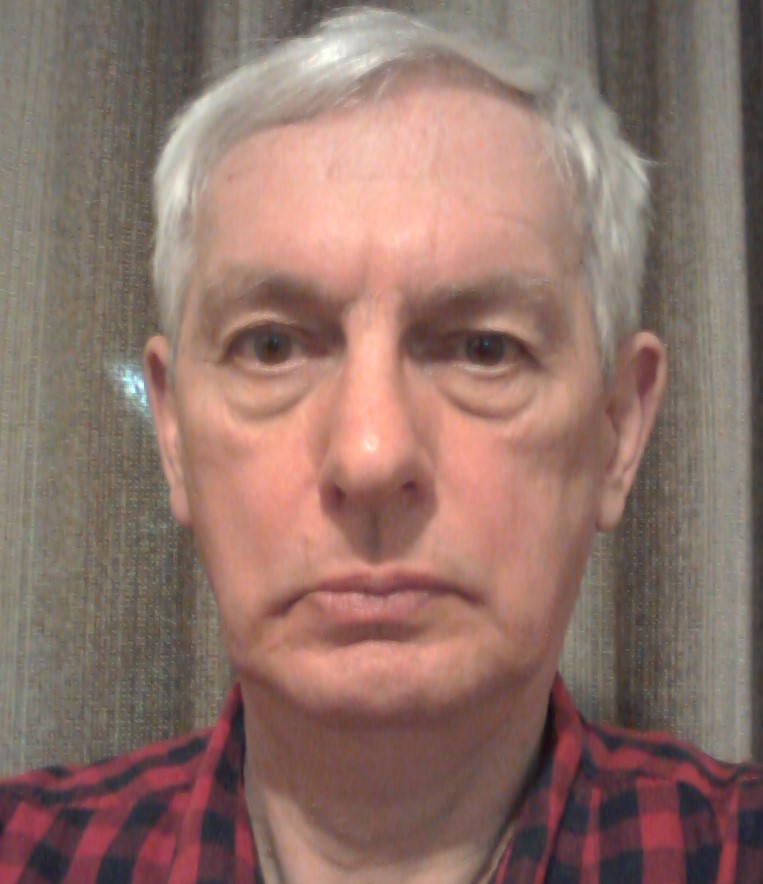
Anthonie W.J. Muller
University of Amsterdam

Anthonie W.J. Muller
University of Amsterdam
Networks:
Fields of interest:
I have published a dozen papers pertinent to the origin of life. My work focuses on the possible role of thermal processes in the origin and evolution of life.
N
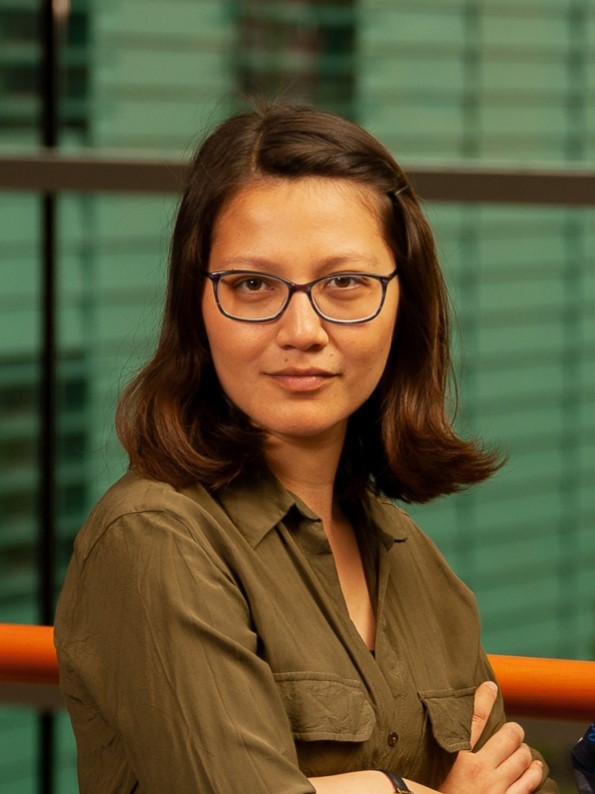
Karina K. Nakashima
Groningen University

Karina K. Nakashima
Groningen University
Networks:
Fields of interest:
The chemical principles behind many vital processes are an open question in science. Whether it is to understand how cells emerged on primitive earth, or to be able to create close mimics of cells and organisms, simple chemistry can go a long way. I aim to understand the emergence of growth and motility in protocells; in particular, I am interested in coacervates and lipid assemblies as models of primitive cells.
O

Patrick Onck
University of Groningen

Patrick Onck
University of Groningen
Networks:
Fields of interest:
We are working on the multiscale molecular modelling of a range of biological processes, including liquid-liquid phase separation, molecular self-replication, disorder-order transitions in proteins and nuclear transport. We use coarse-grained molecular dynamics to capture the relevant length and scale scales aimed at an enhanced molecular understanding of life's essential biophysical mechanisms.
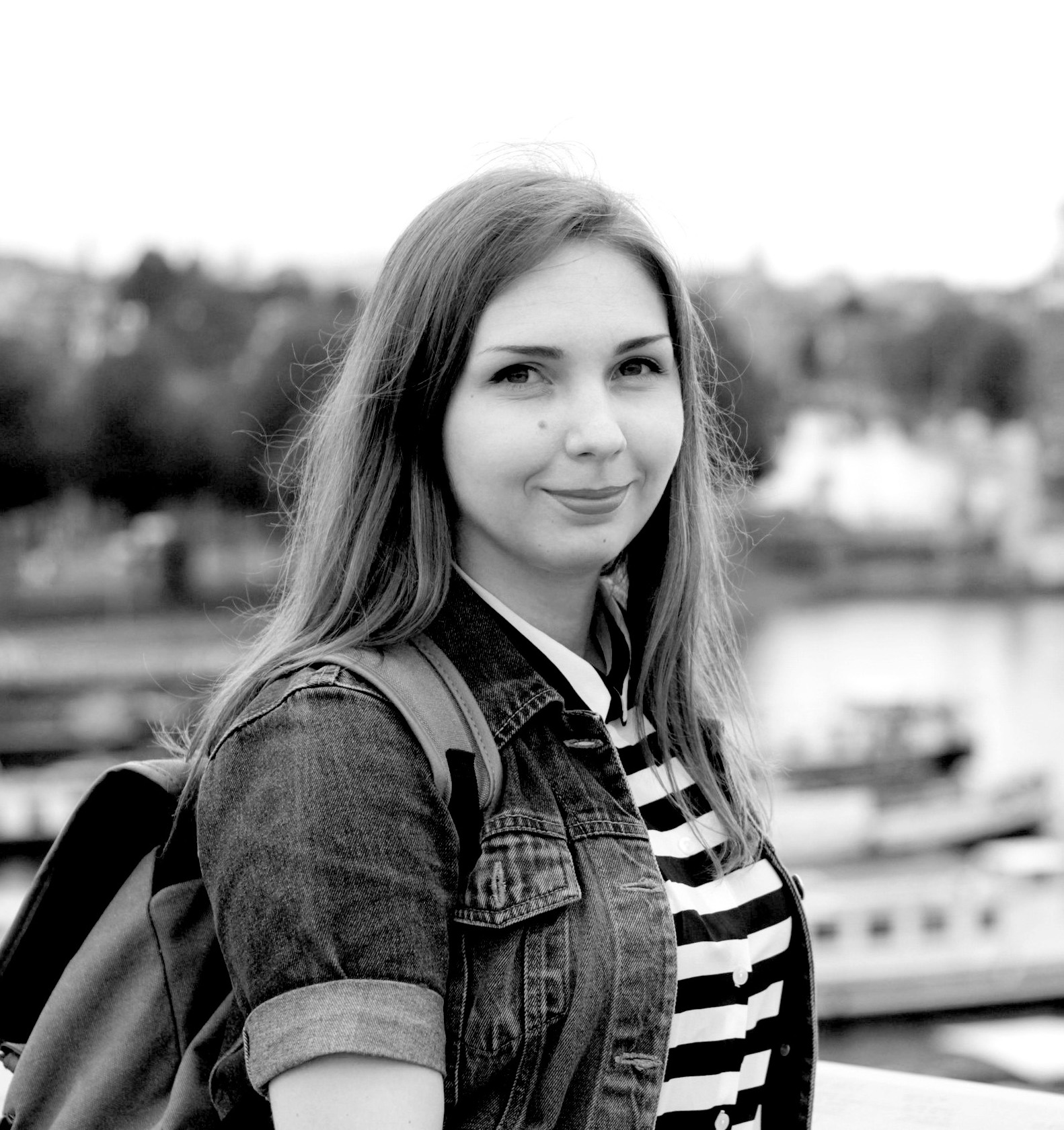
Yuliia Orlova
University of Amsterdam

Yuliia Orlova
University of Amsterdam
Networks:
Fields of interest:
Combining expertise from mathematics, chemistry and biology, I work on a computational approach to explore metabolic networks, and look for network features that could potentially indicate the emergence of life. Not limiting our research to the origin of life on Earth, I aim to explore minimal properties of life and look for alternative compounds and networks that could fulfill those properties with the use of network theory and computer modeling.
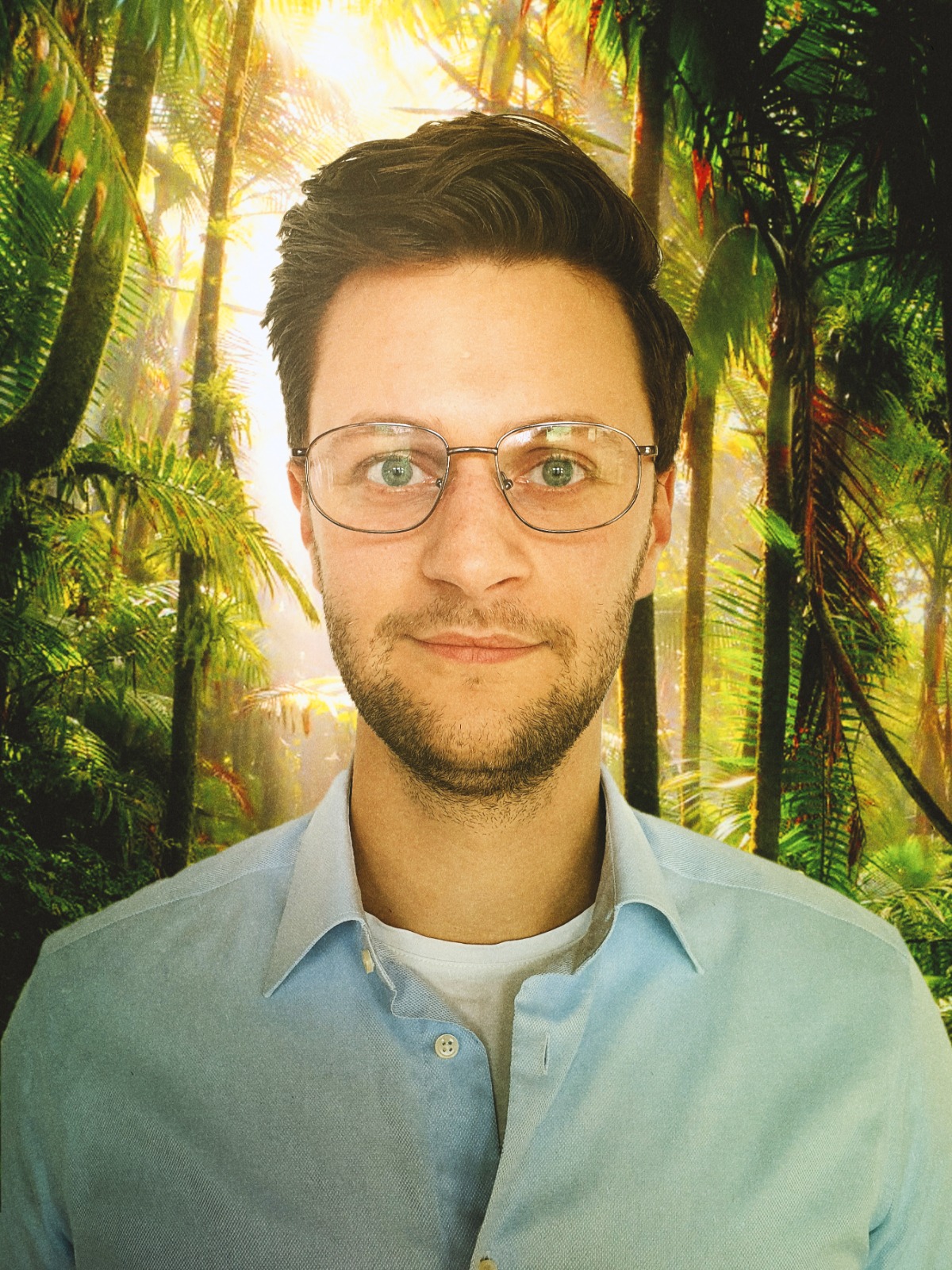
Jim Ottelé
Financial coordinator Steering Committee
University of Groningen (RUG) & Origins Center

Jim Ottelé
Financial coordinator Steering Committee
University of Groningen (RUG) & Origins Center
Networks:
Fields of interest:
The introduction of emergent proto-metabolic functions in self-replicating systems. Obtaining insight in the mechanism of self-replication using kinetic studies and various microscopic techniques.
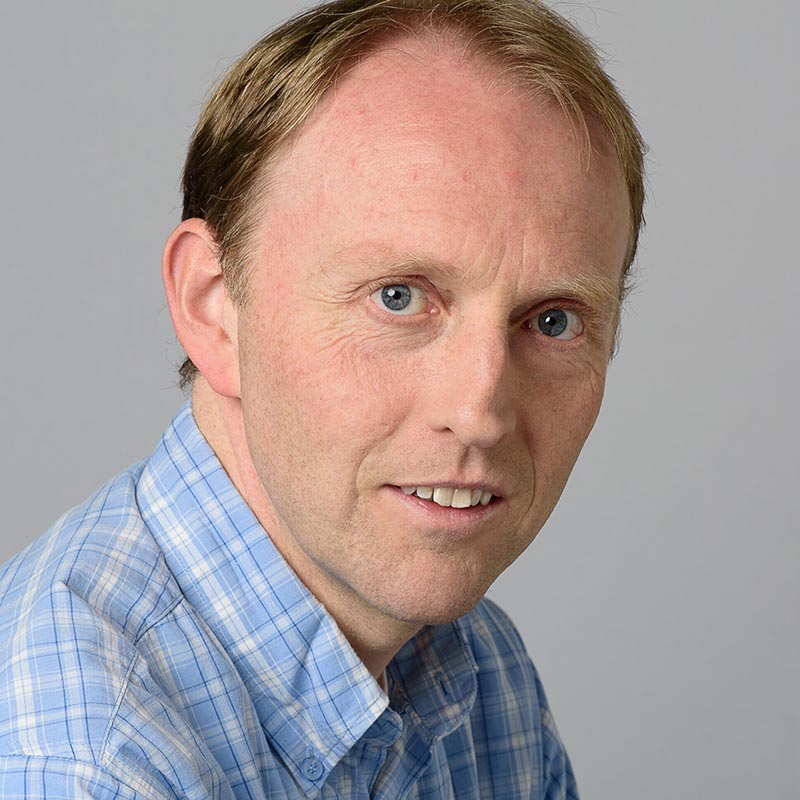
Sijbren Otto
Member Steering Committee
University of Groningen

Sijbren Otto
Member Steering Committee
University of Groningen
Networks:
Fields of interest:
Our long-term aim is to make life de-novo. We are working on the integration of self-replication with metabolism and compartmentalization while operating the system far from equilibrium (in a replication-destruction regime) allowing it to undergo Darwinian evolution. Through these efforts a plausible path to a completely synthetic form of life is starting to be unveiled.
P

Mao Peng
Westerdijk fungal biodiversity institute

Mao Peng
Westerdijk fungal biodiversity institute
Networks:
Fields of interest:
During PhD study, I focused on statistical analysis of proteomics data, prediction of protein-protein interaction, and evolutionary analysis of signaling pathways. In the past five years, my research mainly work on discovering key genes and their regulatory and evolutionary mechanisms associated with fungal plant biomass degradation, via large-scale comparative analysis of genomes, transcriptomes and proteomes. I have passion for learning and integrating knowledge from computer, statistics, evolution and biology.
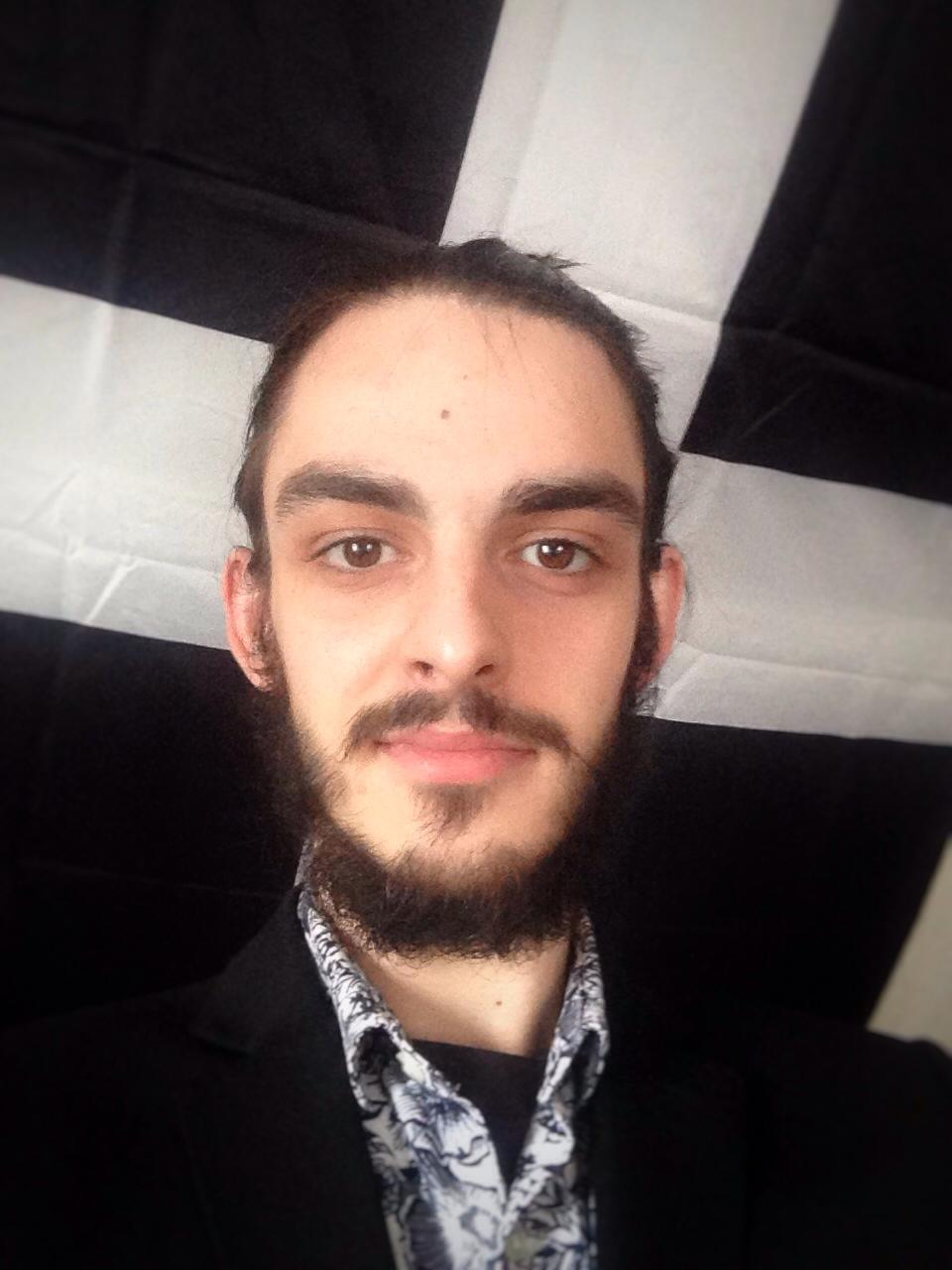
Dewy Peters
Kapteyn Astronomical Institute

Dewy Peters
Kapteyn Astronomical Institute
Networks:
Fields of interest:
Currently, I'm interested in the habitability of white dwarf exoplanets. In this context, I would like to investigate the implications of planetary nebulae on abiogenesis or on life surviving post-main-sequence stellar evolution.
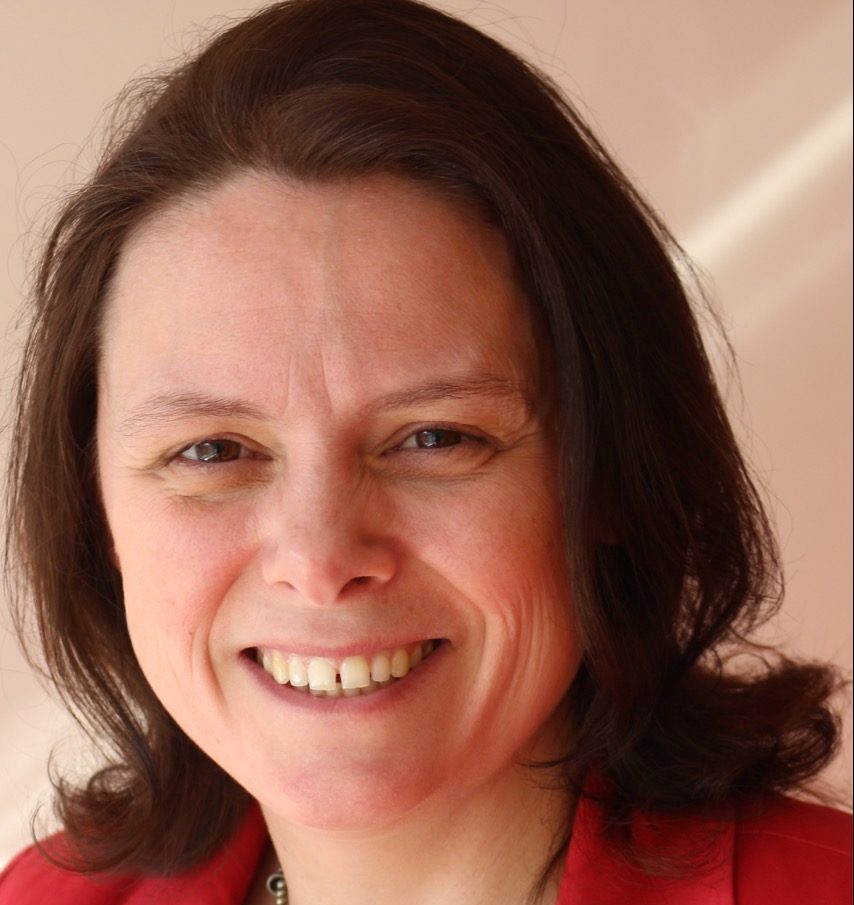
Annemieke Petrignani
University of Amsterdam

Annemieke Petrignani
University of Amsterdam
Networks:
Fields of interest:
My research focusses on the organic (physical) chemistry in space to the origins of life on planets. I am interested in the fingerprints of extra-terrestrial hydrocarbon molecules, their evolution, and role as possible partakers in prebiotic chemistry.
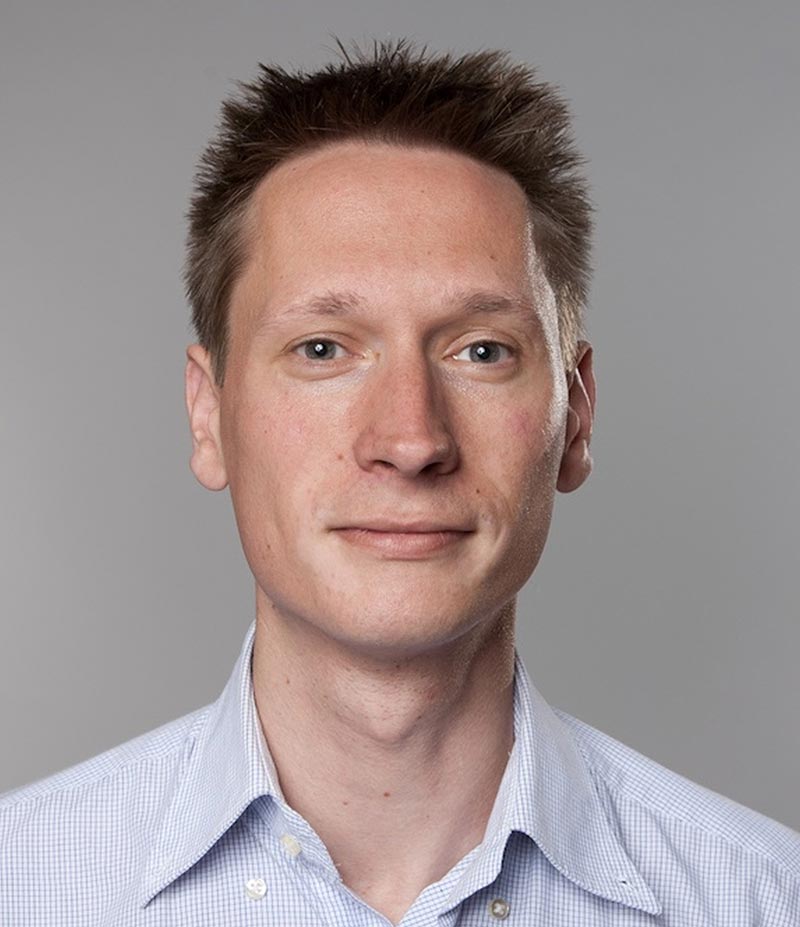
Bob Planqué
Member Steering Committee
Vrije Universiteit Amsterdam

Bob Planqué
Member Steering Committee
Vrije Universiteit Amsterdam
Networks:
Fields of interest:
I try to understand how single celled organisms deal with changes in their environment, using mathematical modeling. How does their cellular organisation allow them to control their fate, control stochastic disturbances caused by others or indeed by themselves, and remain competitive in an ever-changing world?
R
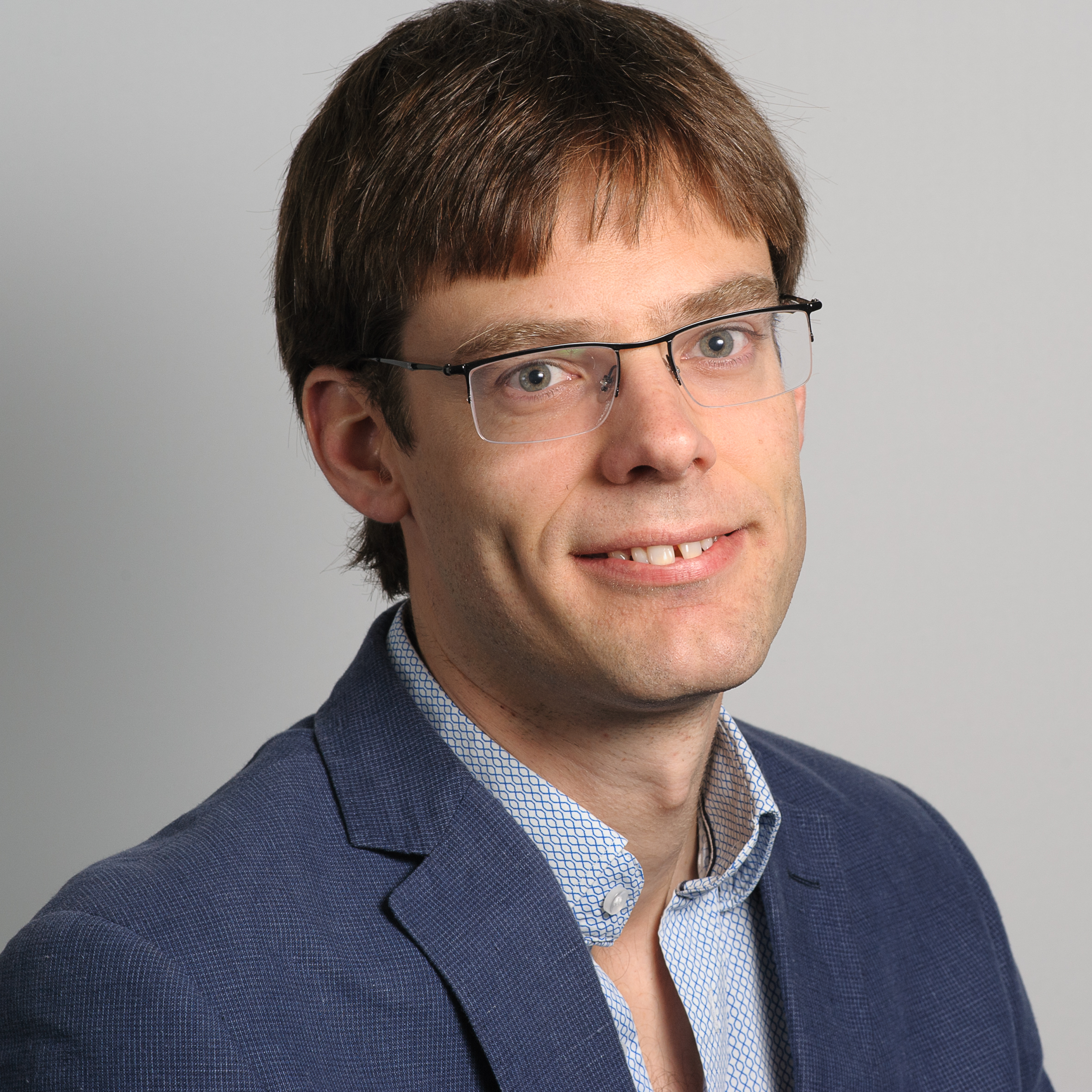
Wouter Roos
Rijksuniversiteit Groningen

Wouter Roos
Rijksuniversiteit Groningen
Networks:
Fields of interest:
Out-of-equilibrium self-assembly dynamics of biological and synthetic building blocks into supramolecular structures

Frank van Ruitenbeek
University of Twente

Frank van Ruitenbeek
University of Twente
Networks:
Fields of interest:
Identification of the drivers for early life's origin and development in hydrothermal systems and other geological environments.
S
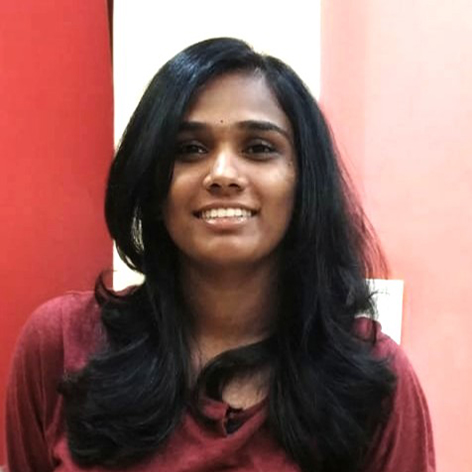
Sajitha Sasidharan
University of Groningen

Sajitha Sasidharan
University of Groningen
Networks:
Fields of interest:
As an oLife post-doctoral fellow, I am interested in understanding the role of cellular communication in the origin and evolution of life. Communication through vesicles is a conserved phenomenon across the three domains of life. In my project, I will try to understand the adaptation of the communication system (through vesicles) in syntrophic partners at different environmental conditions. Also, I am interested in investigating the mechanical properties of the vesicles across the three domains of life, and in the long term, I will be designing artificial vesicles to understand the range of interactions among the syntrophic partners.
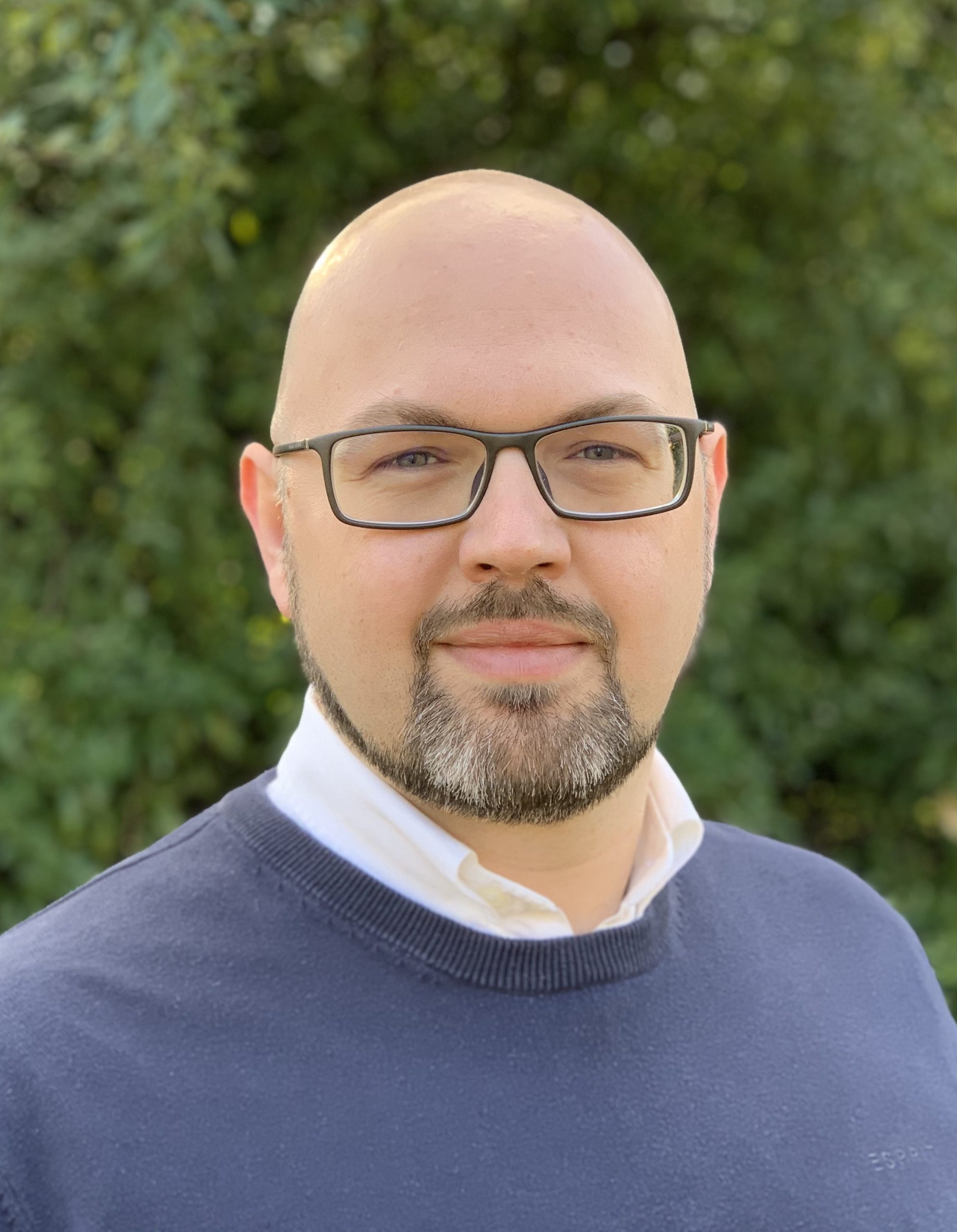
Michael Seidl
Utrecht University

Michael Seidl
Utrecht University
Networks:
Fields of interest:
We are interesting in understanding the processes that contribute to the establishment of genetic variation in (eukaryotic) microbes, and how these microbes evolve and adapt to their environment.
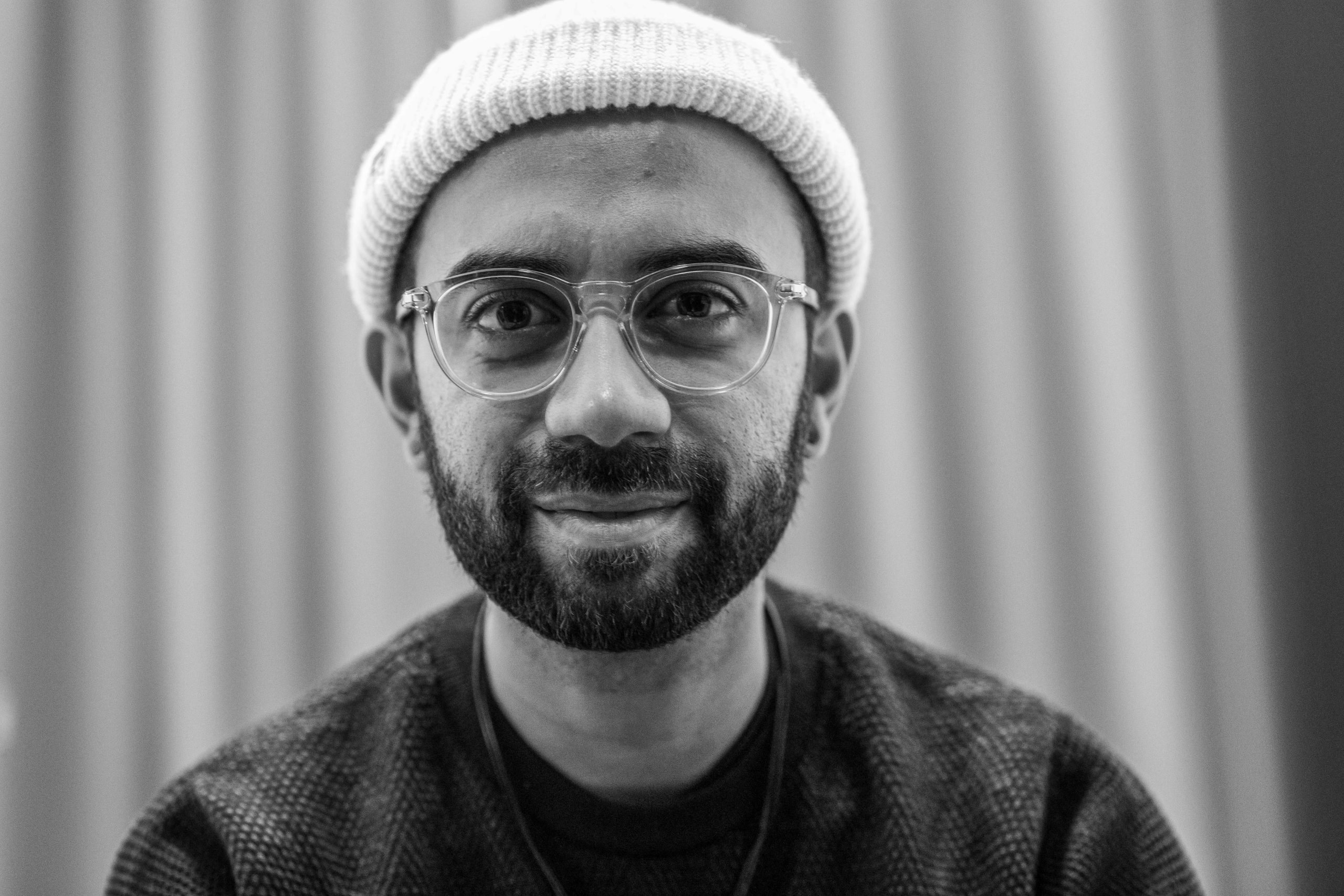
Udo Sen
Wageningen University and Research

Udo Sen
Wageningen University and Research
Networks:
Fields of interest:
I am interested in the physical factors that led to the origin of multicellularity from unicellular organisms. To this end, I use tools of soft condensed matter physics to look at the motion of cells and their interaction with external stimuli and stressors.
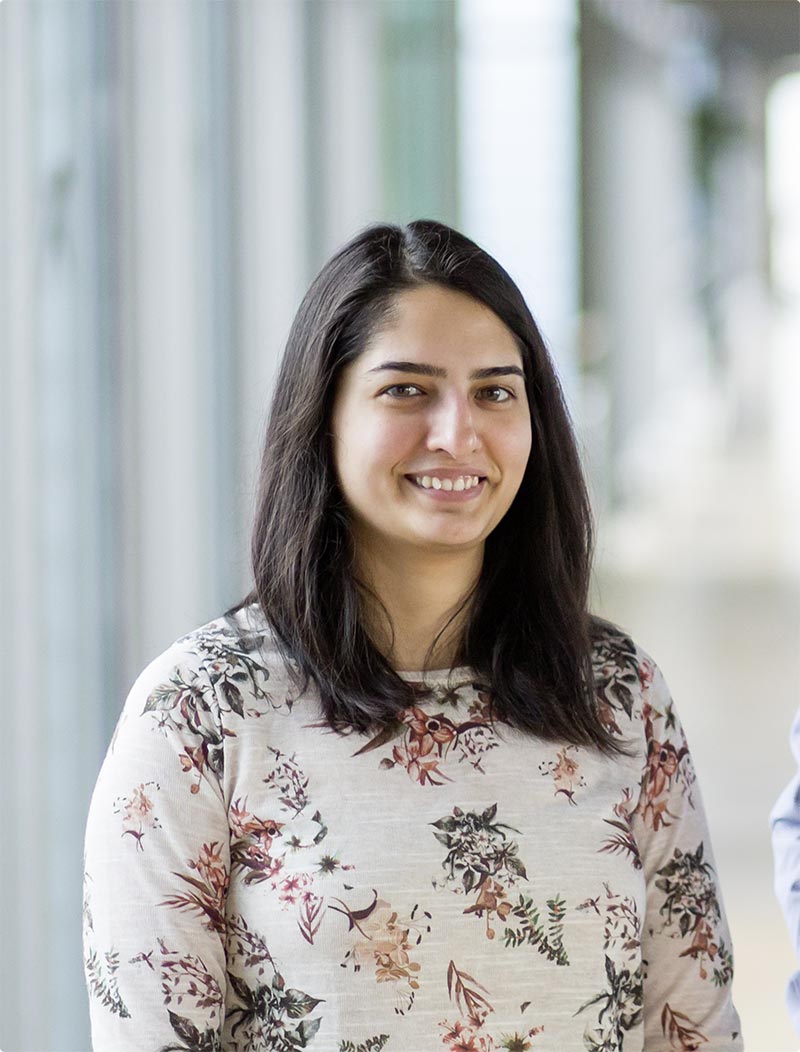
Shraddha Shitut
Leiden University, Origins Center

Shraddha Shitut
Leiden University, Origins Center
Networks:
Fields of interest:
Evolutionary change within and between species arises gradually via the slow accumulation of mutations. However, large changes via so-called major transitions can give rise to fundamentally new forms of organismal complexity. Using a combination of experimental evolution, synthetic biology and predictive mathematical modelling, I aim to tackle these unknowns, more specifically the initial steps from simple (single genome) to complex cells (multiple chromosomes).
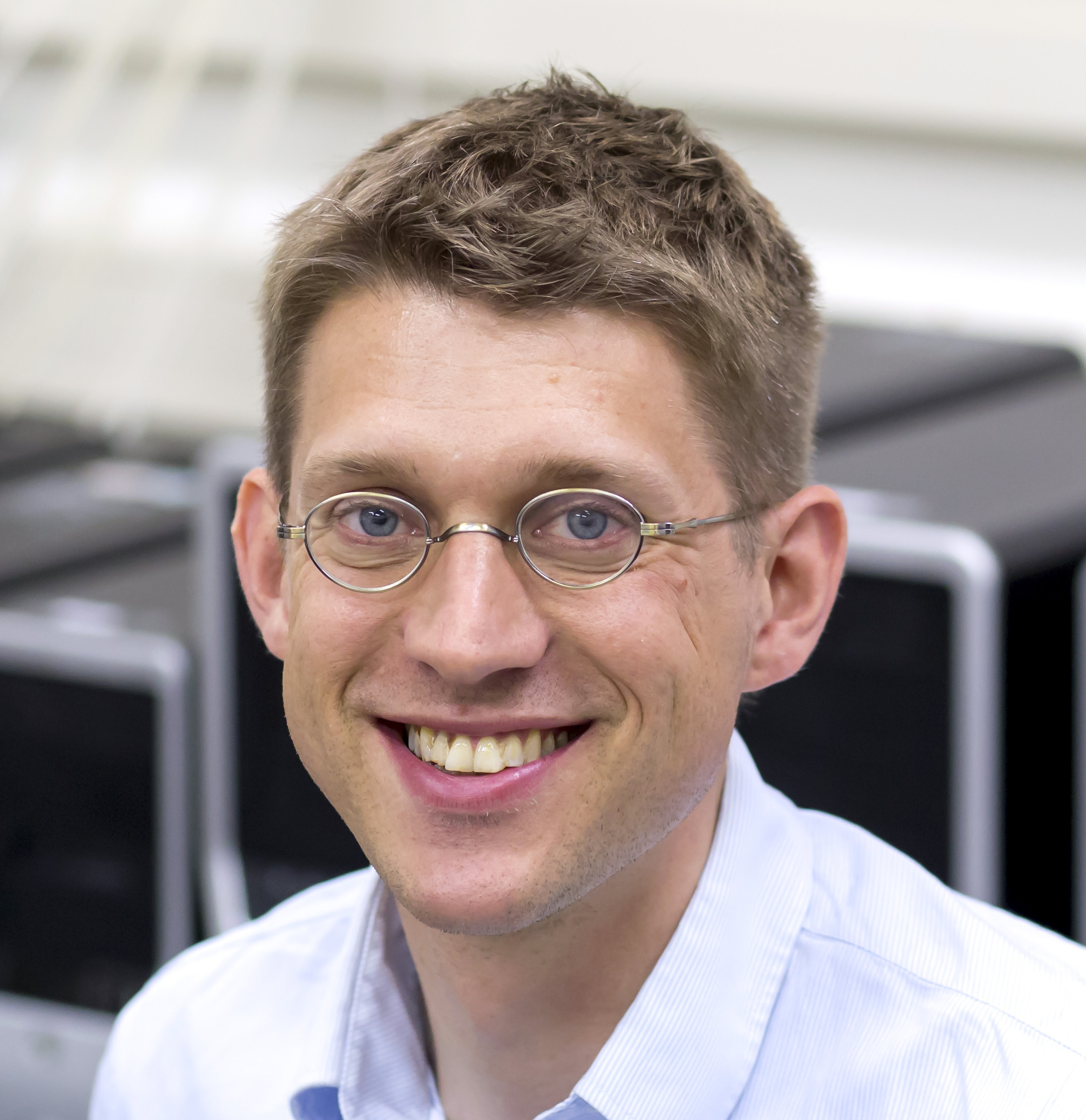
Berend Snel
Utrecht University

Berend Snel
Utrecht University
E: b.snel@uu.nl
Networks:
Fields of interest:
My main scientific interest is in utilizing "omics" data and especially genomes to understand function and evolution of complex biological systems. We first do that by in depth phylogenomics of specific eukaryotic cellular processes, most prominently the kinetochore and the core transcriptional machinery. Inspired by findings from these in depth studies, we seek to contextualize the evolutionary phenomena we observe. Hence we also study general genome evolution of core eukaryotic cellular processes including their origin during eukaryogenesis.
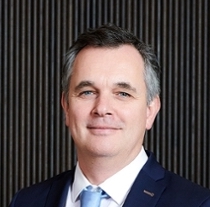
Ignas Snellen
Leiden Observatory, Leiden University

Ignas Snellen
Leiden Observatory, Leiden University
Networks:
Fields of interest:
Extrasolar planets, atmospheres, search for extraterrestrial life
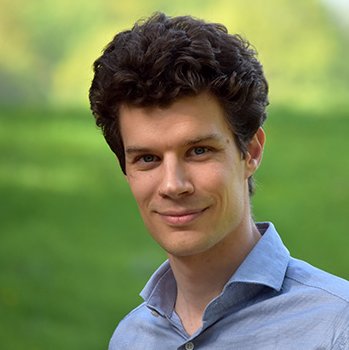
Evan Spruijt
Radboud University Nijmegen

Evan Spruijt
Radboud University Nijmegen
Bio:
Networks:
Fields of interest:
Compartmentalization is a cornerstone of all living systems. We aim to understand how life-like functions such as self-replication, growth and division, could have emerged in simple compartments formed by phase separation under prebiotic conditions. We have developed several minimal model systems that show active growth, dissipative adaptation and self-division. Our ultimate goal is to be able to create a self-proliferating protocell from a mixture of non-living building blocks.
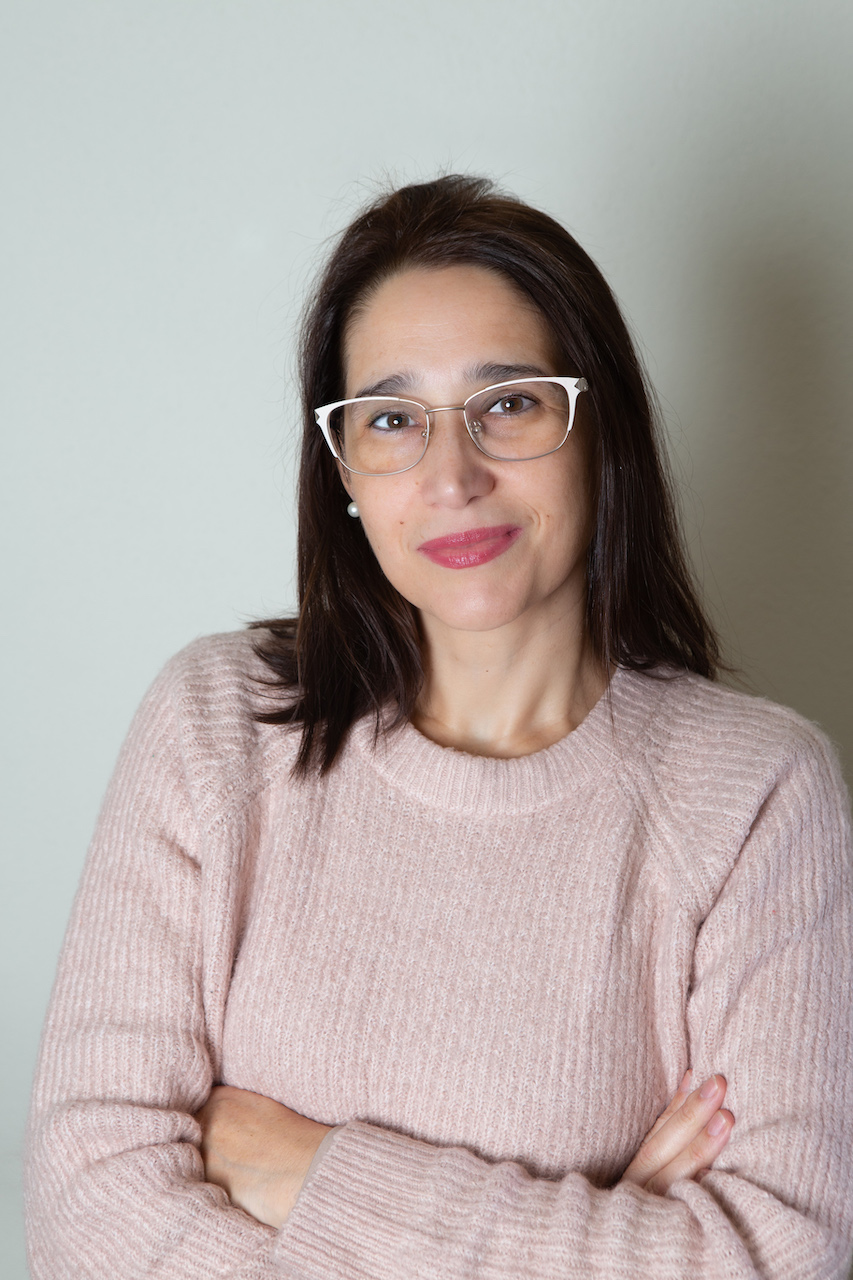
Mónica Sánchez-Román
Vrije Universiteit

Mónica Sánchez-Román
Vrije Universiteit
Networks:
Fields of interest:
My research focus on the understanding of geochemical and microbial signatures in carbonate deposits as well as in the detection of microbial life in extreme environments.
T
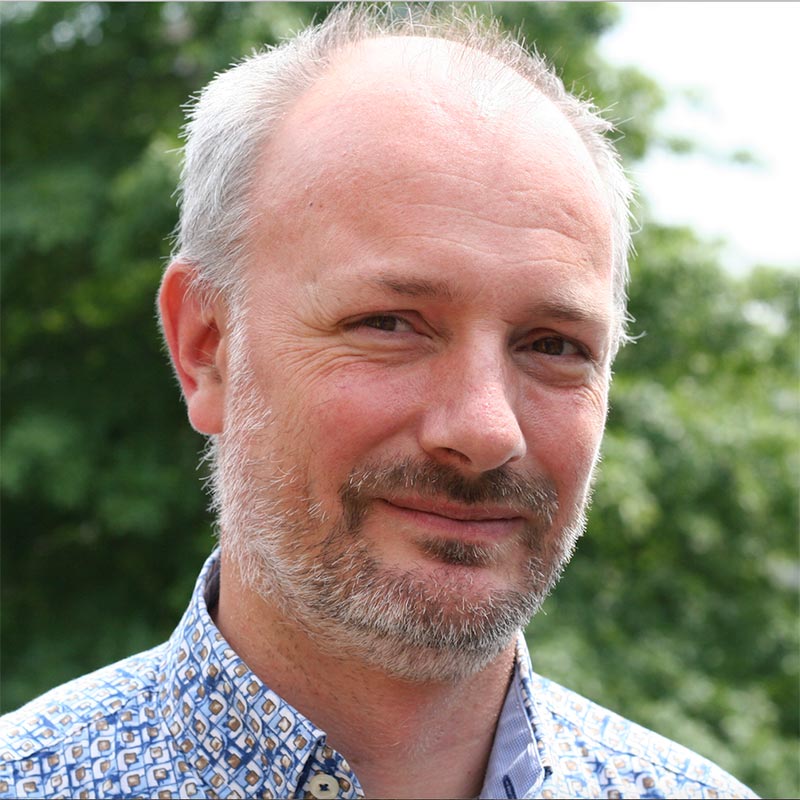
Floris van der Tak
Member Steering Committee
SRON & University of Groningen

Floris van der Tak
Member Steering Committee
SRON & University of Groningen
Networks:
Fields of interest:
My group studies the chemistry of star- and planet-forming regions, and the origin of habitability on planets. We observe clouds, stars, and (exo)planets with ground- and space-based telescopes at infrared and radio wavelengths. We compare the measured composition of planetary atmospheres and planetary systems in formation to predictions of astro- and geochemical models.
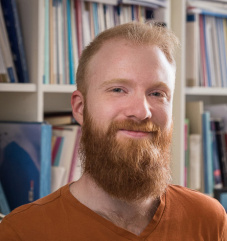
Daniel Tamarit
Utrecht University

Daniel Tamarit
Utrecht University
Networks:
Fields of interest:
My research focuses on understanding the principles of genome evolution across the tree of life, as well as characterising major transitions in evolution.

Irene Tieleman
GELIFES, Rijksuniversiteit Groningen

Irene Tieleman
GELIFES, Rijksuniversiteit Groningen
Networks:
Fields of interest:
I work on evolutionary and ecological adaptations and flexibility of organisms to live in dynamic and/or extreme environments. I am also interested in habitability of extraterrestrial planets.
V
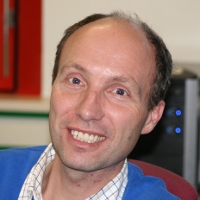
Gijs A. Verdoes Kleijn
University of Groningen

Gijs A. Verdoes Kleijn
University of Groningen
Networks:
Fields of interest:
1. Near-Earth Objects
2. Astrophysics of habitability. In particular the astrophysics of the long-term past and future of Earth's life.
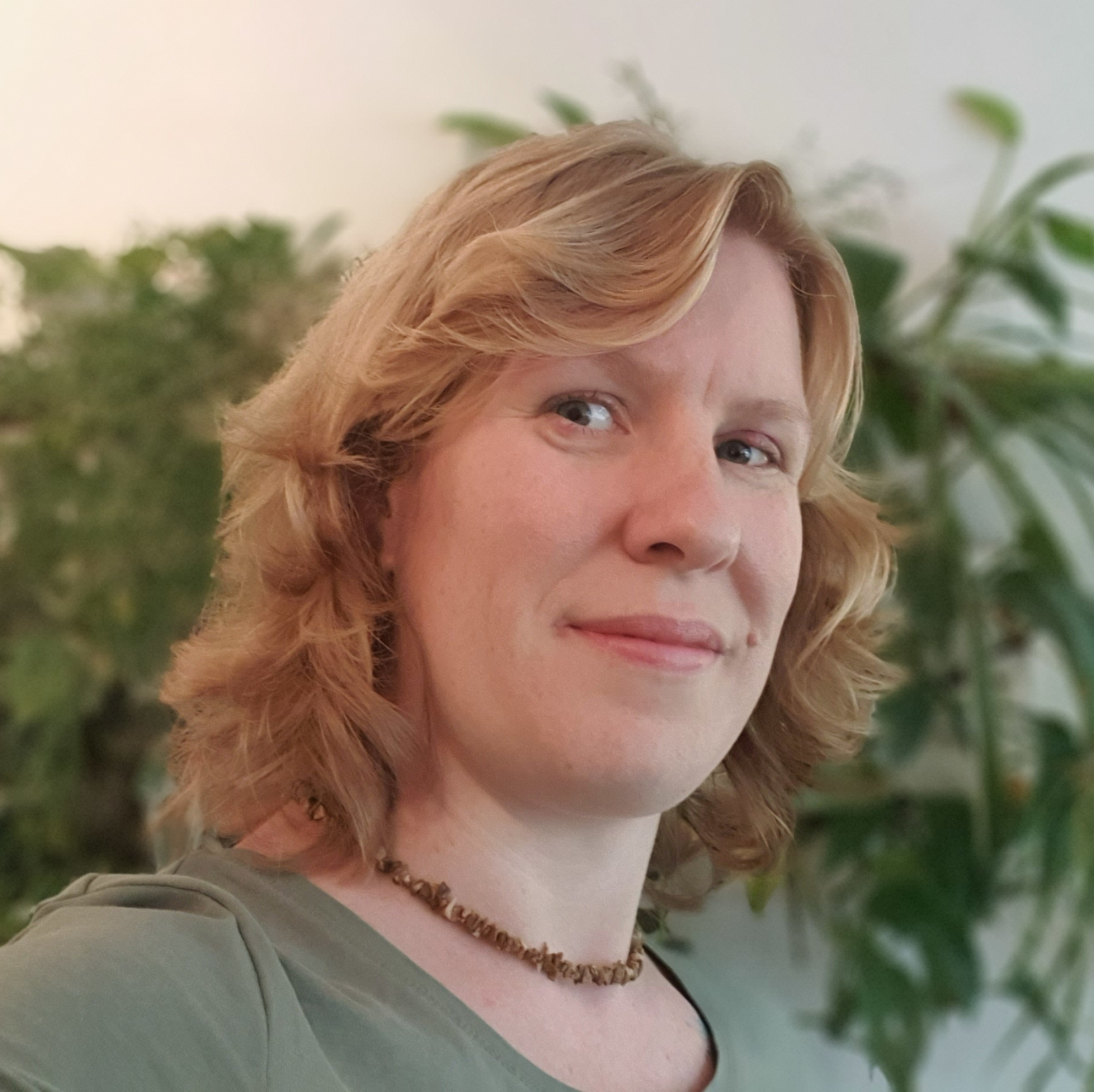
Eveline Verhulst
Wageningen University

Eveline Verhulst
Wageningen University
Networks:
Fields of interest:
I work on sex determination and sexual differentiation (in insects) and would like to understand how the diversity of sexually dimorphic traits develop and evolve from a molecular point of view.
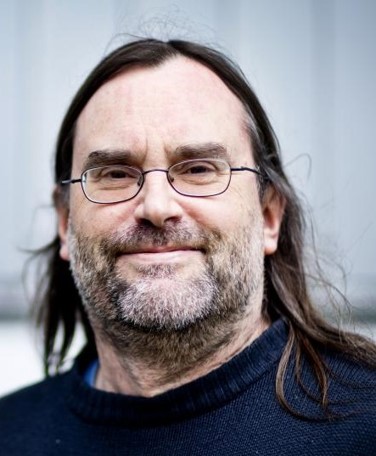
Bert Vermeersen
TU Delft and Royal NIOZ

Bert Vermeersen
TU Delft and Royal NIOZ
Networks:
Fields of interest:
Search for habitability of icy moons in our Solar System and around exoplanets
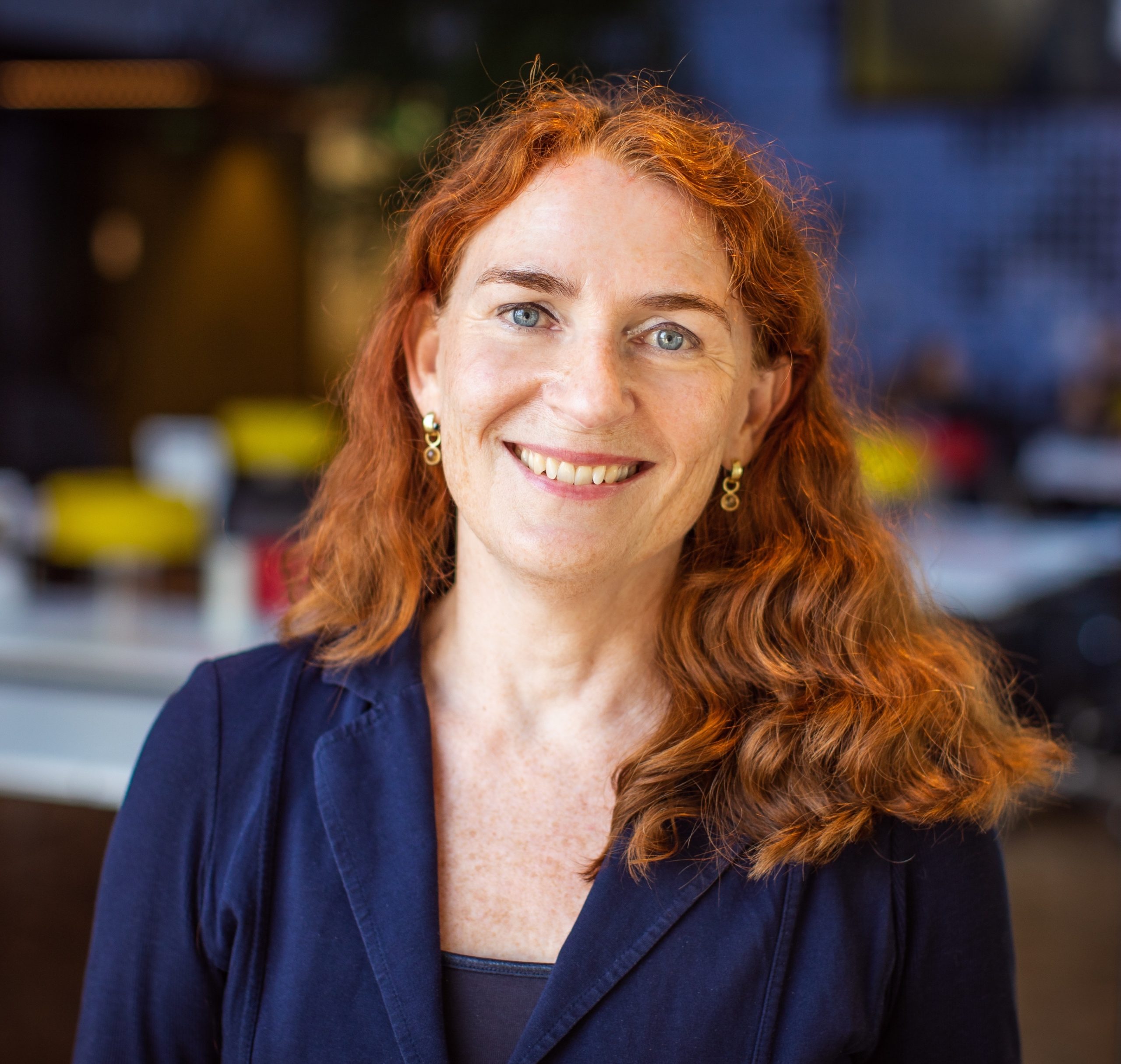
Pernette J. Verschure
Swammerdam Institute for Life Sciences, University of Amsterdam, Dept. of Medical Biochemistry, Amsterdam UMC, University Medical Centers, University of Amsterdam

Pernette J. Verschure
Swammerdam Institute for Life Sciences, University of Amsterdam, Dept. of Medical Biochemistry, Amsterdam UMC, University Medical Centers, University of Amsterdam
Networks:
Fields of interest:
The research group of prof. dr. Verschure focuses on the emerging principles of epigenetic dynamics, to understand how individual cells change their functional behavior upon exposure to altered environmental conditions.
We question whether cell-to-cell variability in epigenetics and transcription timing allows particular cell types to have a selective advantage with improved homeostasis and survival, or perform deregulated behavior and grow into pathological cells that e.g. escape treatments.
We modulate the epigenetic composition and transcriptional dynamics with dedicated single-cell experimental (biochemical and advanced/super-resolution microscopy) and computational tools.
We are interested in studying the impact of epigenetic plasticity on the evolution of multicellular systems and how heterogeneity in epigenetic regulation shapes cell-cell interactions.
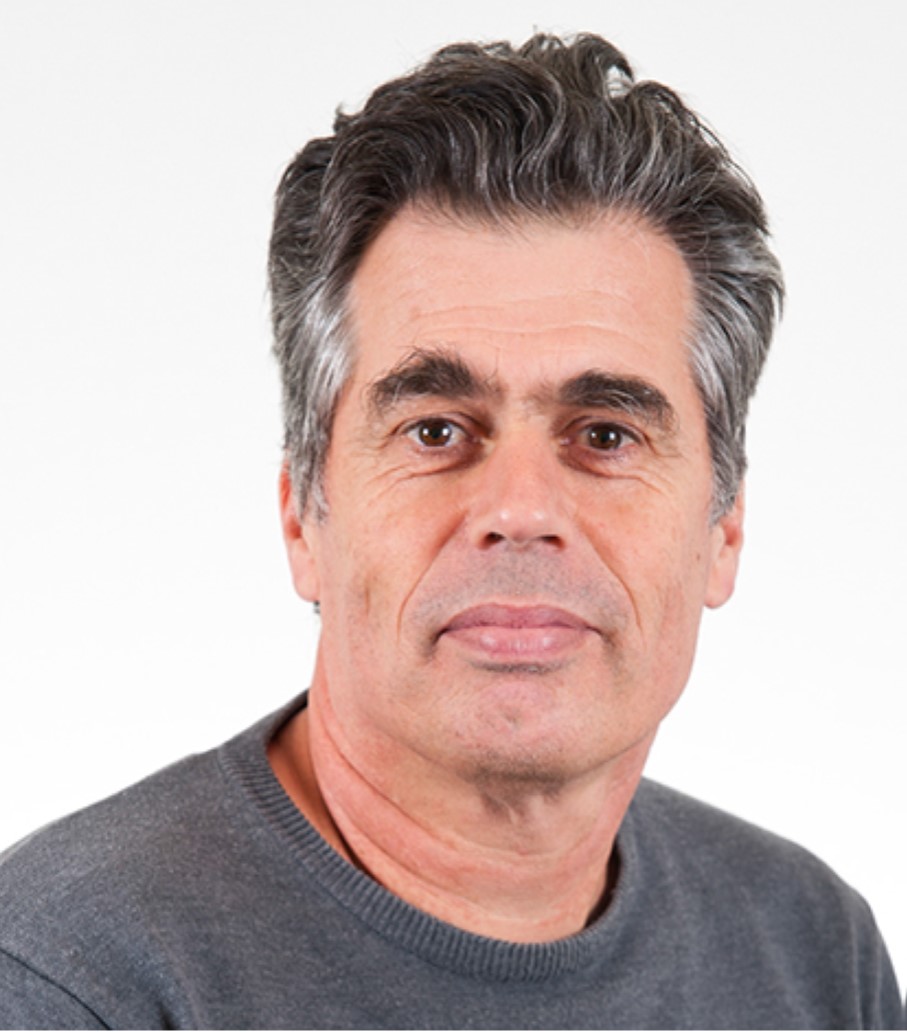
Marcel Visser
Netherlands Institute of Ecology (NIOO-KNAW)

Marcel Visser
Netherlands Institute of Ecology (NIOO-KNAW)
Networks:
Fields of interest:
Predicting evolution
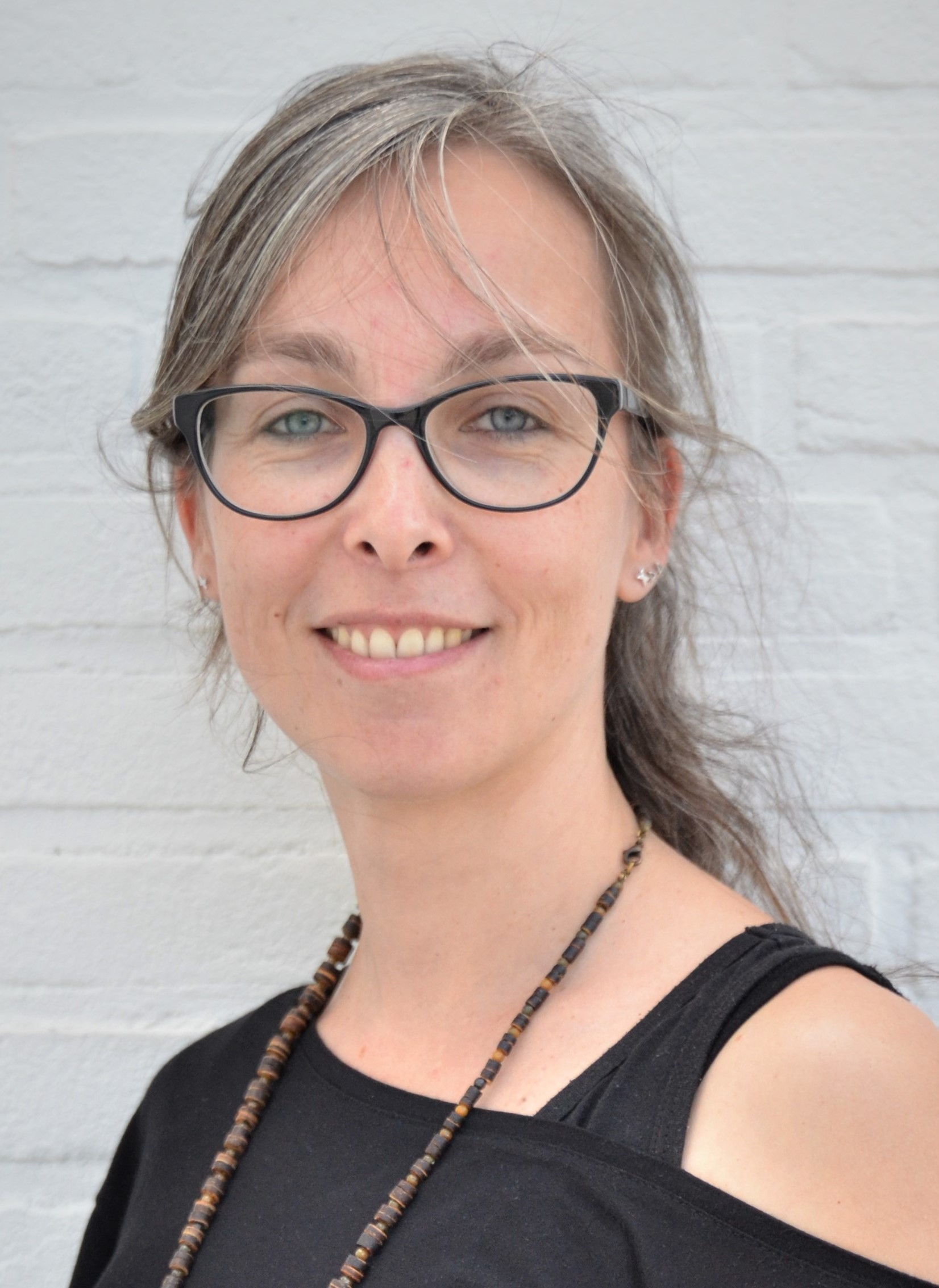
Marjon de Vos
Rijksuniversiteit Groningen - GELIFES

Marjon de Vos
Rijksuniversiteit Groningen - GELIFES
Networks:
Fields of interest:
Can ecological interactions inform on community formation and future evolution?
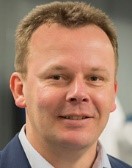
Ronald de Vries
Westerdijk Fungal Biodiversity Institute & Utrecht University

Ronald de Vries
Westerdijk Fungal Biodiversity Institute & Utrecht University
Networks:
Fields of interest:
My group studies the molecular mechanisms involved in the utilization of natural carbon sources by fungi and the diversity of this process among fungi. For this we use a wide range of approaches, with a strong bioinformatic component. The insights obtained in the more fundamental studies are used in applied studies to support the development of a biobased circular economy.
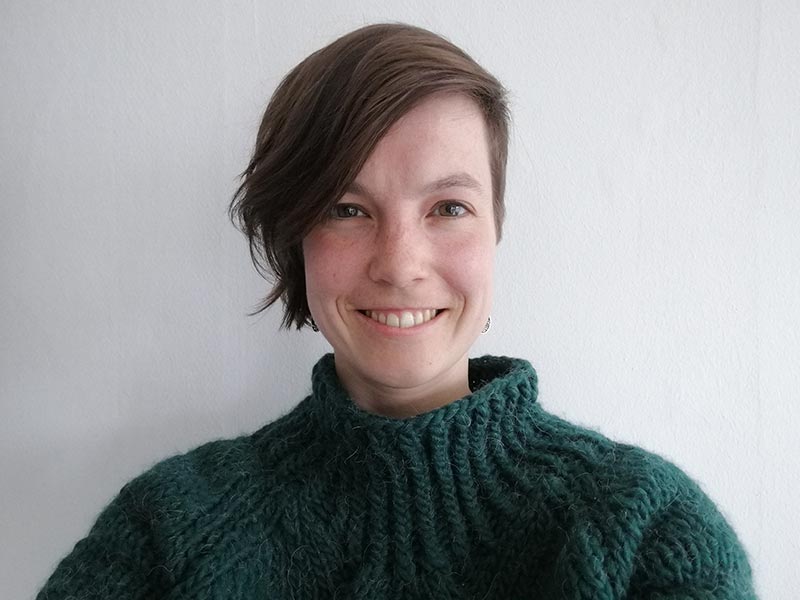
Renske Vroomans
University of Amsterdam, Origins Center

Renske Vroomans
University of Amsterdam, Origins Center
Networks:
Fields of interest:
I work on the evolution of multicellularity. I am interested in the evolution of early developmental programs. Once cells find themselves in a multicellular cluster, how do they start dividing tasks and making sure that the right cells are in the right place? This is connected to the evolution of body axes: the head-tail axes in animals for instance.
W

Bregje Wertheim
Member Steering Committee
University of Groningen

Bregje Wertheim
Member Steering Committee
University of Groningen
Networks:
Fields of interest:
I am fascinated by the genomic basis of evolution: how the genome shapes and affects the ability of organisms to adapt. It is only since a decade that technology allowed us to start quantifying genomic variation within and among species. In my research, I have been employing state-of-the-art technologies and analyses to investigate the true complexity of evolutionary processes and answer long-standing questions in evolution, mapping how genomes change during evolution and how these changes are manifested in gene networks.
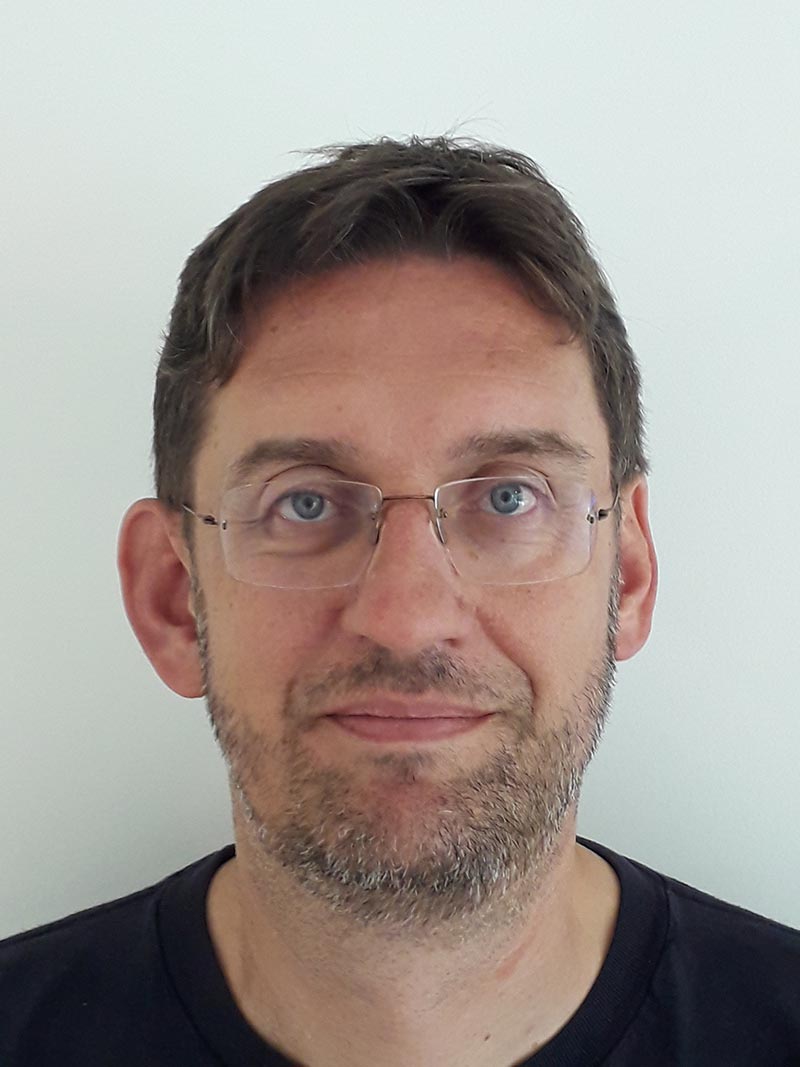
Wim van Westrenen
Vrije Universiteit Amsterdam

Wim van Westrenen
Vrije Universiteit Amsterdam
Networks:
Fields of interest:
I am interested in rocky planet formation and early evolution. In the context of the Origins Centre I would like to learn more about the geological context for origin of life by studying the interplay between the chemistry and dynamics of proto-planetary disks and the interior structure, surface and atmospheric properties of rocky exoplanets.
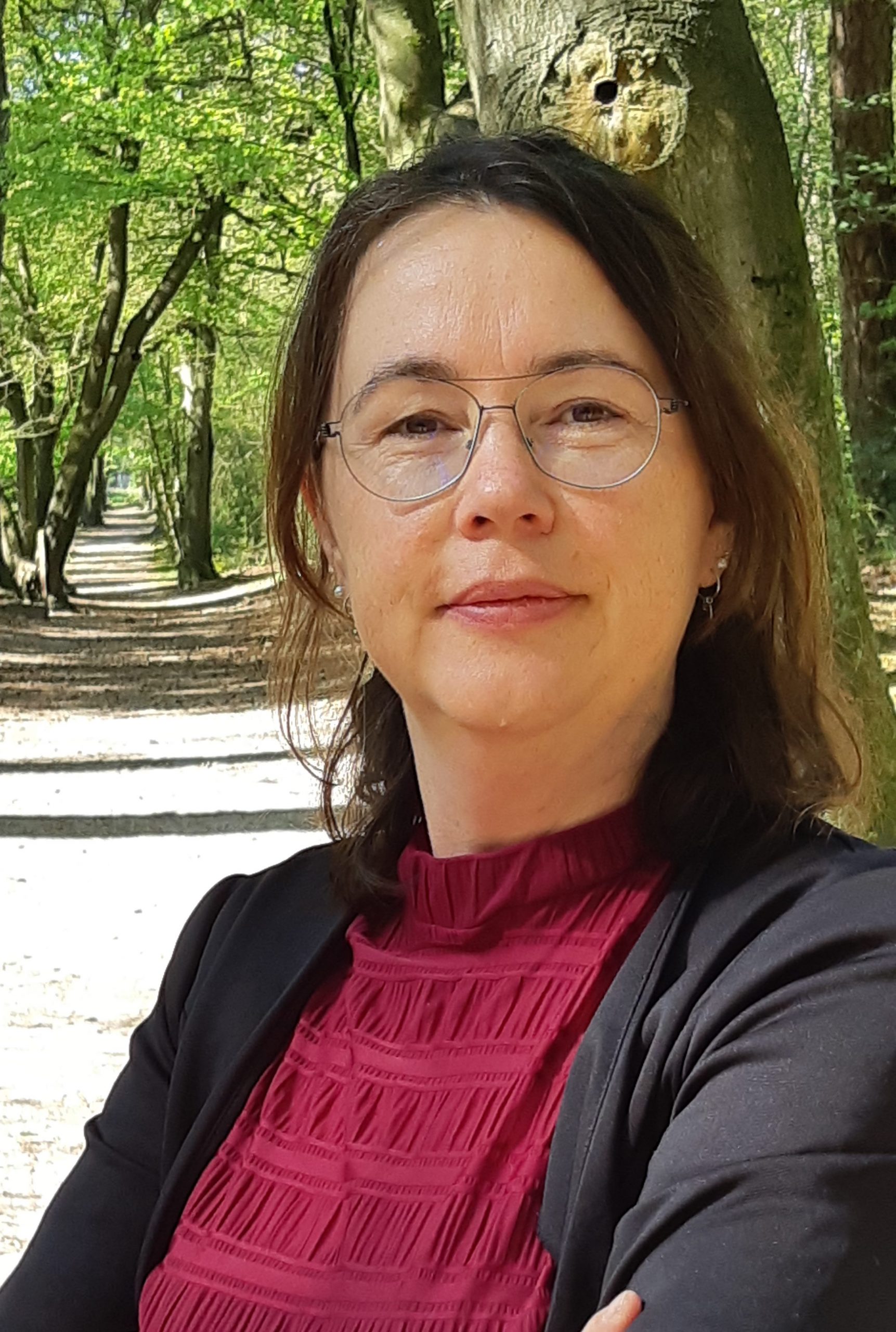
Mariette Wolthers
Utrecht university

Mariette Wolthers
Utrecht university
Networks:
Fields of interest:
I am fascinated about the potential role mineral-water interfaces may have played at the onset of life: concentrating building blocks of life or catalysing their formation, providing porous sheltered environments...
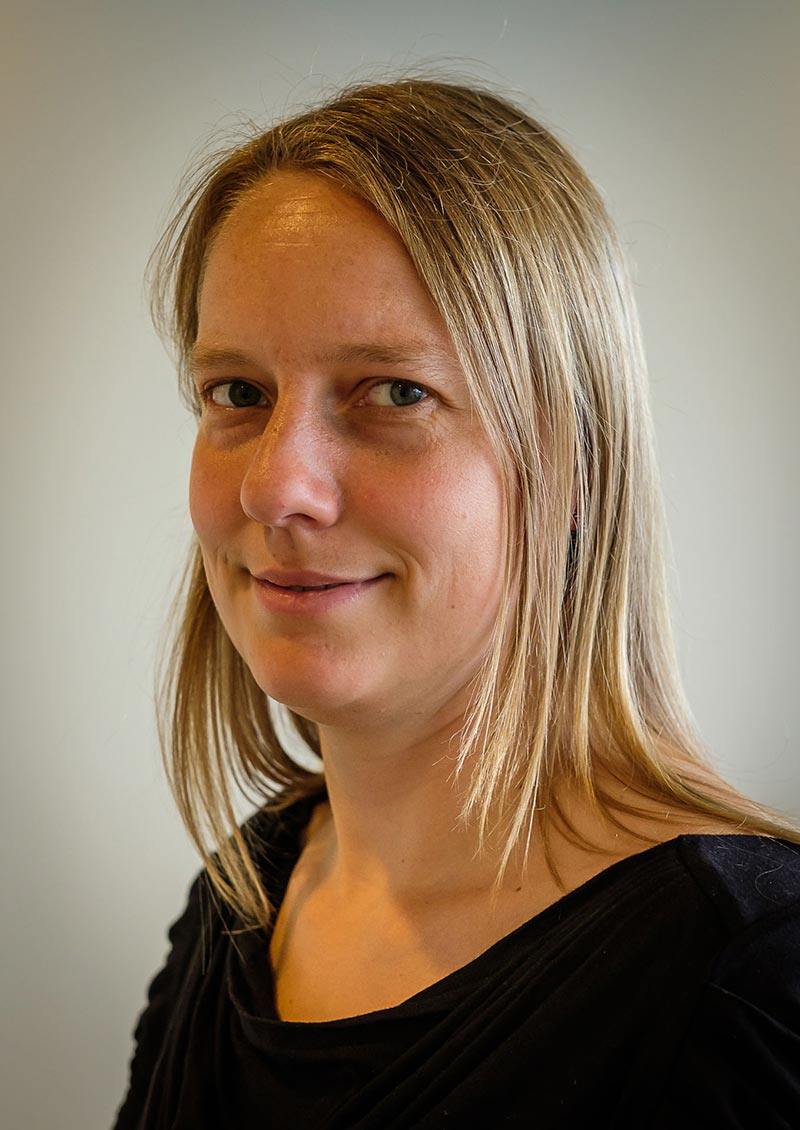
Meike Wortel
University of Amsterdam, Origins Center (2018-2020)

Meike Wortel
University of Amsterdam, Origins Center (2018-2020)
Networks:
Fields of interest:
How do species evolve and how is this affected by interactions with other species? I focus on micro-organisms and host-microbe interactions, and their interaction through metabolism.
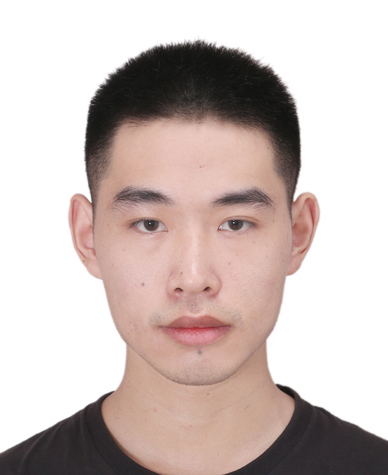
Juntian Wu
University of Groningen

Juntian Wu
University of Groningen
Networks:
Fields of interest:
My research focus on exploring the origins of life and Darwinian evolution by using dynamic combinatorial chemistry.
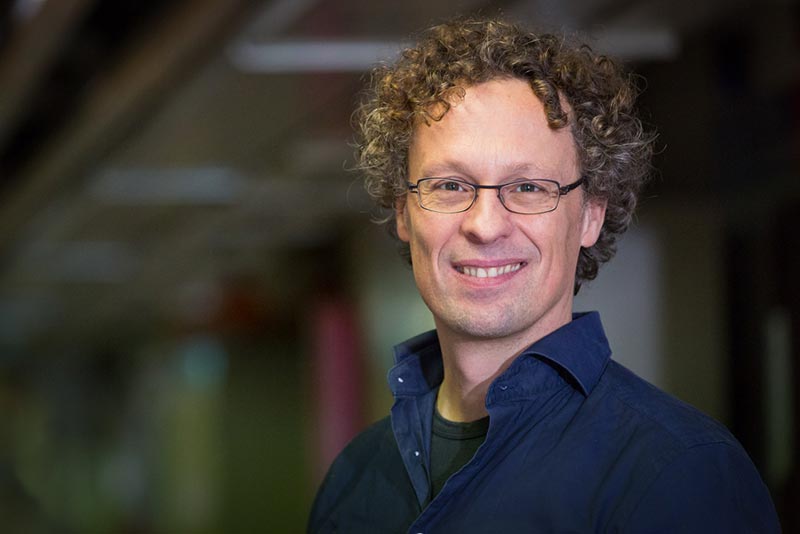
Gijs Wuite
Vrije Universiteit Amsterdam

Gijs Wuite
Vrije Universiteit Amsterdam
Networks:
Fields of interest:
My group is part of the Physics of Living Systems Section in the faculty of Sciences at the Vrije Universiteit Amsterdam. The research in the group focuses on exploring DNA-proteins interactions and biophysical/biomechanical properties of viral capsids & cells. The aim is to work with increasingly more complex assemblies of proteins to investigate the emergent properties from these systems. This approach bridges experimental systems biology and single-molecule manipulation techniques. We use a variety of techniques such as optical tweezers, AFM, and single-molecule fluorescence as well as combinations of these techniques. The data obtained are related to biochemical studies and used for theoretical modeling.
X
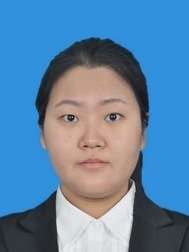
Shu Xie
University of Groningen

Shu Xie
University of Groningen
E: s.xie@rug.nl
Networks:
Fields of interest:
I'm working on models of biological diversification.
Z
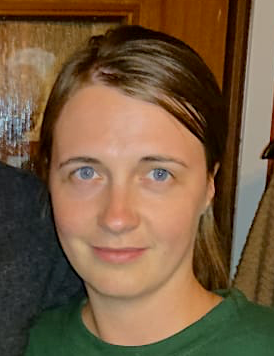
Alexandra Zetterlind
Utrecht University

Alexandra Zetterlind
Utrecht University
Networks:
Fields of interest:
Delivery of volatile material to young, rocky, (exo)planets by combined numerical and experimental approach.


